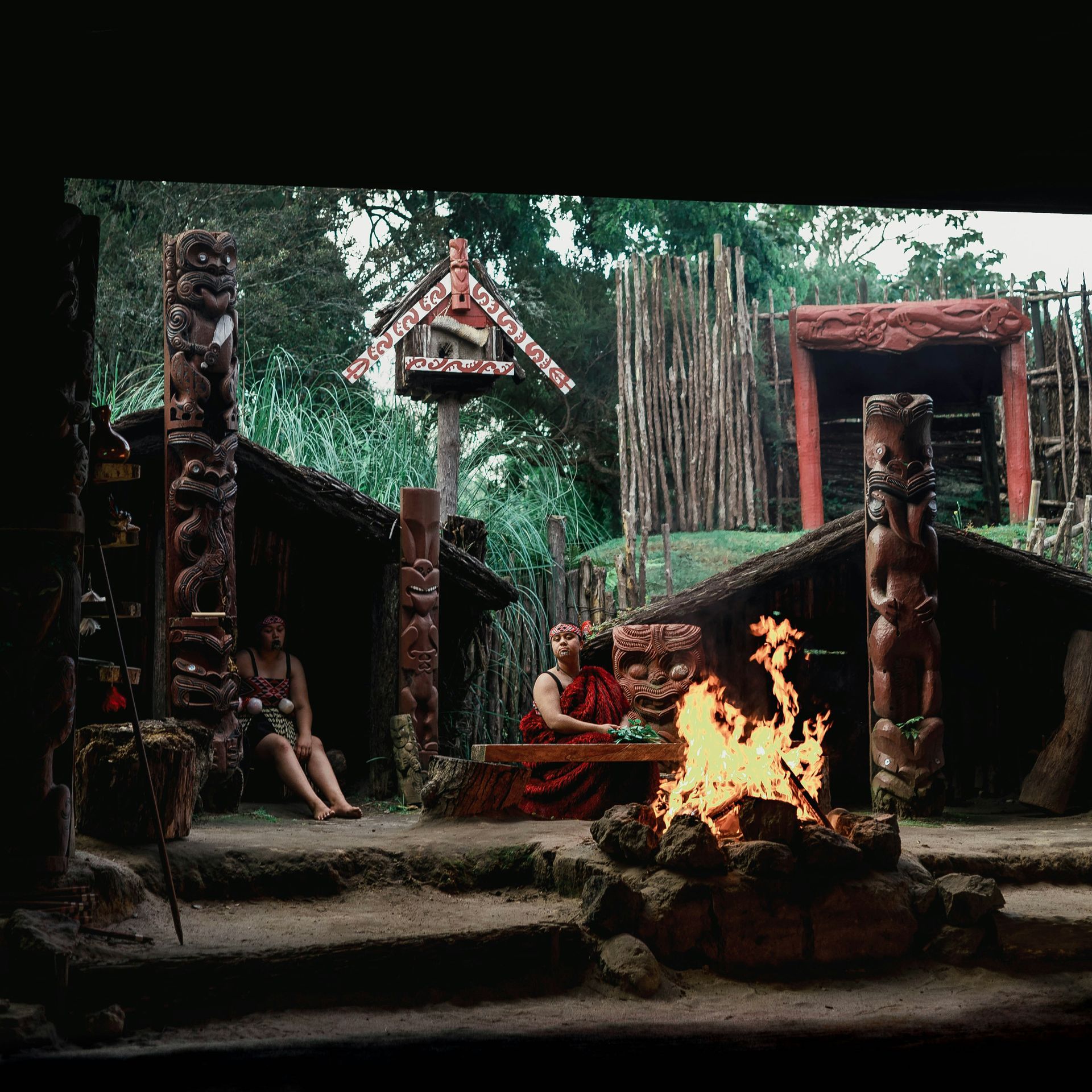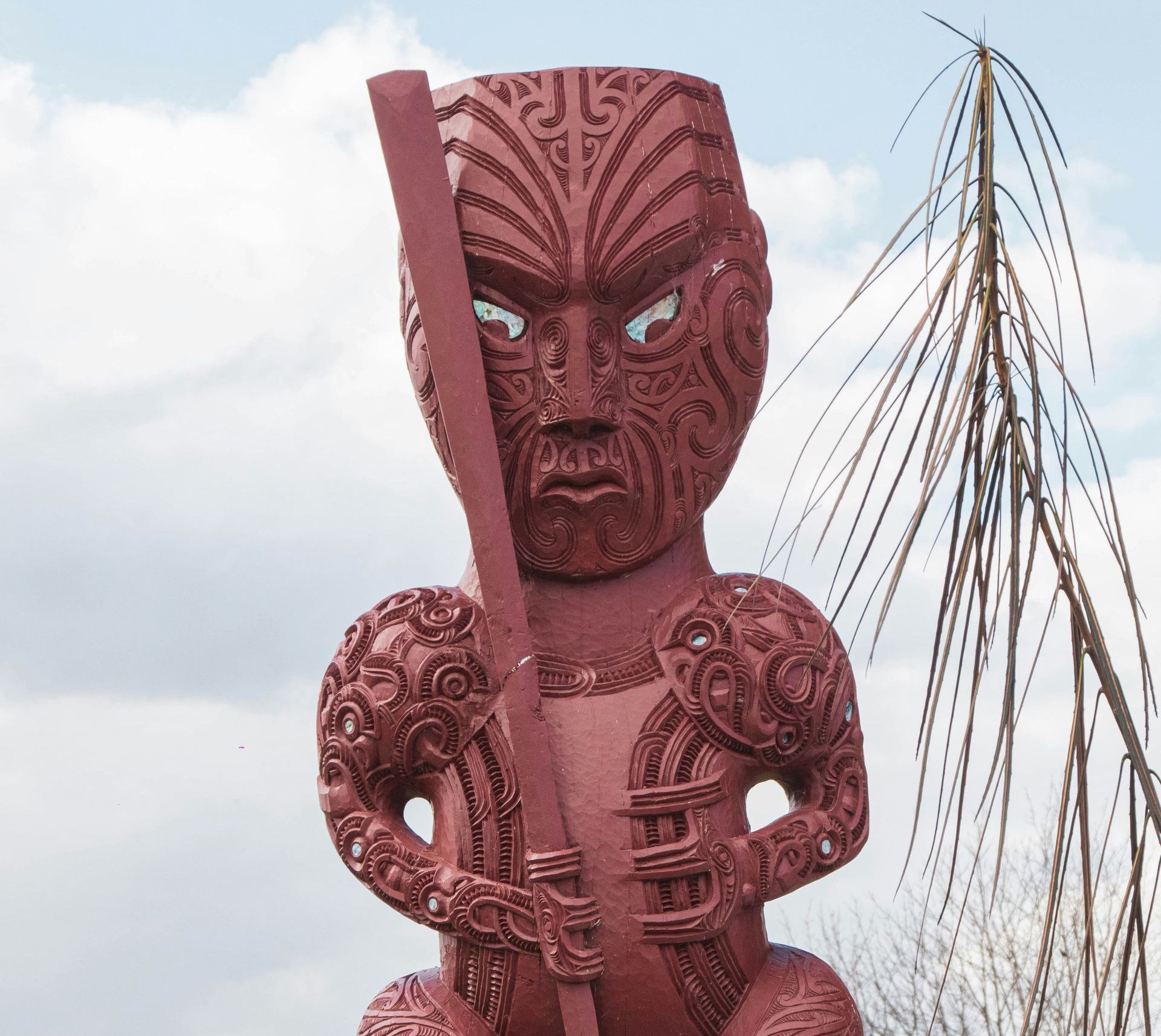New Zealand
New Zealand is a land of breathtaking beauty, where towering mountains, lush forests, and pristine coastlines come together to create a landscape unlike any other. Known for its deep connection to nature and rich Māori heritage, the country offers travelers a unique blend of adventure, culture, and serenity. Whether you're exploring dramatic fjords, relaxing on golden beaches, or discovering local traditions, New Zealand invites you into a world where the wild feels sacred and every journey is unforgettable.
Why
New Zealand?
New Zealand is a destination that offers something for every kind of traveler. From its stunning natural wonders—like glaciers, geothermal springs, and rugged coastlines—to its vibrant cities and welcoming locals, the country is full of contrast and character. It’s a place where outdoor adventure meets rich cultural experiences, and where safety, sustainability, and hospitality are deeply valued. Whether you're seeking adrenaline, tranquility, or inspiration, New Zealand’s diverse landscapes and spirit of exploration make it a truly rewarding place to visit.
Land of Aotearoa.
Aotearoa, the Māori name for New Zealand, is translated as “Land of the Long White Cloud.” Rooted in Māori oral traditions, the name reflects the awe-inspiring sight that greeted early Polynesian navigators—long white cloud formations hovering over the islands, guiding them safely to shore. This powerful name symbolizes the deep connection between the Māori people and the land, capturing both New Zealand’s natural beauty and its rich cultural heritage. Today, Aotearoa stands not only as a name but as a reminder of the country's origins, traditions, and enduring spirit.
Why
New Zealand?
New Zealand is a destination that offers something for every kind of traveler. From its stunning natural wonders—like glaciers, geothermal springs, and rugged coastlines—to its vibrant cities and welcoming locals, the country is full of contrast and character. It’s a place where outdoor adventure meets rich cultural experiences, and where safety, sustainability, and hospitality are deeply valued. Whether you're seeking adrenaline, tranquility, or inspiration, New Zealand’s diverse landscapes and spirit of exploration make it a truly rewarding place to visit.
Land of Aotearoa.
Aotearoa, the Māori name for New Zealand, is translated as “Land of the Long White Cloud.” Rooted in Māori oral traditions, the name reflects the awe-inspiring sight that greeted early Polynesian navigators—long white cloud formations hovering over the islands, guiding them safely to shore. This powerful name symbolizes the deep connection between the Māori people and the land, capturing both New Zealand’s natural beauty and its rich cultural heritage. Today, Aotearoa stands not only as a name but as a reminder of the country's origins, traditions, and enduring spirit.
Featured Itineraries
Best of New Zealand
Globus Tour
Australia & New Zealand
Tauck Tour
New Zealand’s Culture
New Zealand’s culture is a rich blend of Māori heritage and European influences, shaped by the land and its people. Māori traditions, language, and customs remain central to national identity, seen in everything from place names to powerful haka performances and intricate carvings. Alongside this, British colonial roots have introduced modern Western elements, creating a unique cultural fusion. Respect for nature, a laid-back lifestyle, and strong community values define everyday life. Whether in art, food, or hospitality, New Zealand’s culture is warm, welcoming, and deeply connected to both its past and natural surroundings.
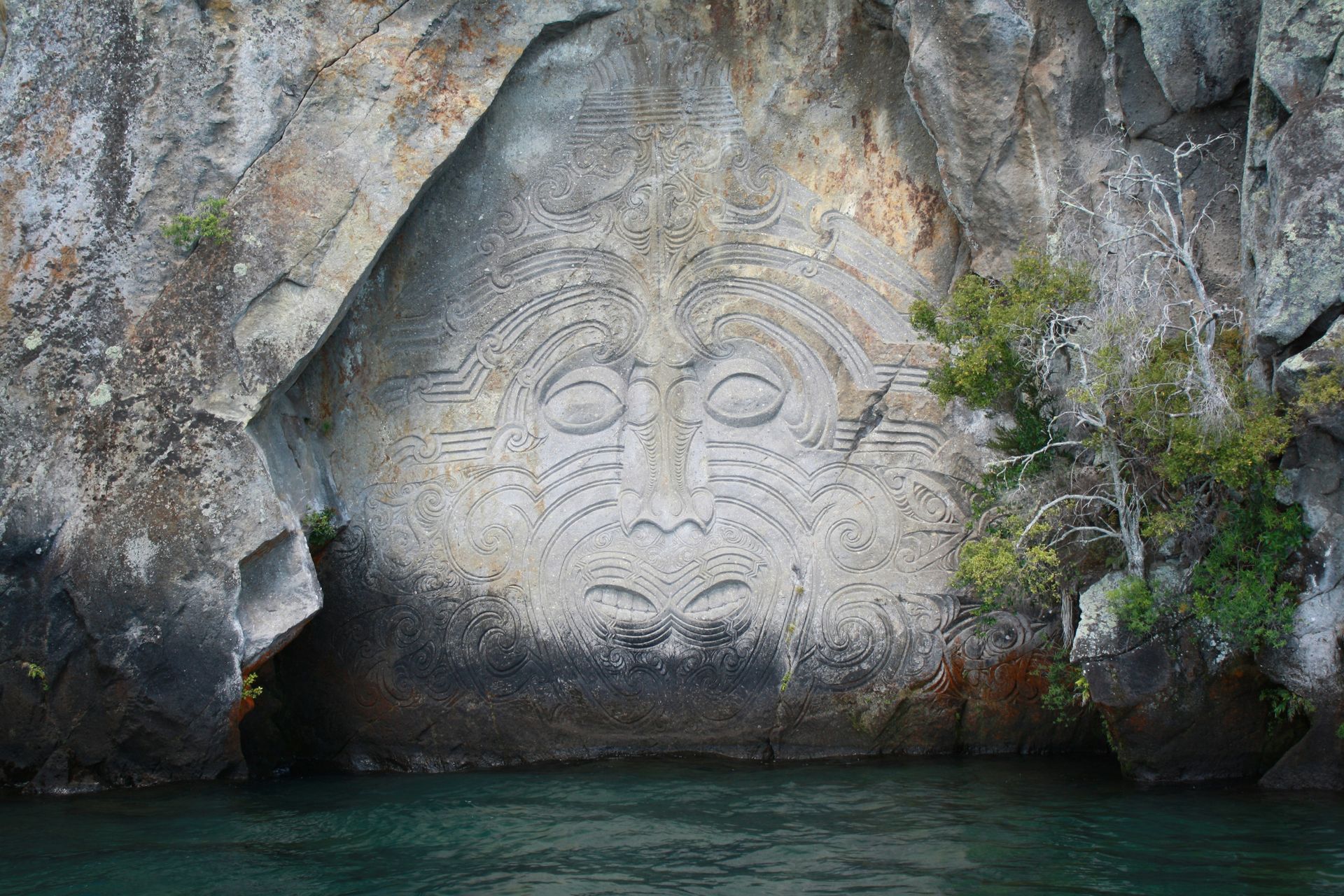
Multiculturalism
Multiculturalism is a defining feature of modern New Zealand, shaped by its strong Māori and European roots and enriched by communities from the Pacific Islands, Asia, the Middle East, and beyond. This cultural diversity is celebrated through festivals, food, art, and daily life, creating a dynamic and welcoming society. New Zealand’s commitment to inclusivity encourages mutual respect and cultural exchange, making it a place where many traditions thrive together under a shared national identity.
Egalitarianism
Egalitarianism is a key value in New Zealand, influencing how people relate to one another. There’s a strong belief in fairness, respect, and equality, regardless of background or status. This is reflected in the country’s relaxed social norms, approachable leadership, and flat hierarchies. Whether at work or in daily life, people tend to interact on equal terms, fostering a culture of humility, openness, and inclusiveness.
Environmental Awareness
Environmental awareness is a core part of New Zealand’s identity, rooted in a deep connection to the land and sea. From protecting native wildlife to embracing sustainable tourism, the country is strongly committed to conservation. Māori values like kaitiakitanga—guardianship of the earth—help shape this ethos. Through both local action and national efforts, New Zealanders work to preserve their environment for future generations, fostering a culture of sustainability and respect for nature.
New Zealand’s Culture
New Zealand’s culture is a rich blend of Māori heritage and European influences, shaped by the land and its people. Māori traditions, language, and customs remain central to national identity, seen in everything from place names to powerful haka performances and intricate carvings. Alongside this, British colonial roots have introduced modern Western elements, creating a unique cultural fusion. Respect for nature, a laid-back lifestyle, and strong community values define everyday life. Whether in art, food, or hospitality, New Zealand’s culture is warm, welcoming, and deeply connected to both its past and natural surroundings.

Multiculturalism
Multiculturalism is a defining feature of modern New Zealand, shaped by its strong Māori and European roots and enriched by communities from the Pacific Islands, Asia, the Middle East, and beyond. This cultural diversity is celebrated through festivals, food, art, and daily life, creating a dynamic and welcoming society. New Zealand’s commitment to inclusivity encourages mutual respect and cultural exchange, making it a place where many traditions thrive together under a shared national identity.
Egalitarianism
Egalitarianism is a key value in New Zealand, influencing how people relate to one another. There’s a strong belief in fairness, respect, and equality, regardless of background or status. This is reflected in the country’s relaxed social norms, approachable leadership, and flat hierarchies. Whether at work or in daily life, people tend to interact on equal terms, fostering a culture of humility, openness, and inclusiveness.
Environmental Awareness
Environmental awareness is a core part of New Zealand’s identity, rooted in a deep connection to the land and sea. From protecting native wildlife to embracing sustainable tourism, the country is strongly committed to conservation. Māori values like kaitiakitanga—guardianship of the earth—help shape this ethos. Through both local action and national efforts, New Zealanders work to preserve their environment for future generations, fostering a culture of sustainability and respect for nature.
New Zealand’s Culture
New Zealand’s culture is a rich blend of Māori heritage and European influences, shaped by the land and its people. Māori traditions, language, and customs remain central to national identity, seen in everything from place names to powerful haka performances and intricate carvings. Alongside this, British colonial roots have introduced modern Western elements, creating a unique cultural fusion. Respect for nature, a laid-back lifestyle, and strong community values define everyday life. Whether in art, food, or hospitality, New Zealand’s culture is warm, welcoming, and deeply connected to both its past and natural surroundings.

Multiculturalism
Multiculturalism is a defining feature of modern New Zealand, shaped by its strong Māori and European roots and enriched by communities from the Pacific Islands, Asia, the Middle East, and beyond. This cultural diversity is celebrated through festivals, food, art, and daily life, creating a dynamic and welcoming society. New Zealand’s commitment to inclusivity encourages mutual respect and cultural exchange, making it a place where many traditions thrive together under a shared national identity.
Egalitarianism
Egalitarianism is a key value in New Zealand, influencing how people relate to one another. There’s a strong belief in fairness, respect, and equality, regardless of background or status. This is reflected in the country’s relaxed social norms, approachable leadership, and flat hierarchies. Whether at work or in daily life, people tend to interact on equal terms, fostering a culture of humility, openness, and inclusiveness.
Environmental Awareness
Environmental awareness is a core part of New Zealand’s identity, rooted in a deep connection to the land and sea. From protecting native wildlife to embracing sustainable tourism, the country is strongly committed to conservation. Māori values like kaitiakitanga—guardianship of the earth—help shape this ethos. Through both local action and national efforts, New Zealanders work to preserve their environment for future generations, fostering a culture of sustainability and respect for nature.
Featured Destinations
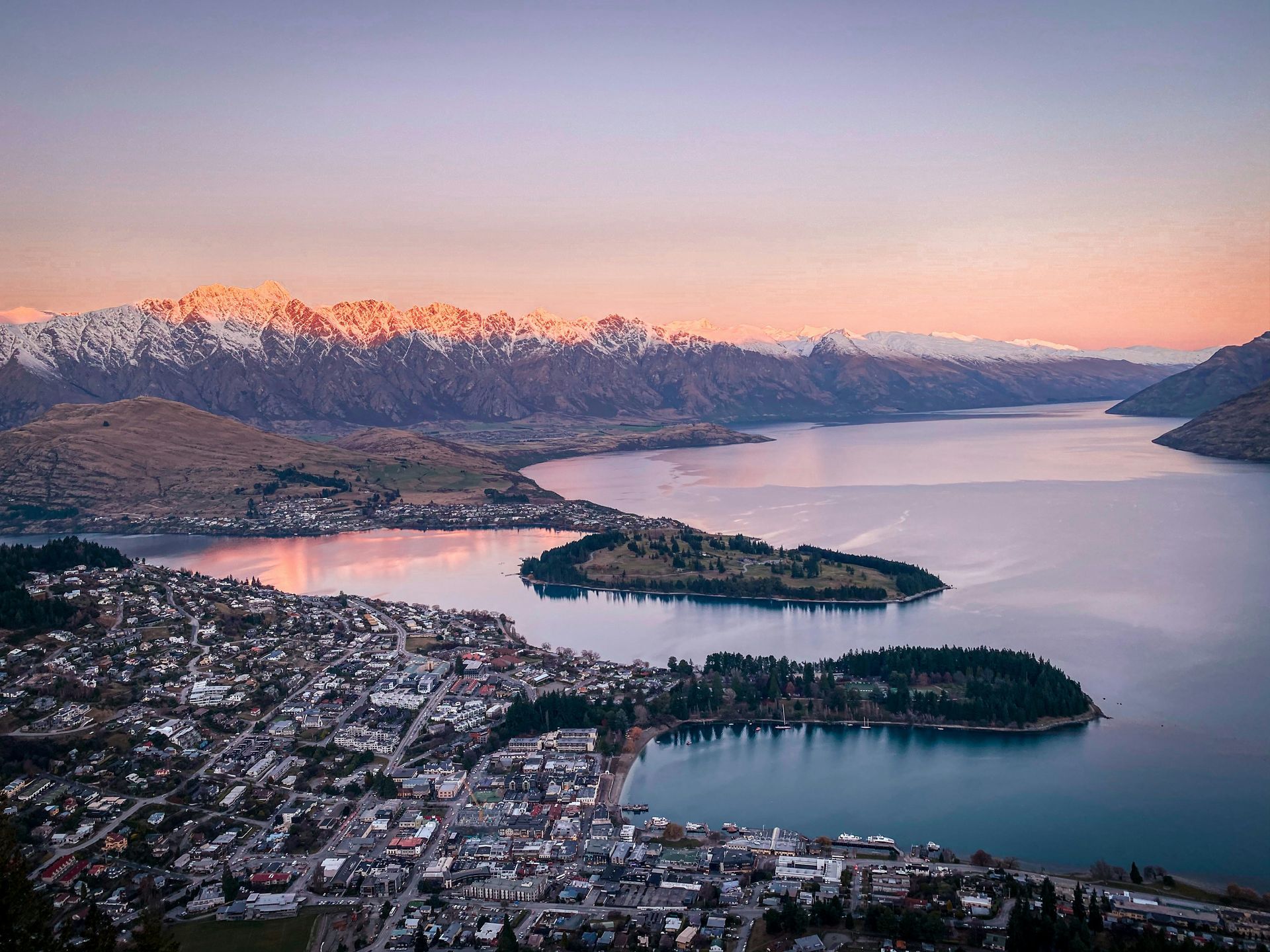
Slide title
Queenstown
Button
Slide title
Queenstown
Button
Slide title
Queenstown
Button
Slide title
Queenstown
Button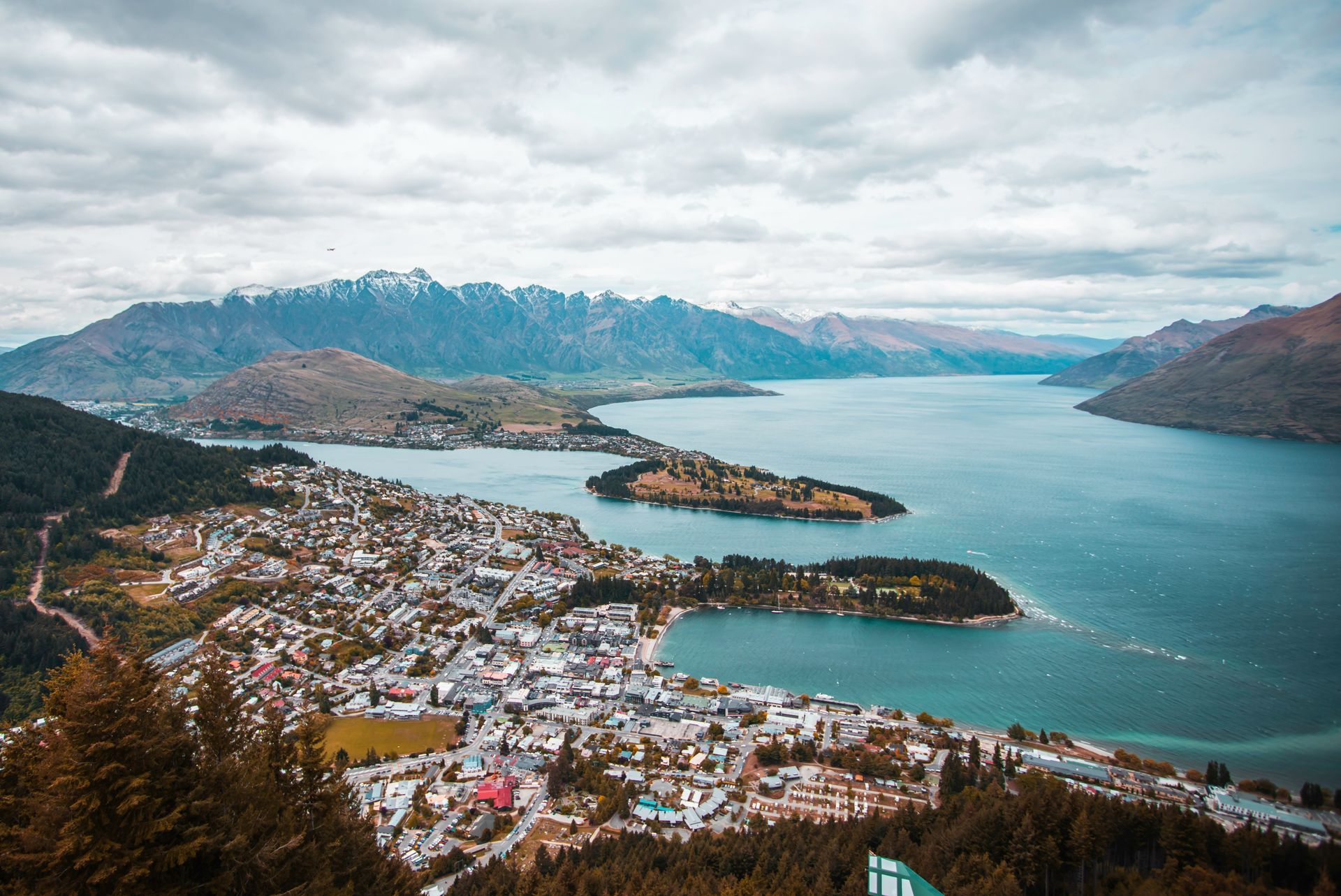
Slide title
Queenstown
Button
Slide title
Queenstown
Button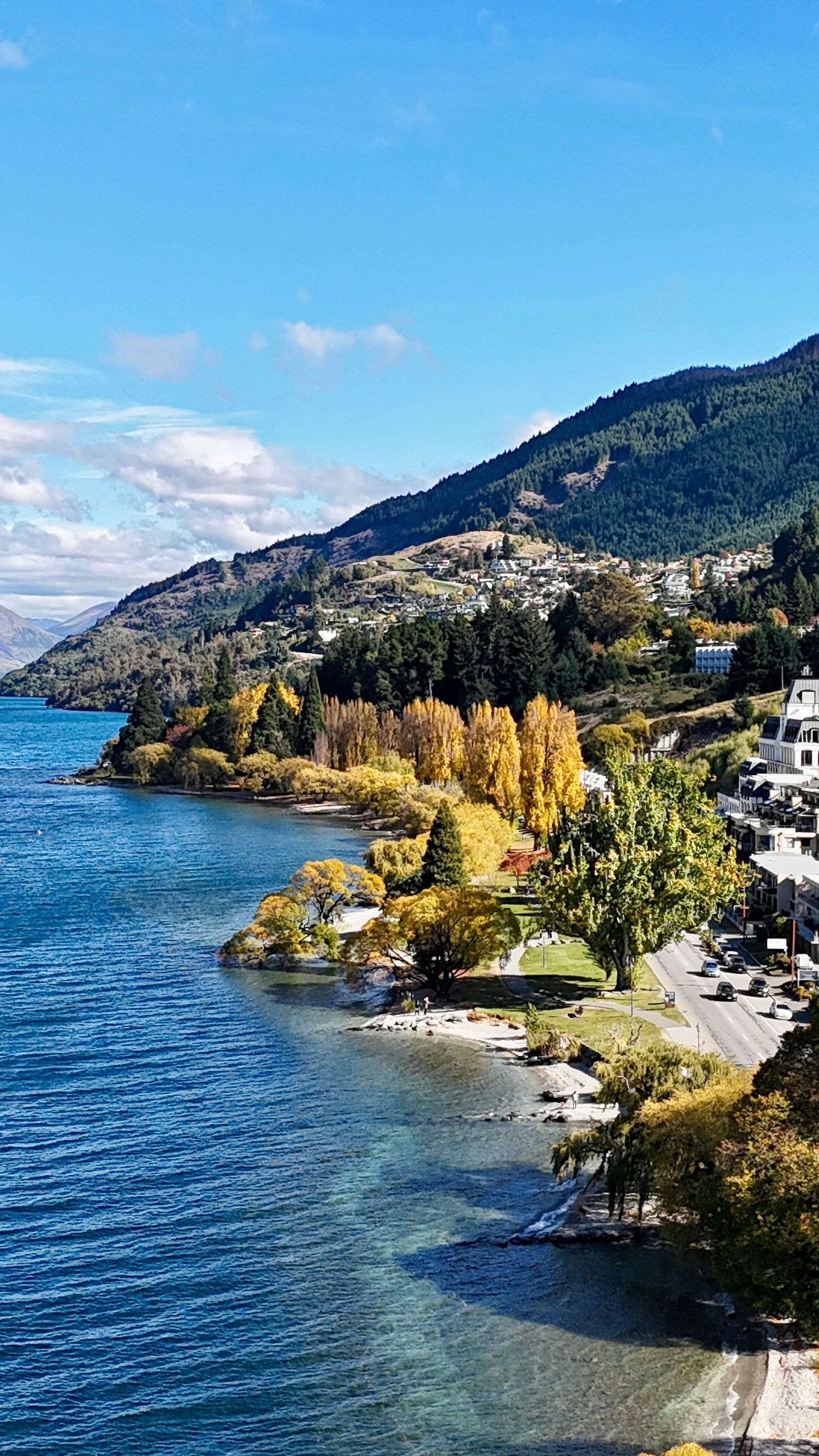
Slide title
Queenstown
Button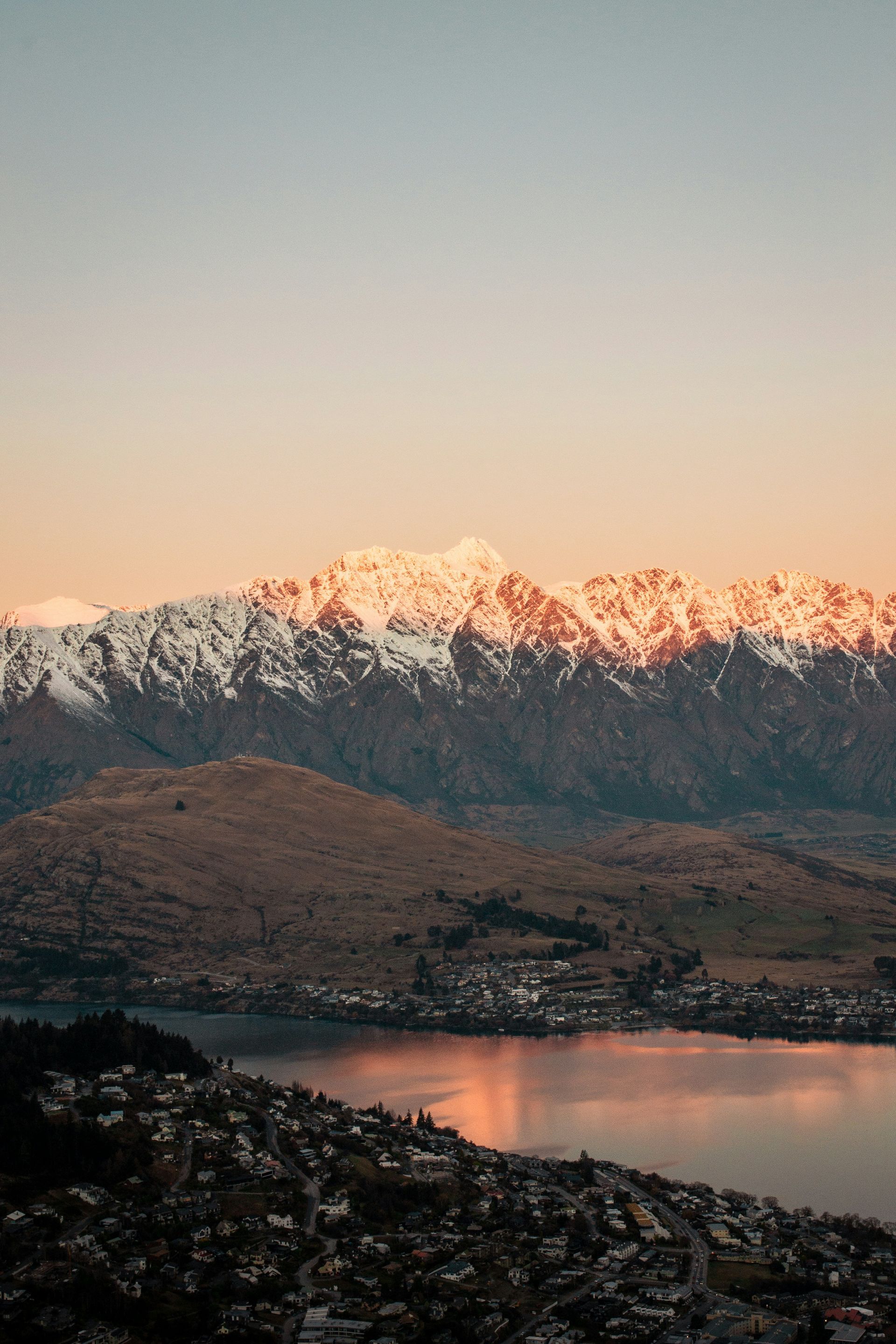
Slide title
Queenstown
Button

Slide title
Wānaka
Button
Slide title
Wānaka
Button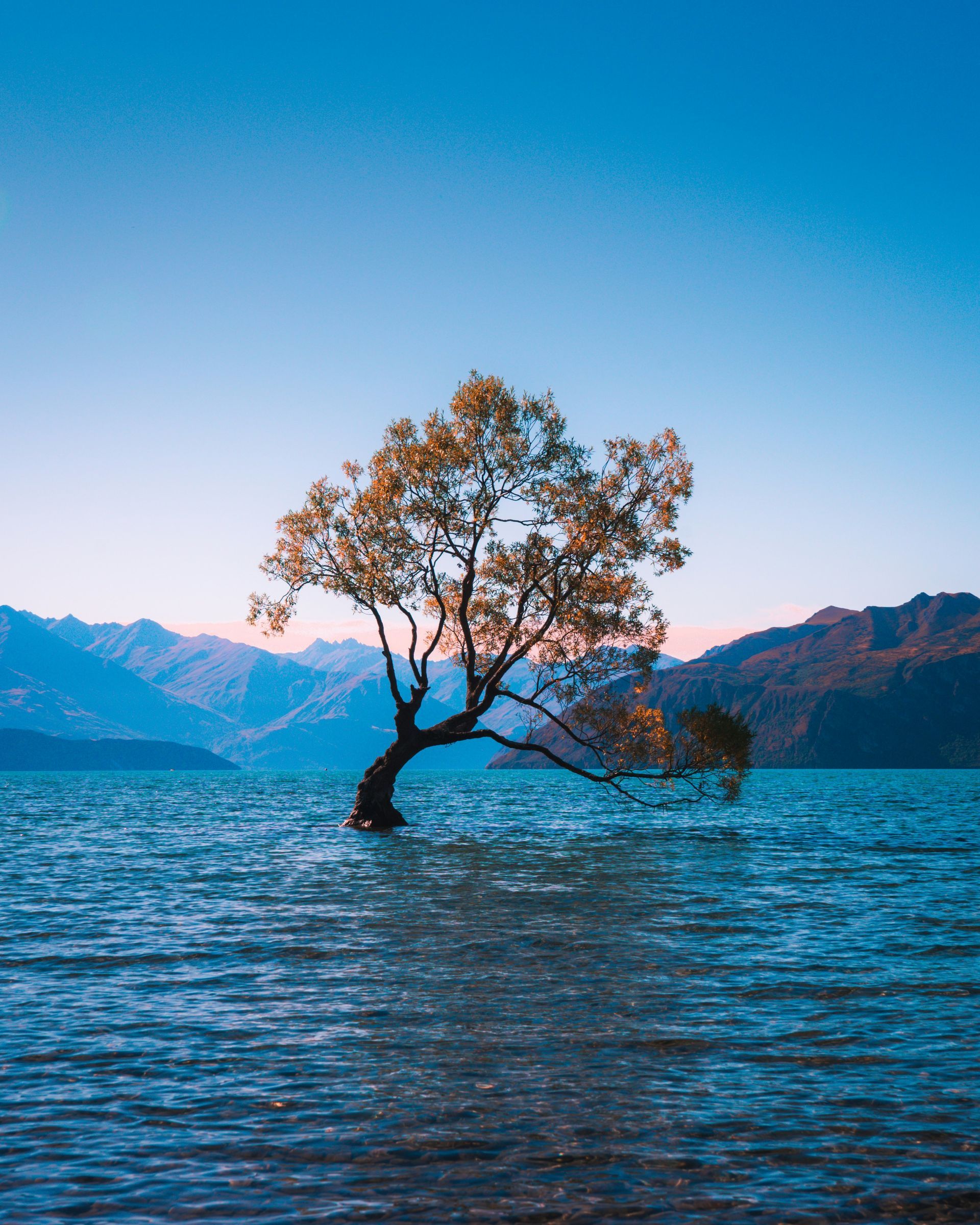
Slide title
Wānaka
Button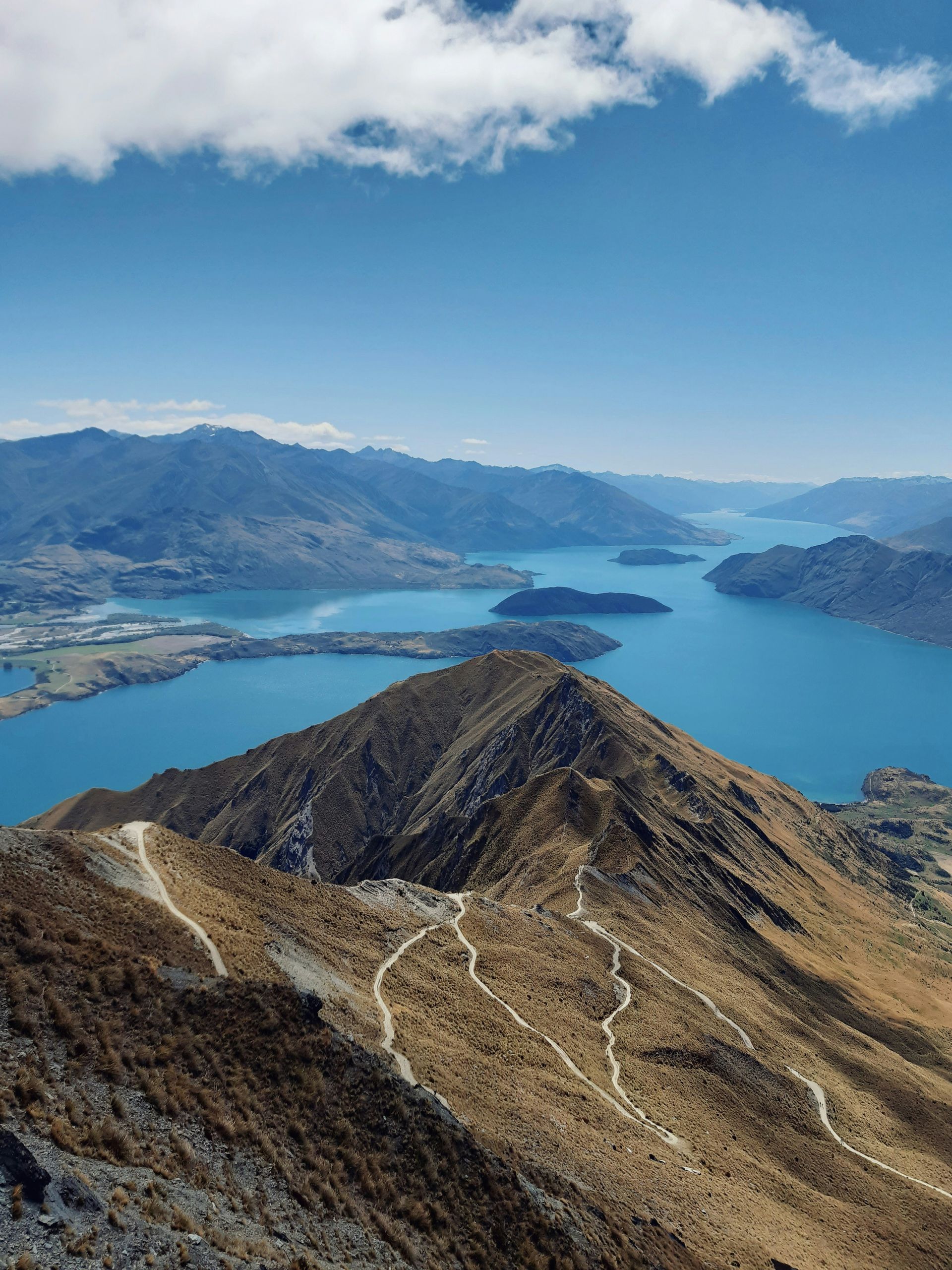
Slide title
Wānaka
Button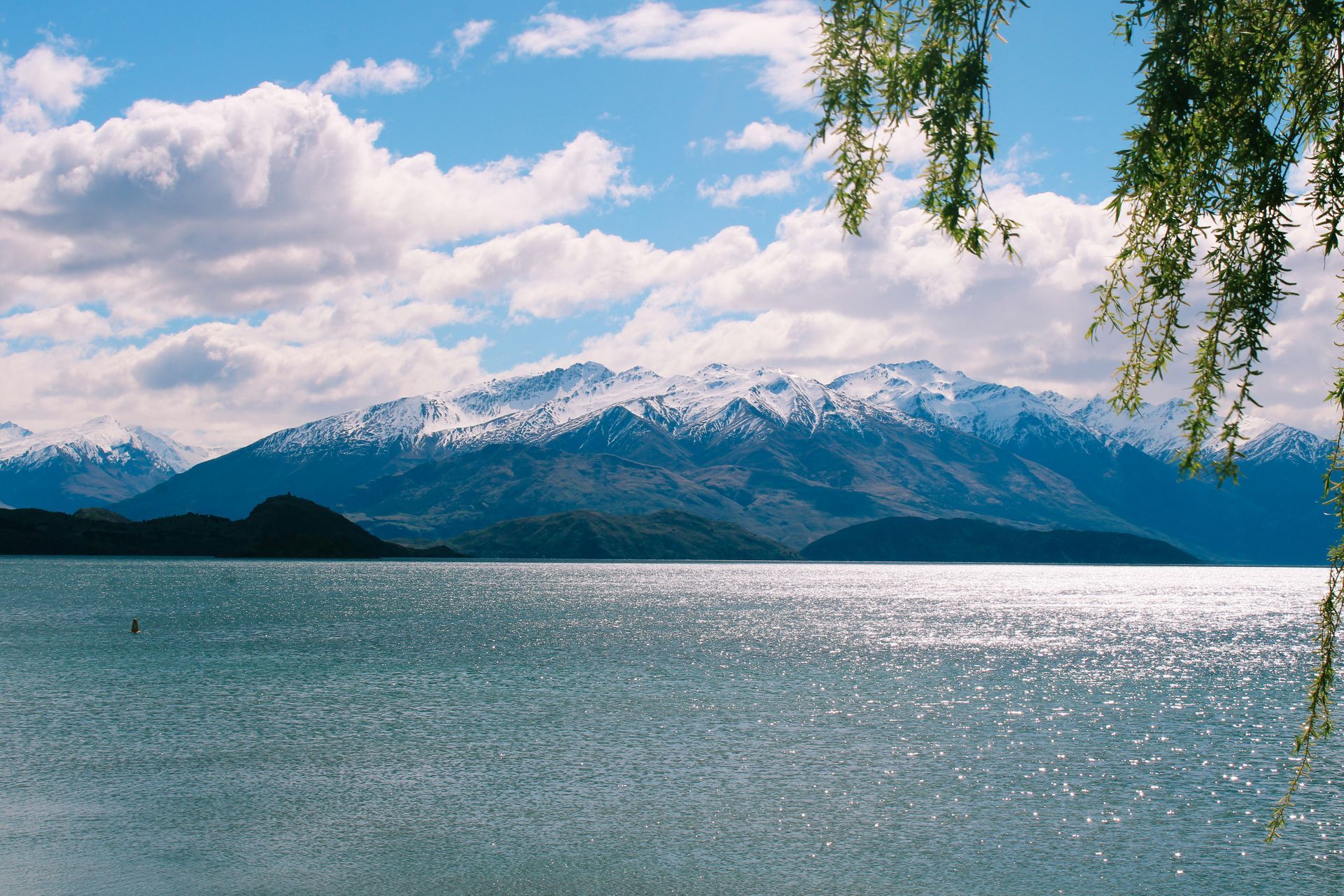
Slide title
Wānaka
Button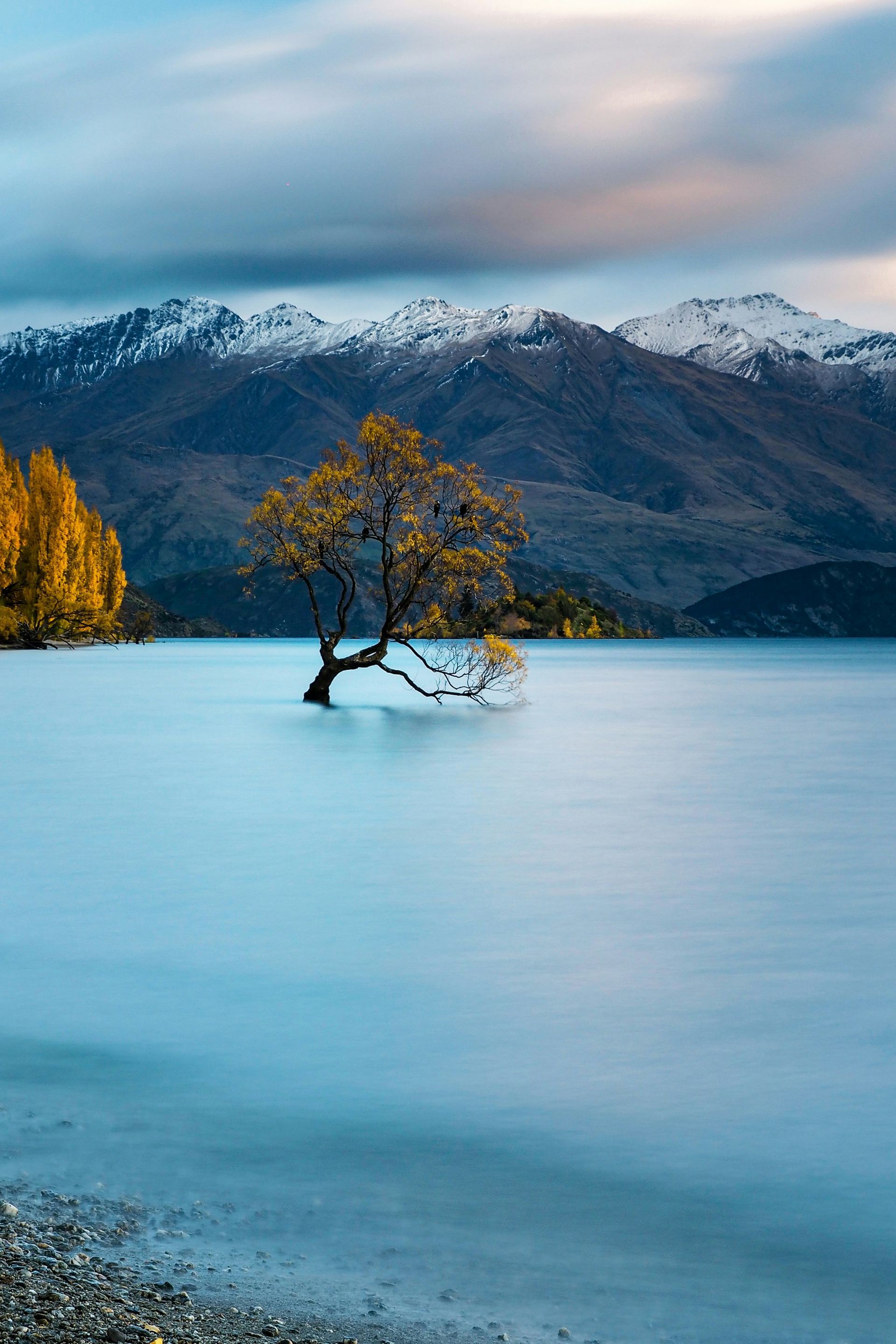
Slide title
Wānaka
Button

Slide title
Mount Cook National Park
Button
Slide title
Mount Cook National Park
Button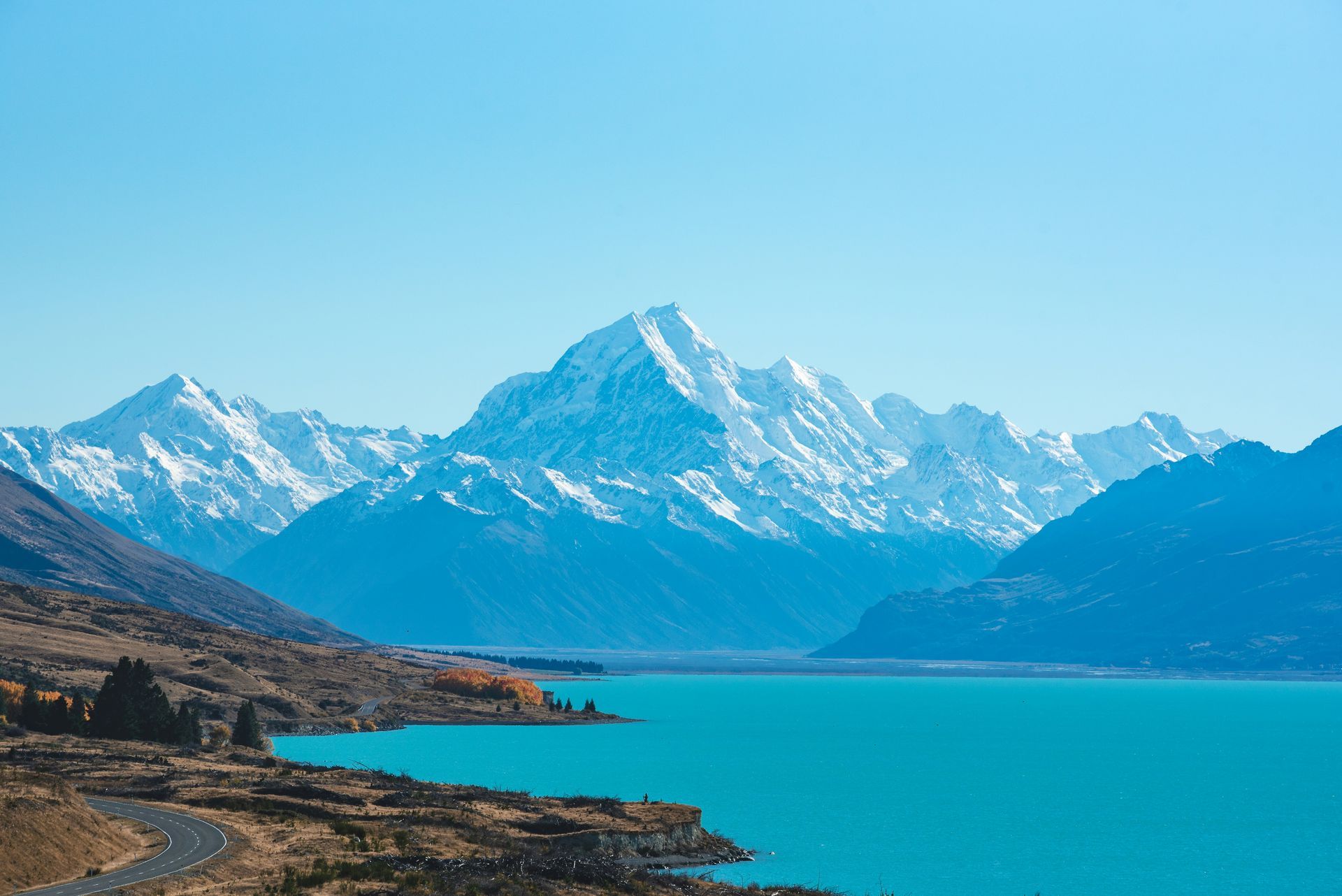
Slide title
Mount Cook National Park
Button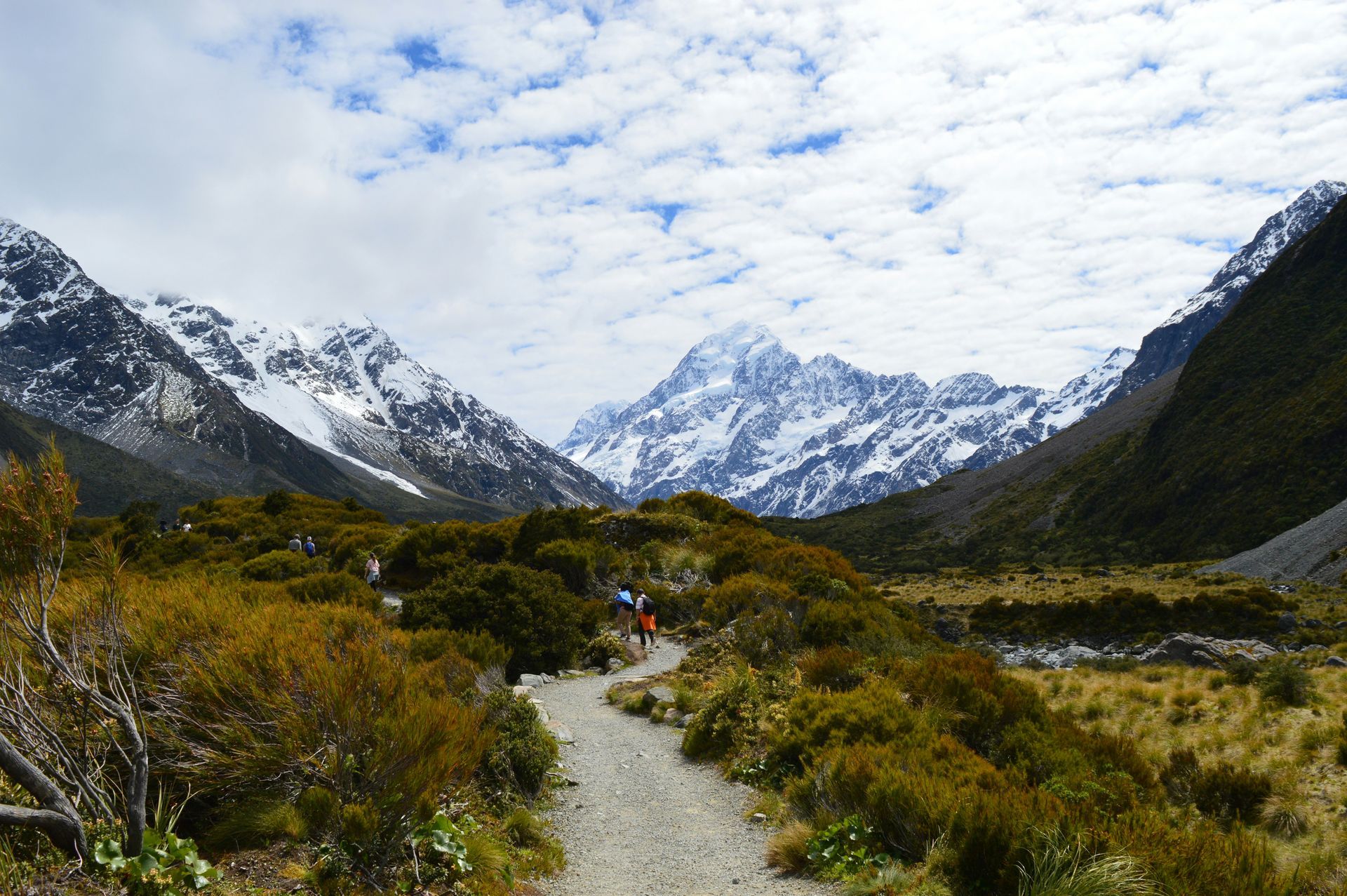
Slide title
Mount Cook National Park
Button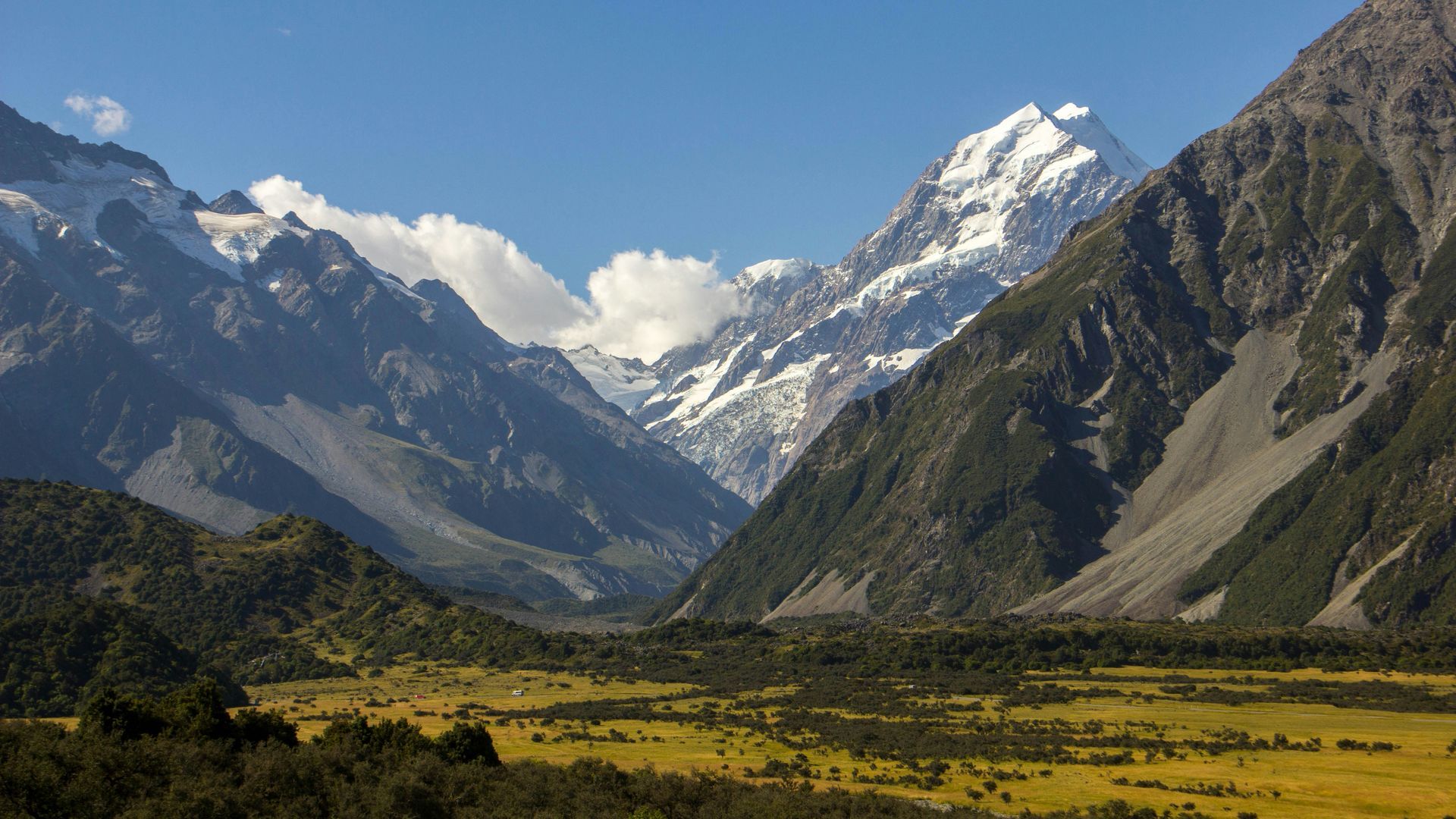
Slide title
Mount Cook National Park
Button
Slide title
Mount Cook National Park
Button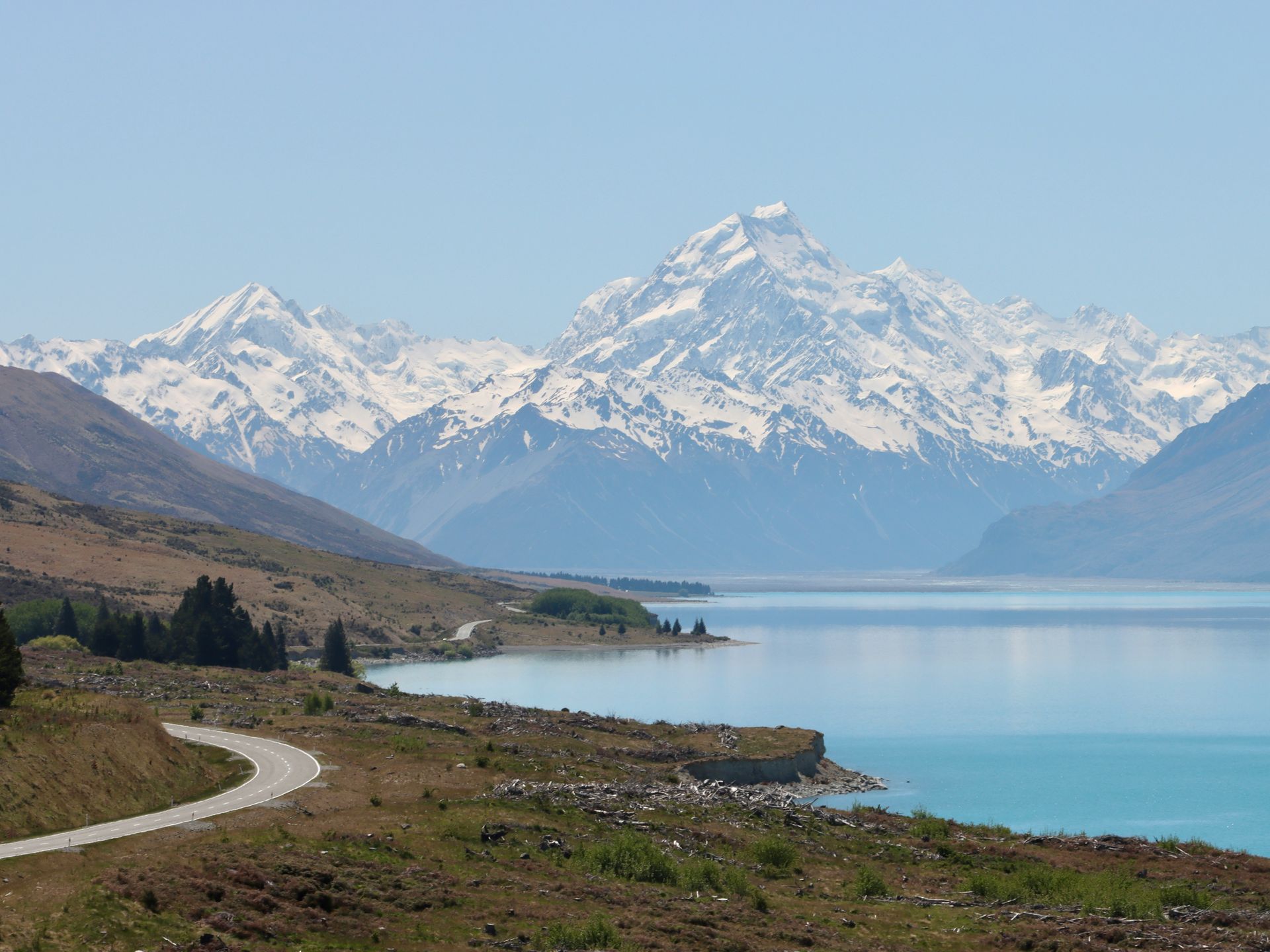
Slide title
Mount Cook National Park
Button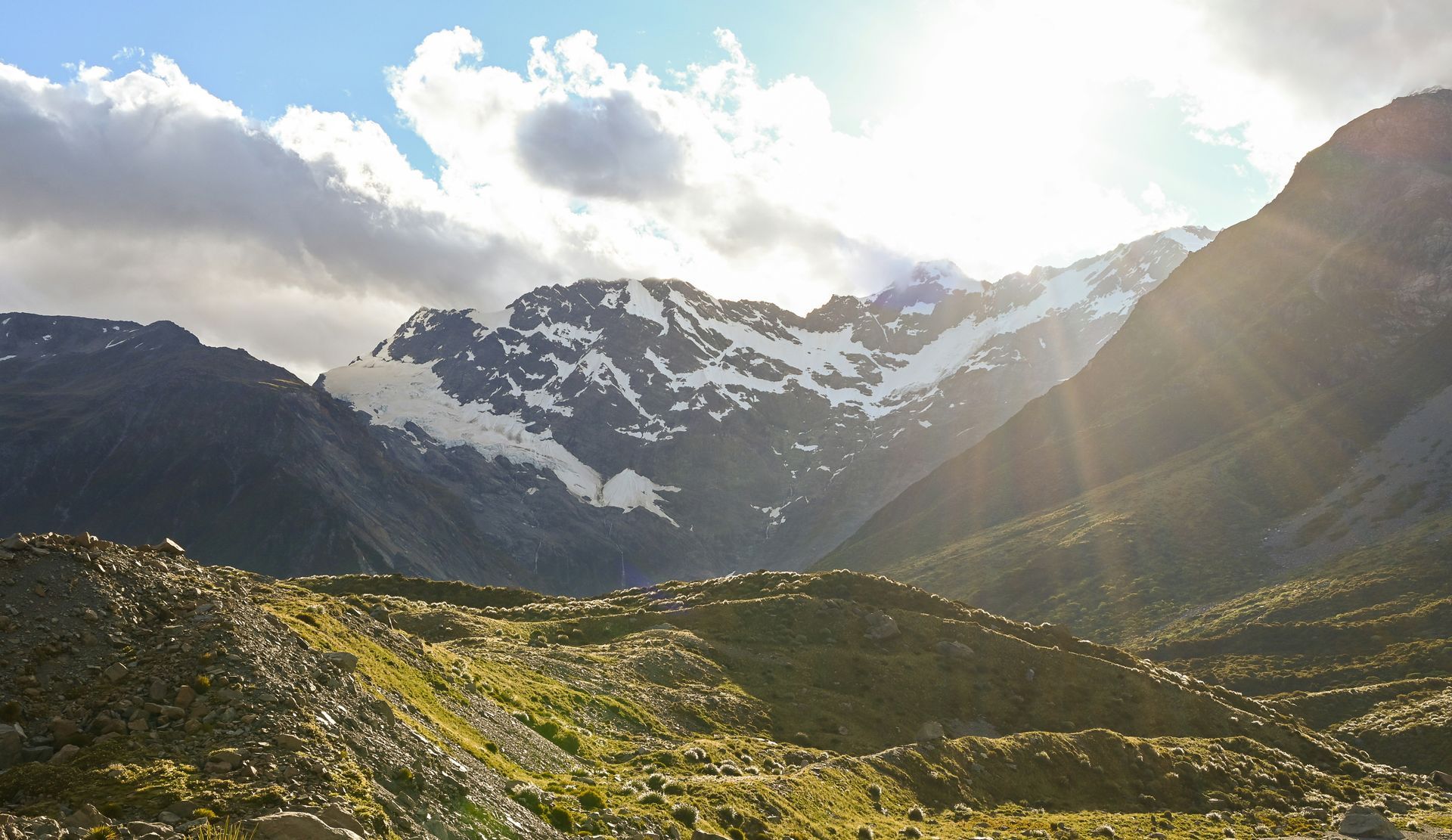
Slide title
Mount Cook National Park
Button
Slide title
Mount Cook National Park
Button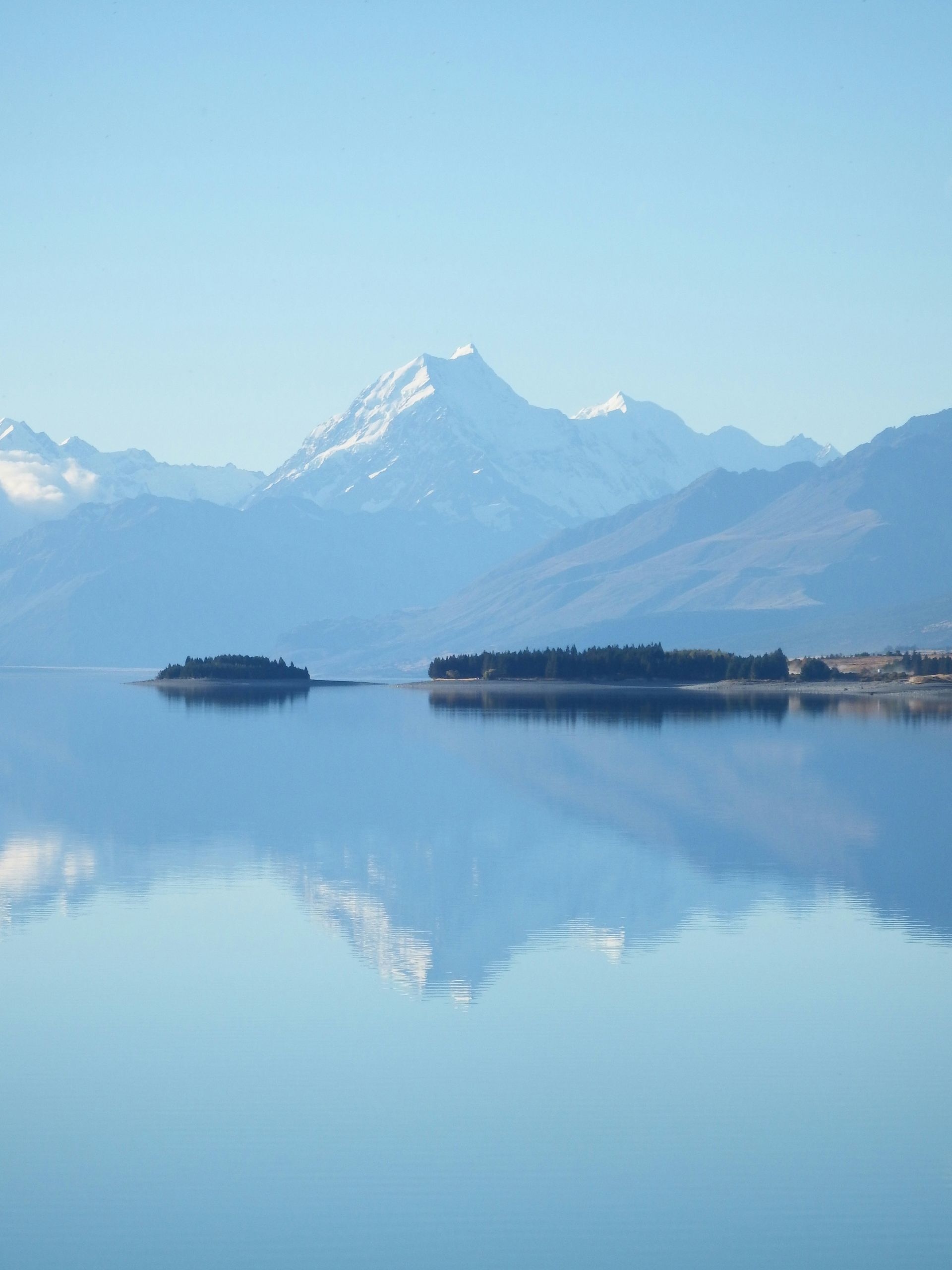
Slide title
Mount Cook National Park
Button
Slide title
Mount Cook National Park
Button

Slide title
Kaikōura
Button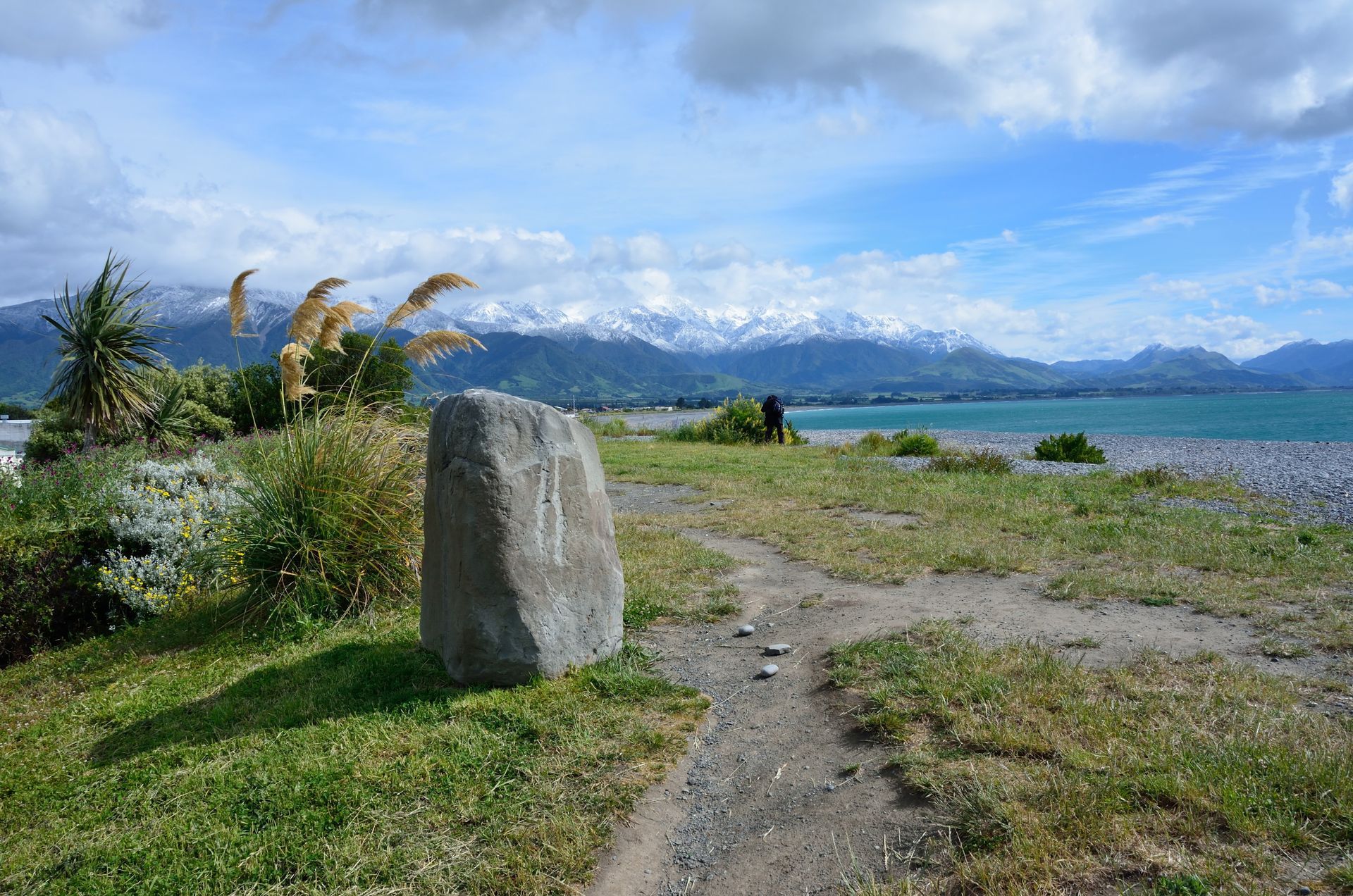
Slide title
Kaikōura
Button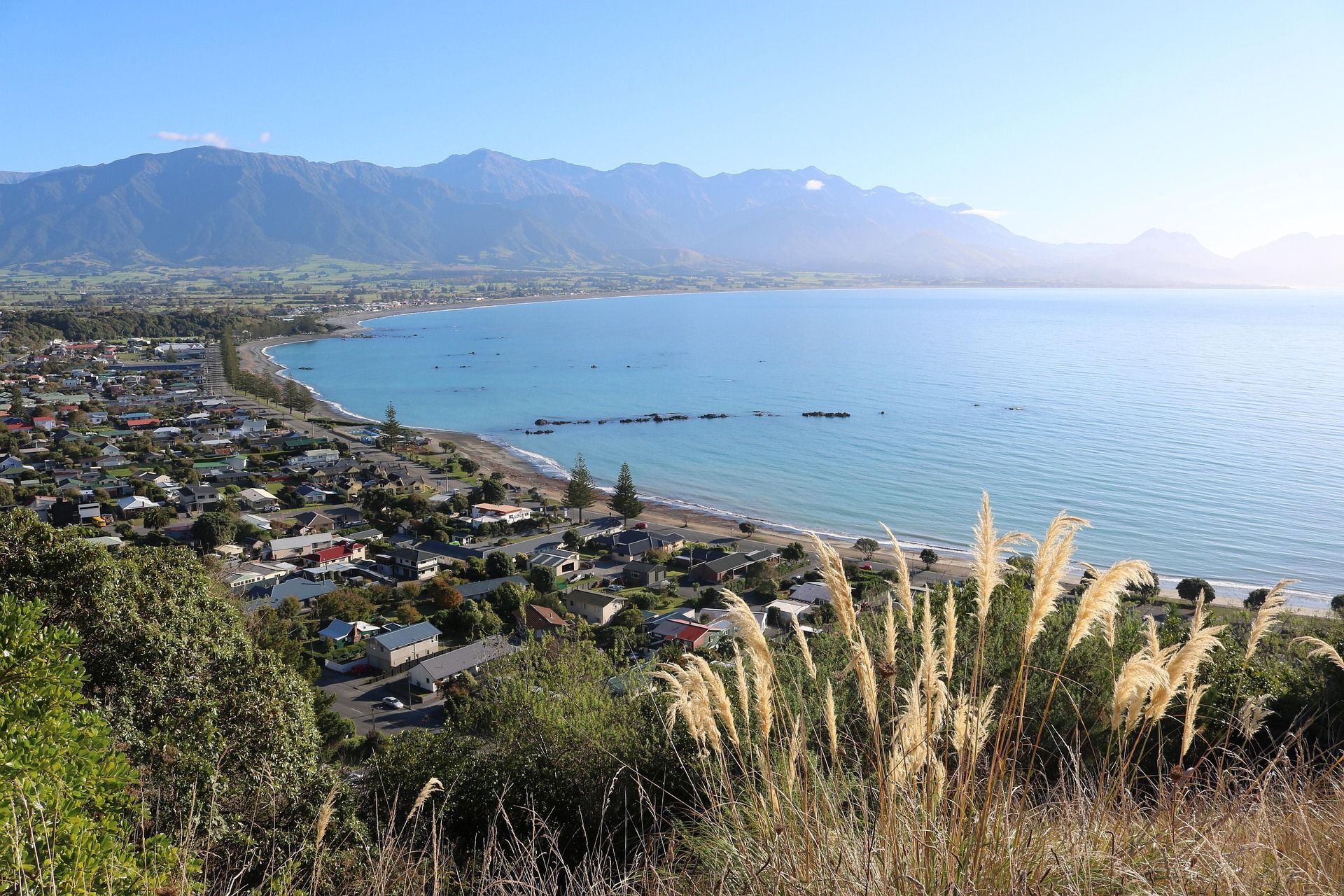
Slide title
Kaikōura
Button
Slide title
Kaikōura
Button
Slide title
Kaikōura
Button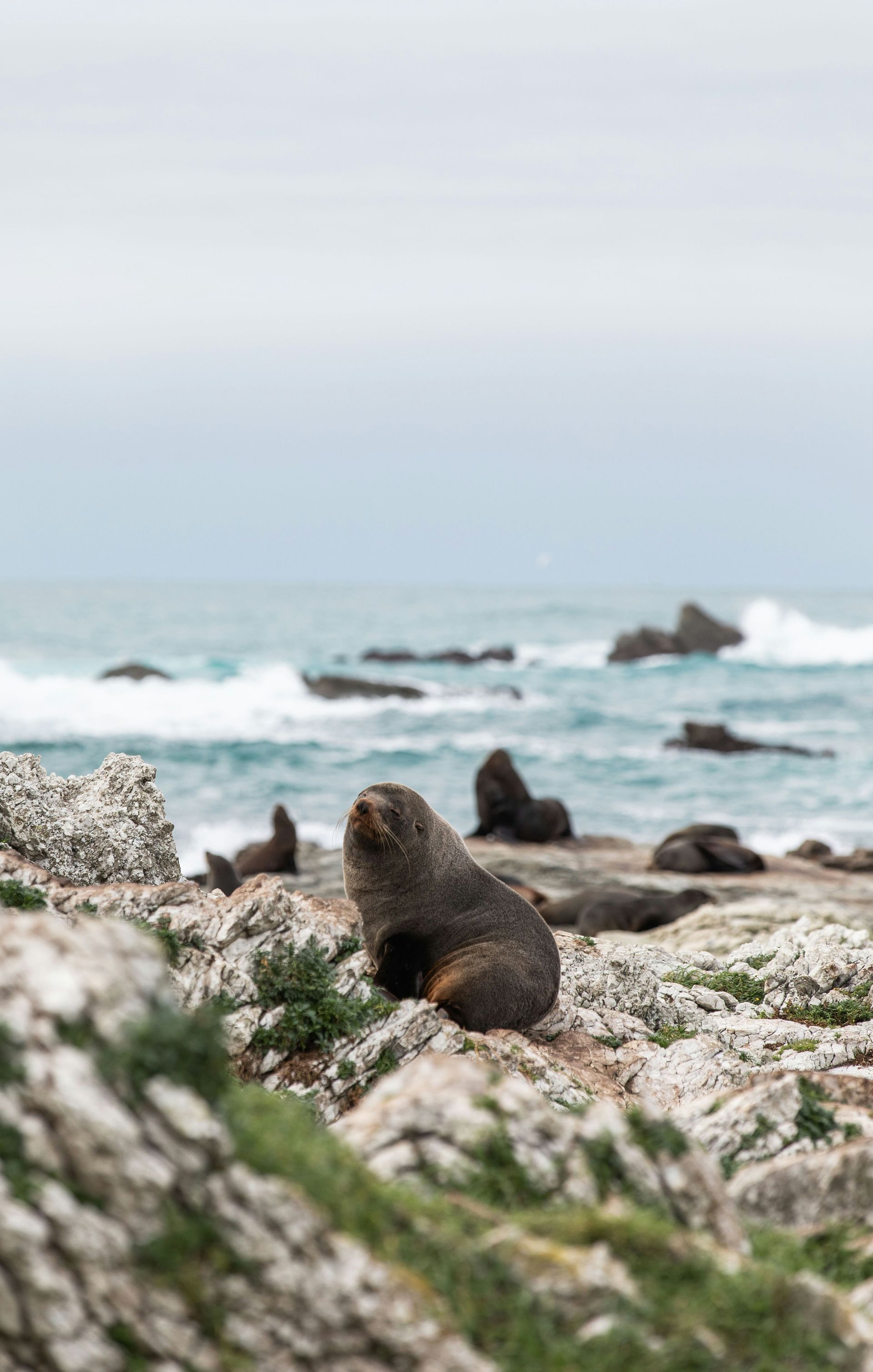
Slide title
Kaikōura
Button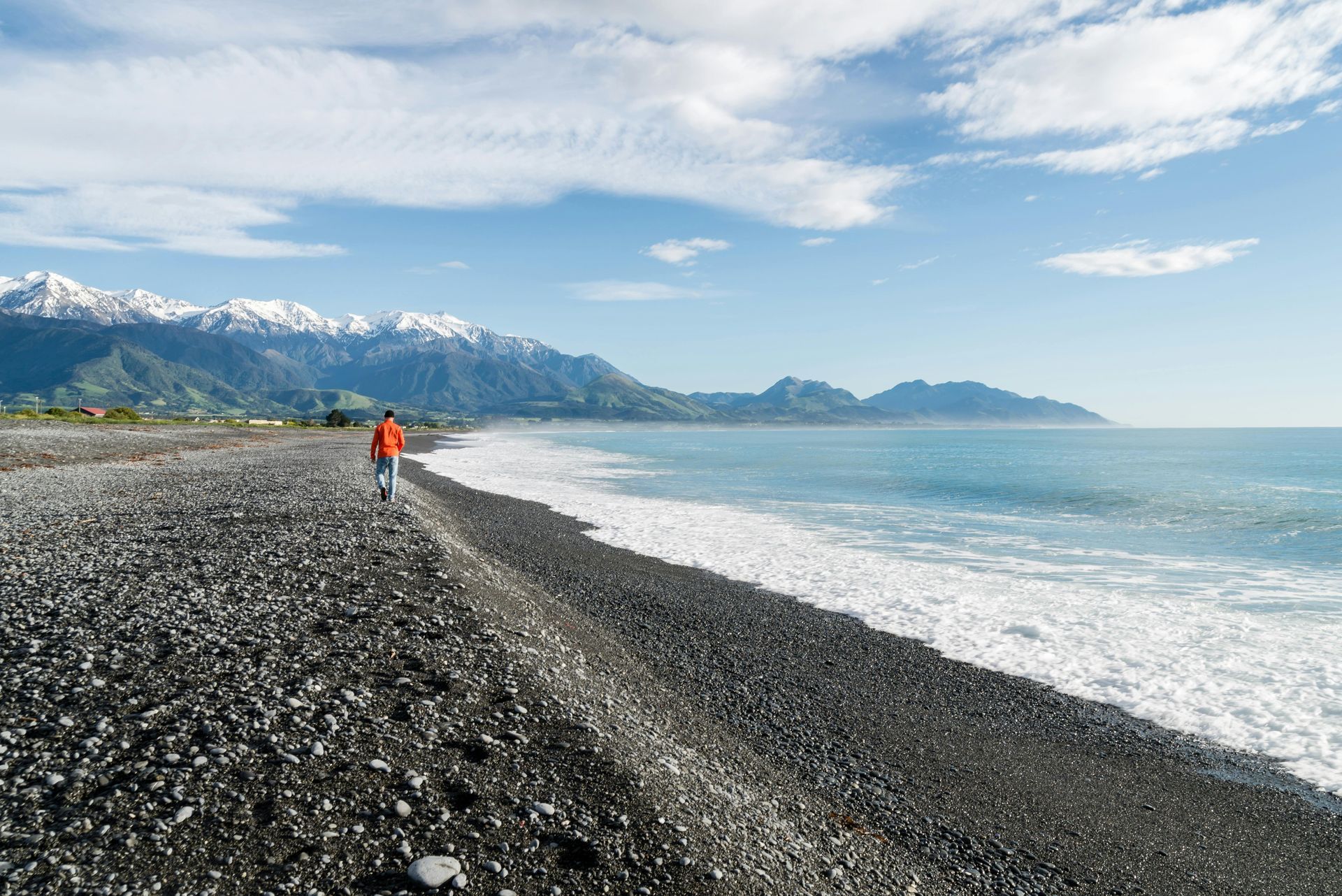
Slide title
Kaikōura
Button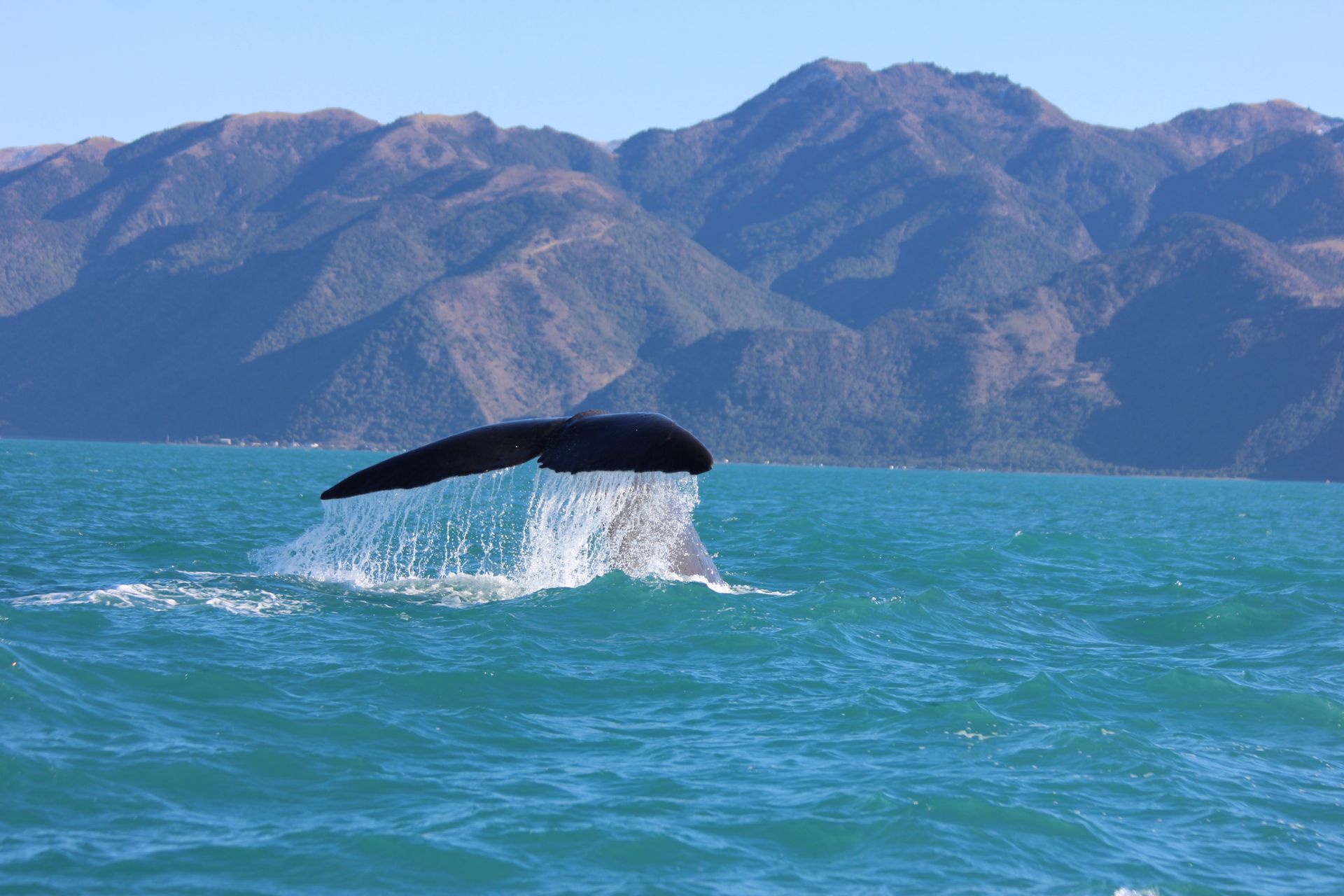
Slide title
Kaikōura
Button
Slide title
Kaikōura
Button
Slide title
Kaikōura
Button

Slide title
Matamata
Button
Slide title
Matamata
Button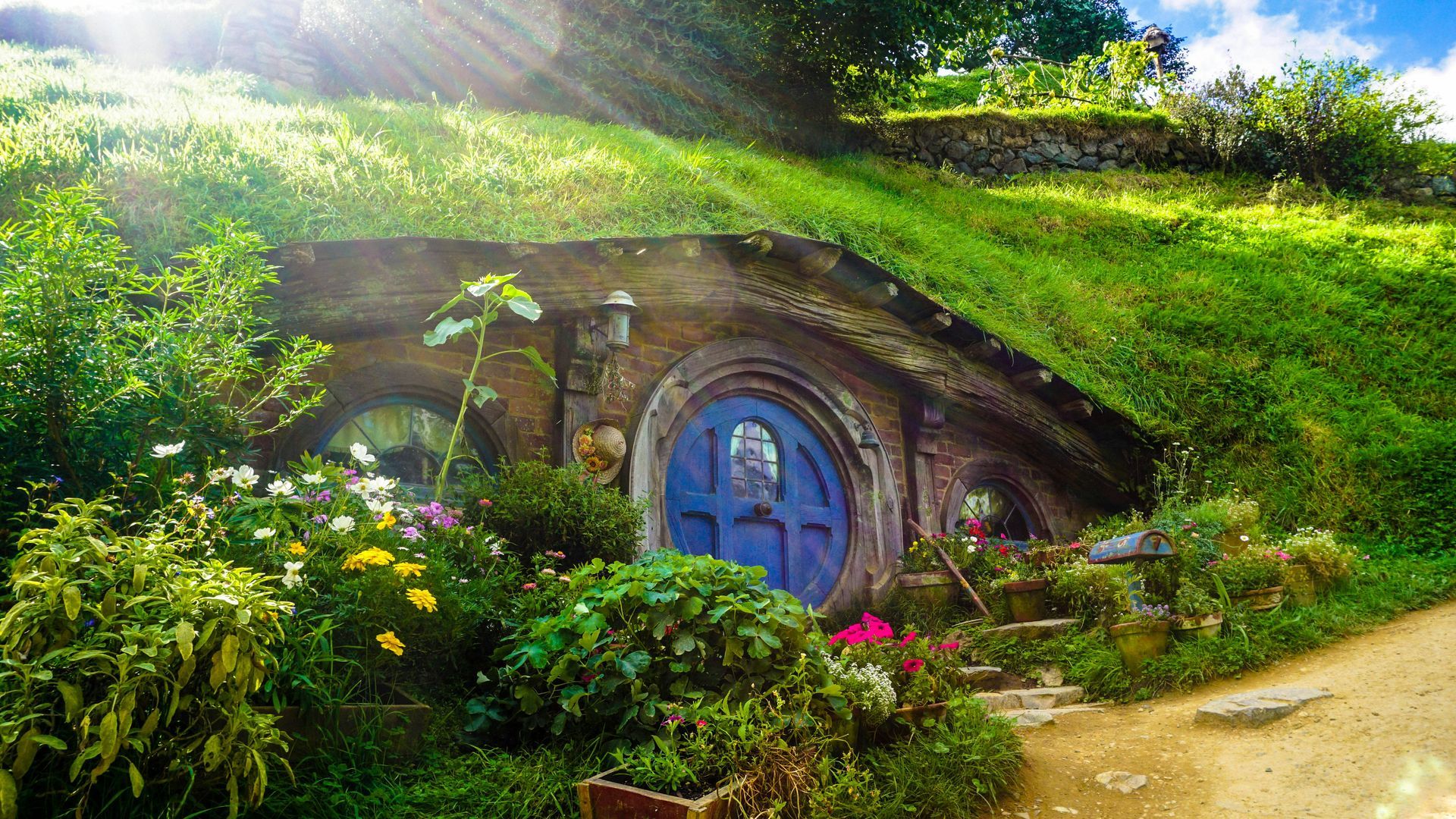
Slide title
Matamata
Button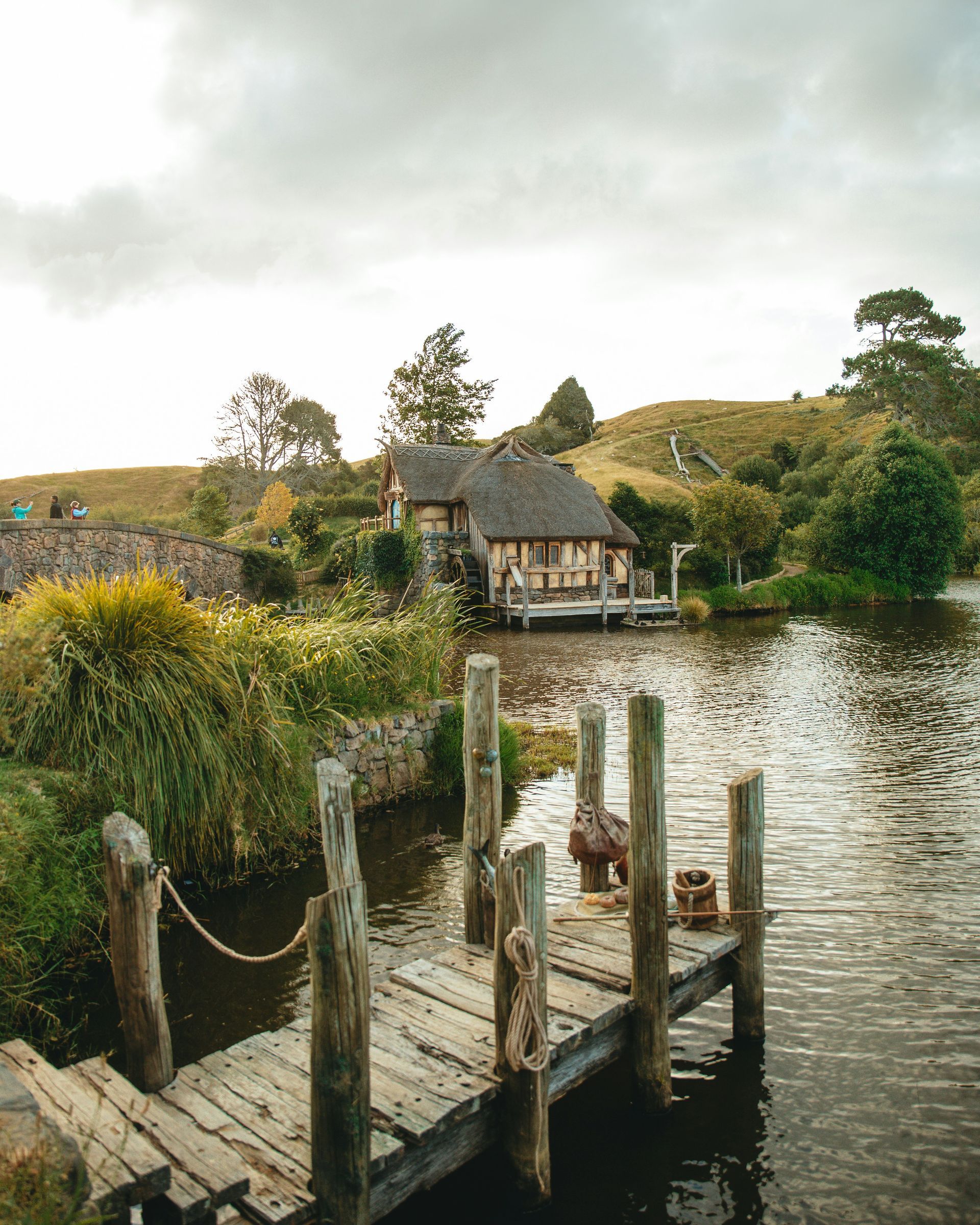
Slide title
Matamata
Button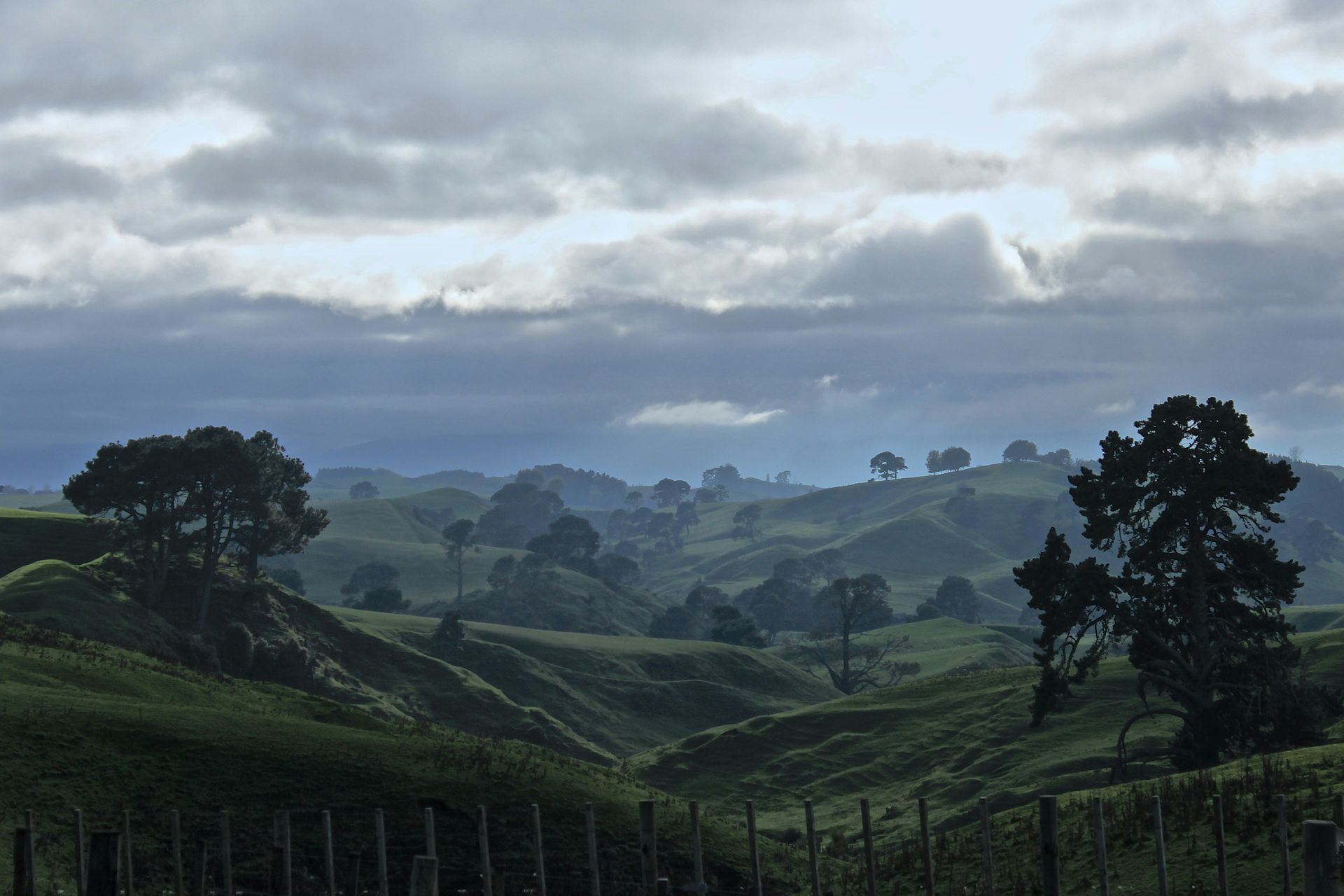
Slide title
Matamata
Button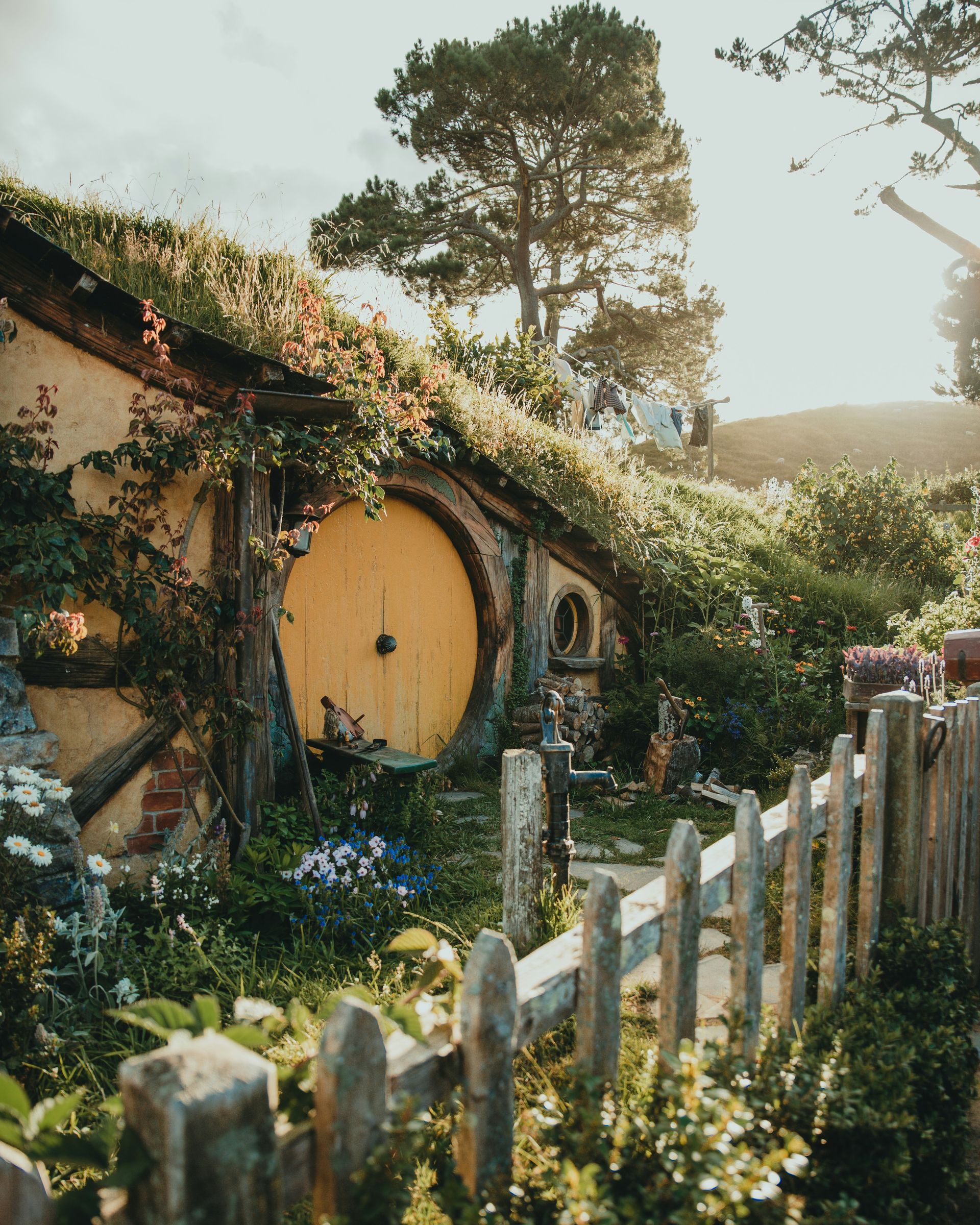
Slide title
Matamata
Button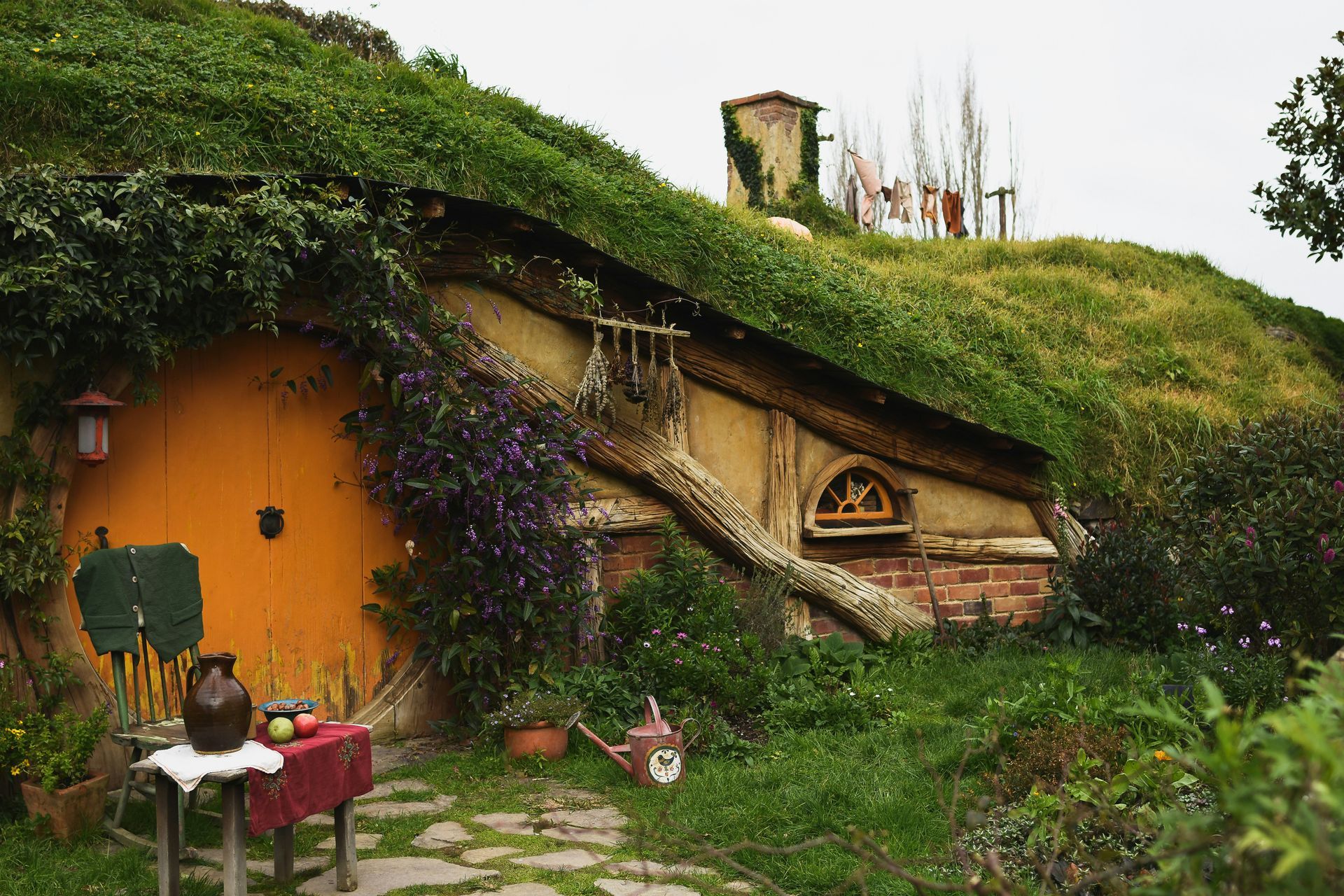
Slide title
Matamata
Button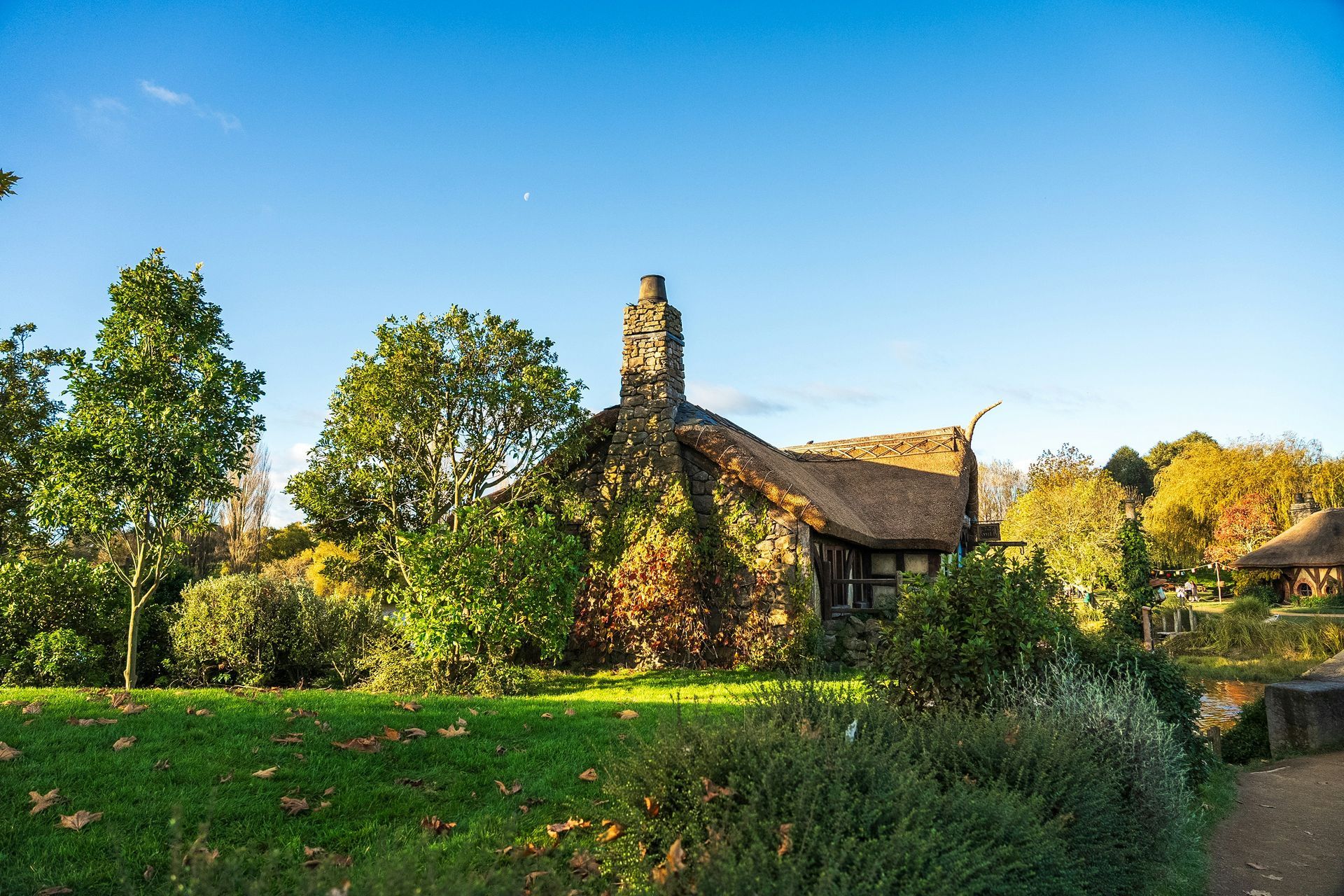
Slide title
Matamata
Button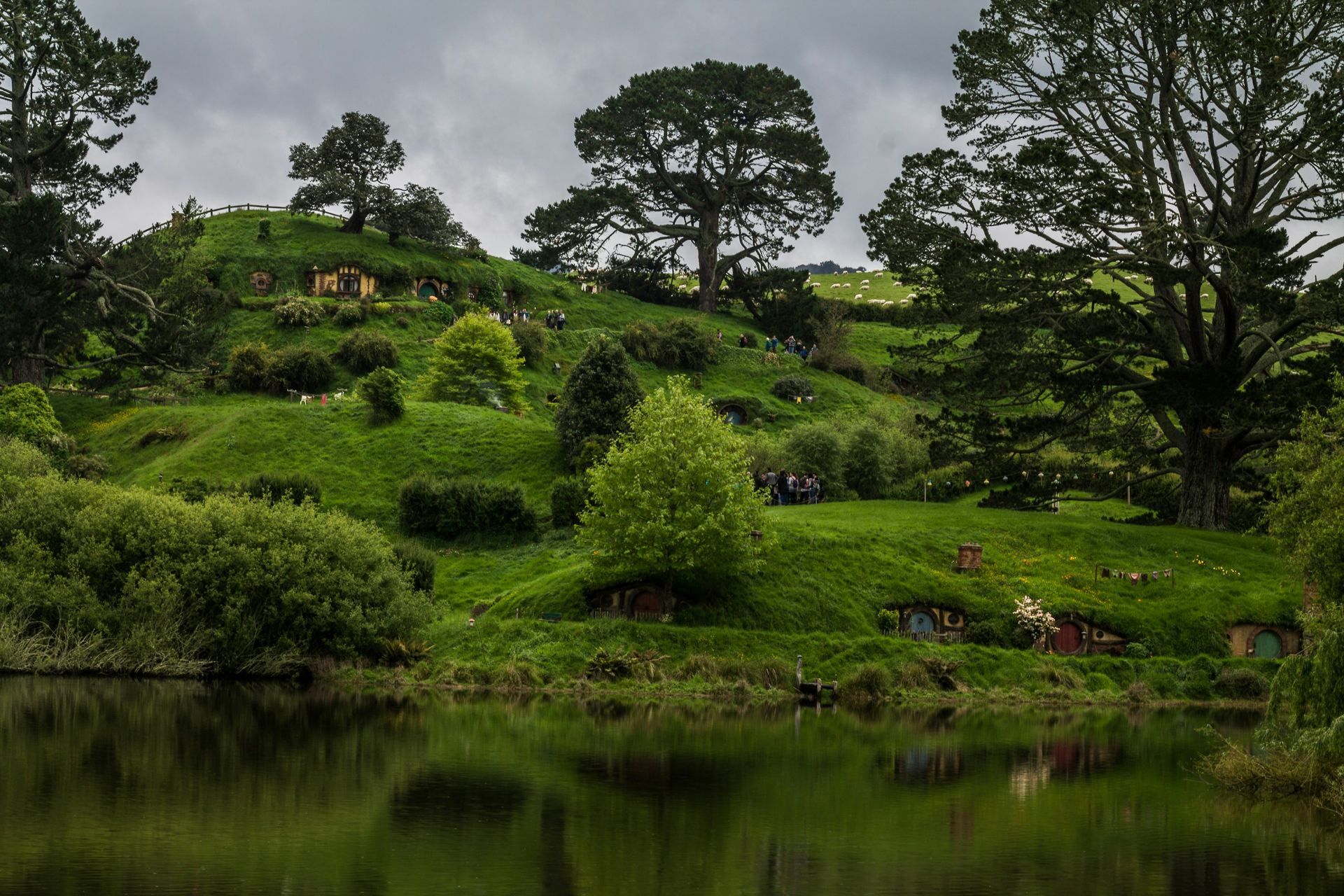
Slide title
Matamata
Button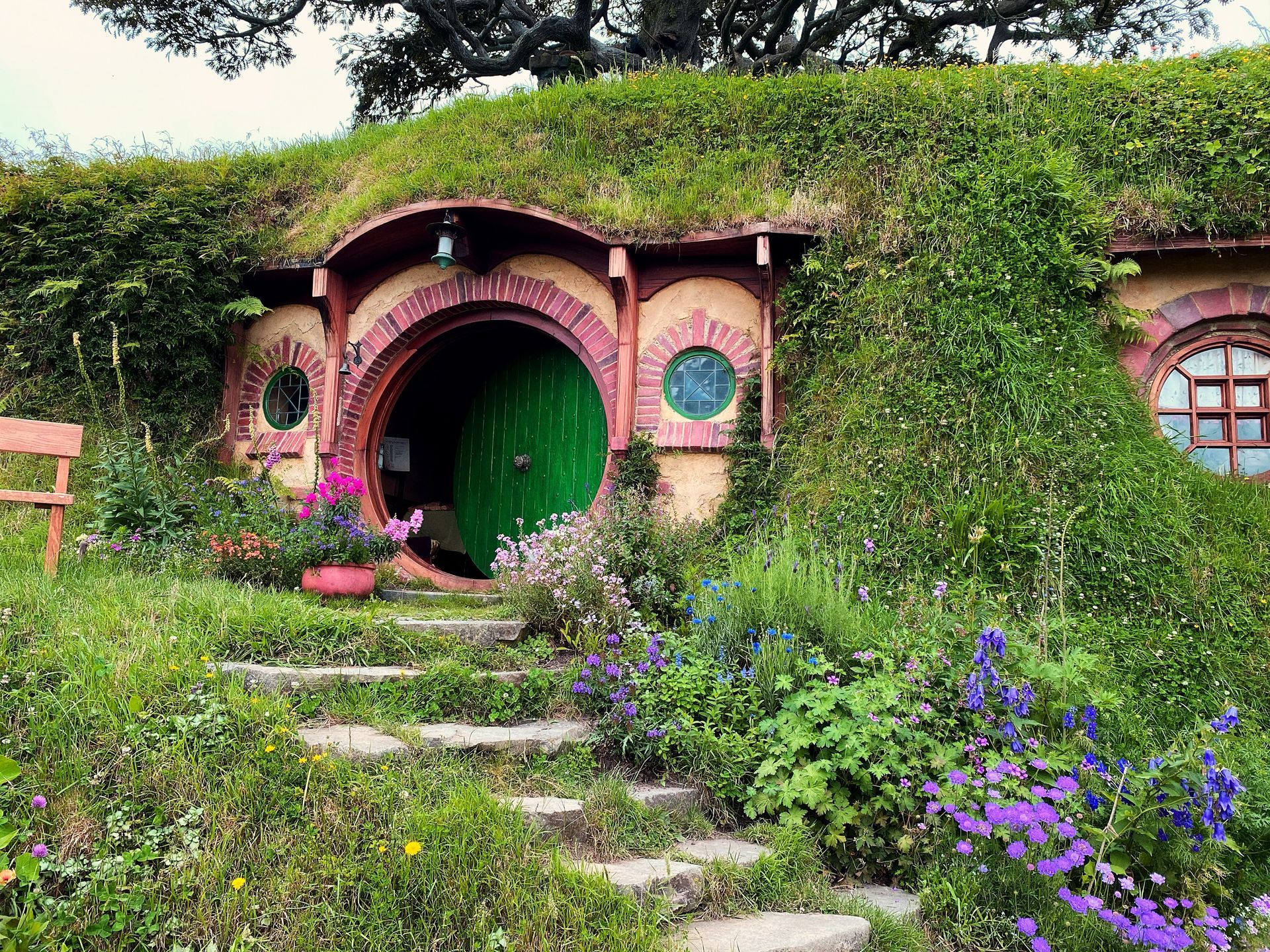
Slide title
Matamata
Button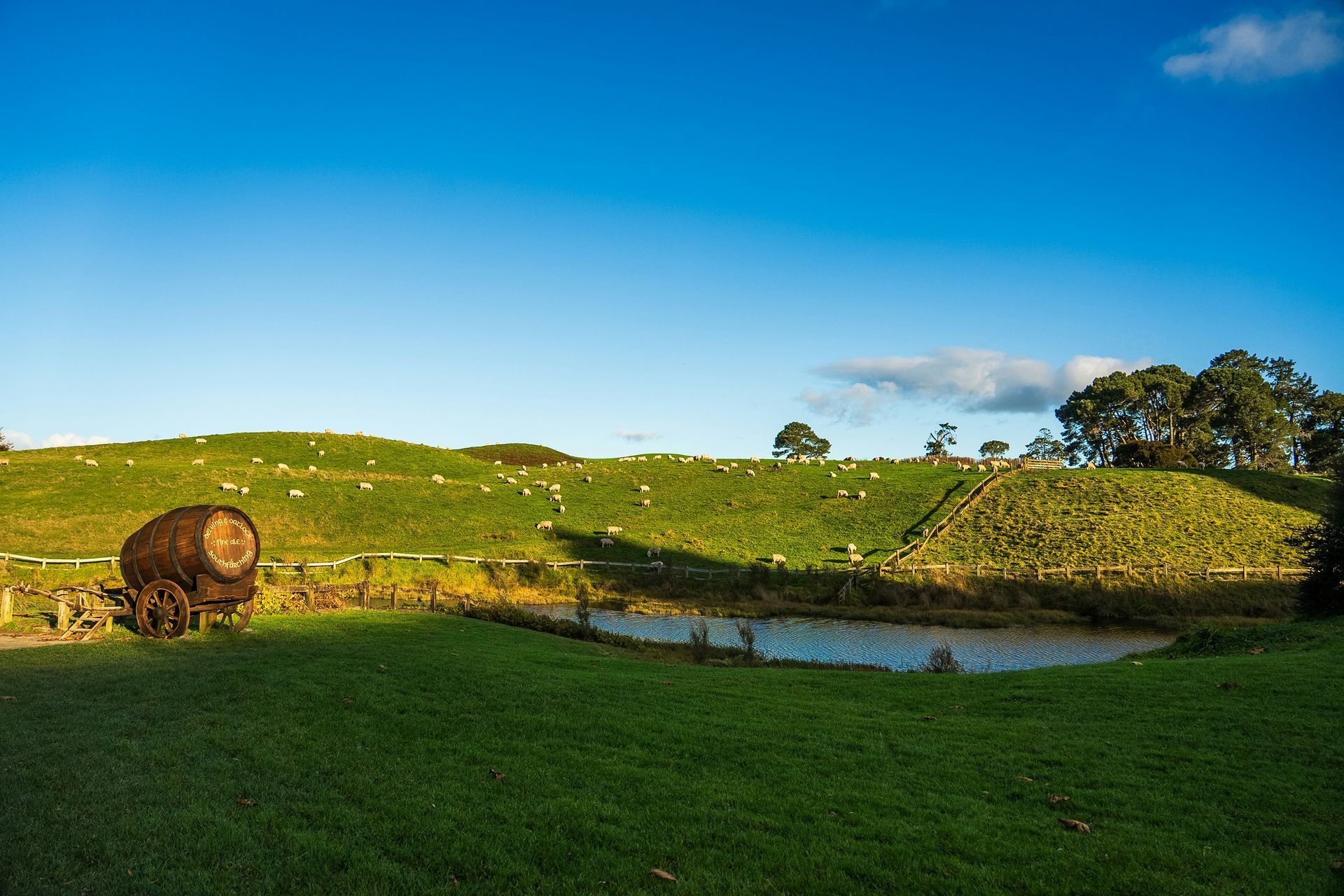
Slide title
Matamata
Button
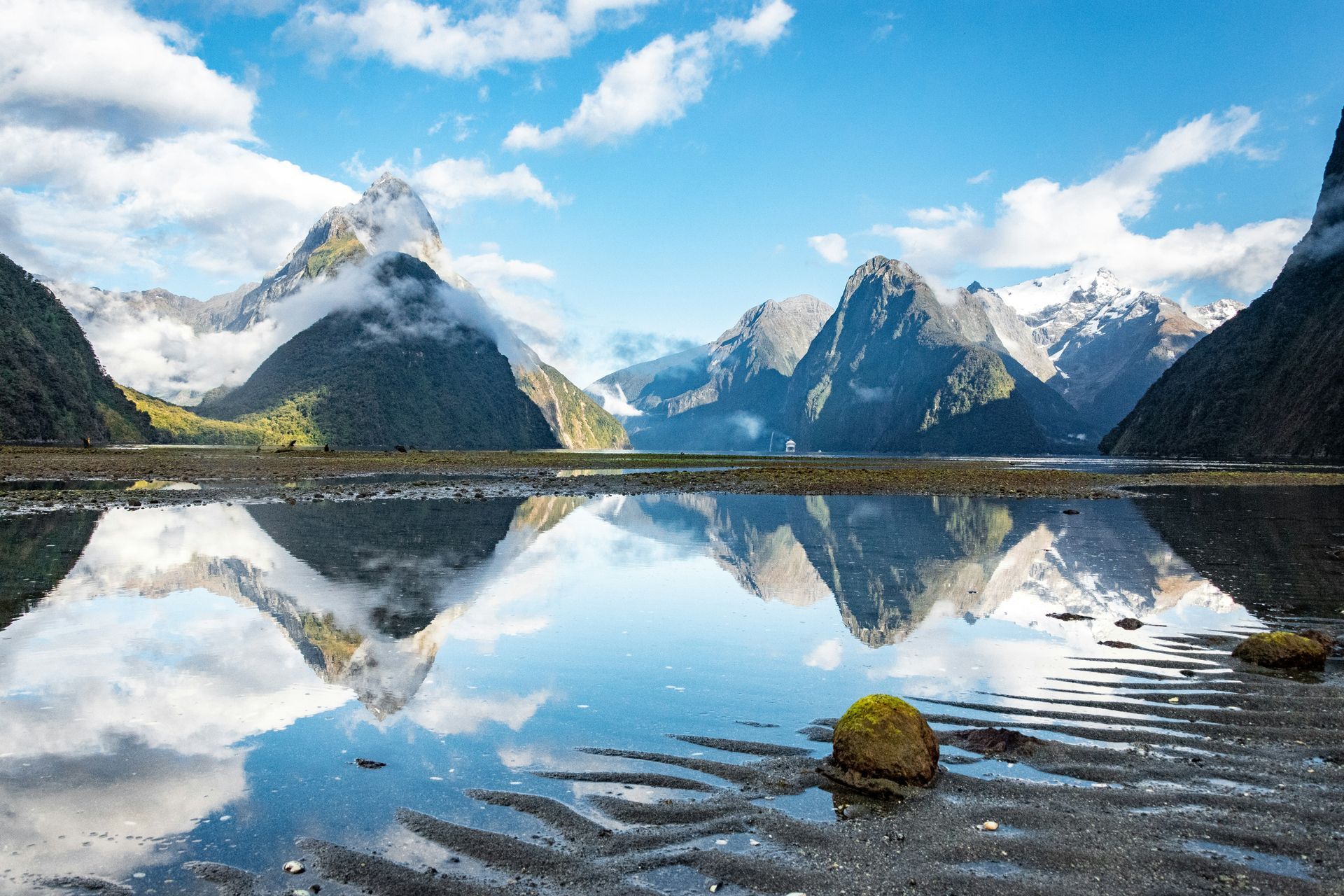
Slide title
Fiordland & The Milford Sound
Button
Slide title
Fiordland & The Milford Sound
Button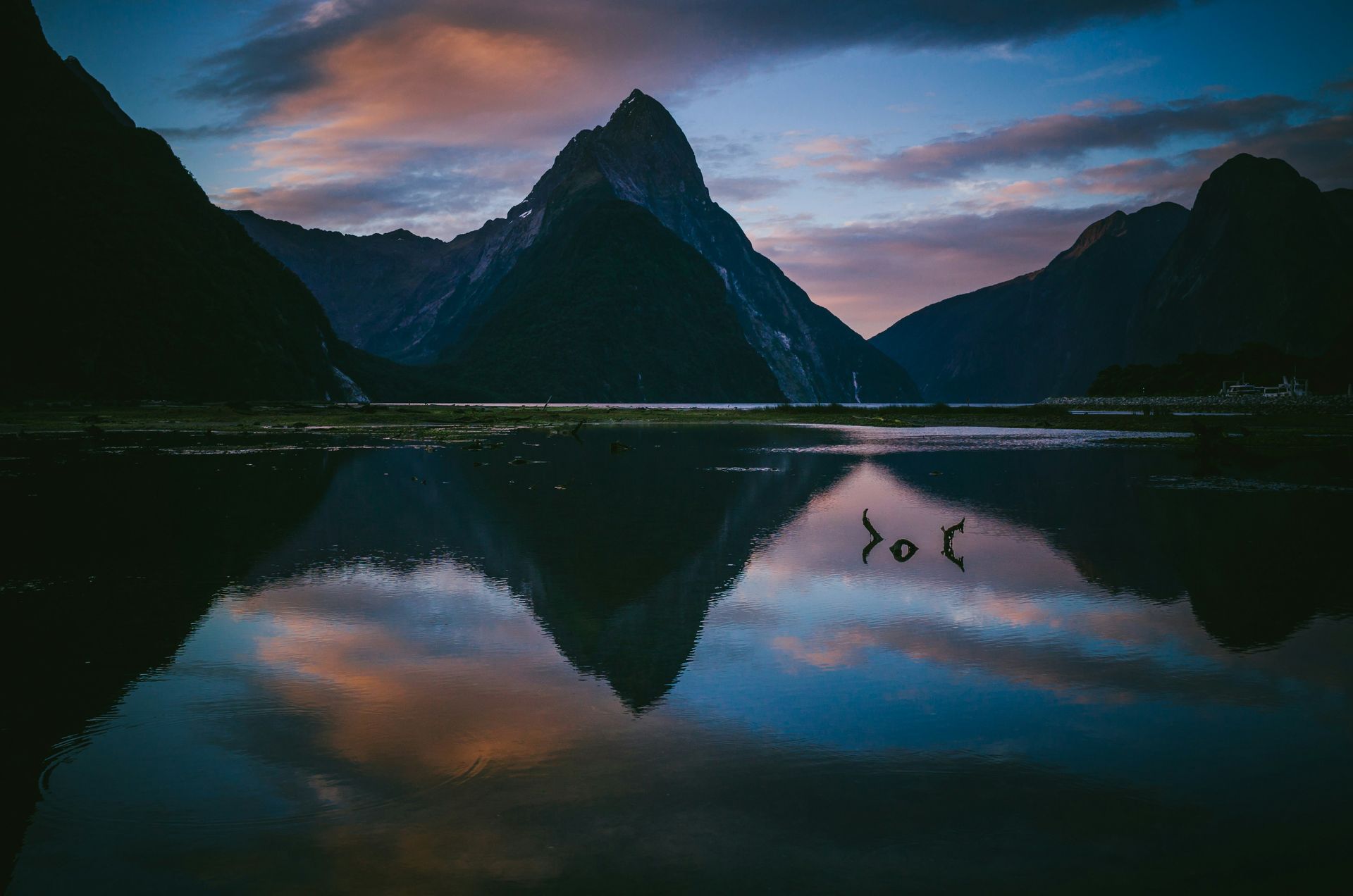
Slide title
Fiordland & The Milford Sound
Button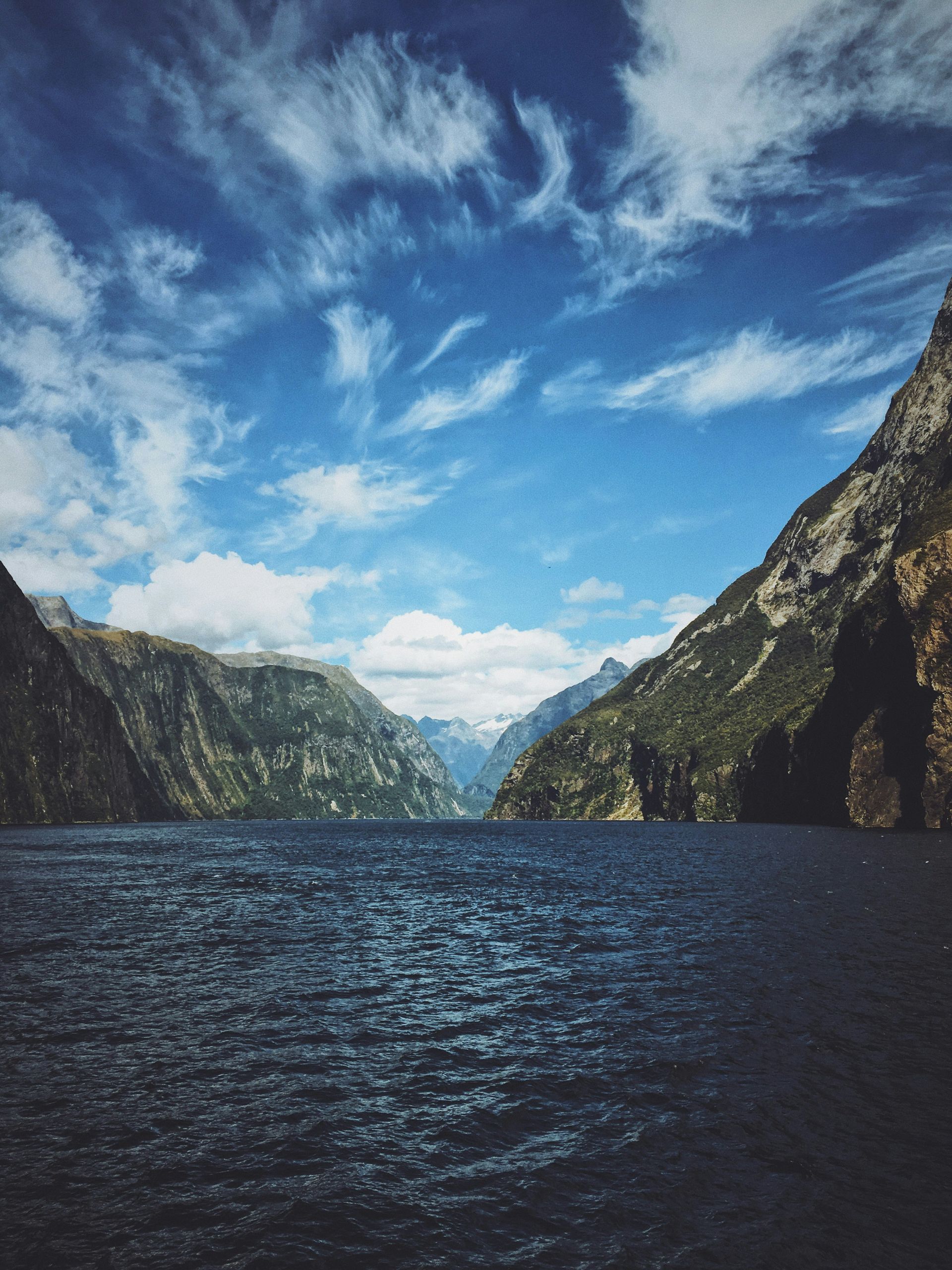
Slide title
Fiordland & The Milford Sound
Button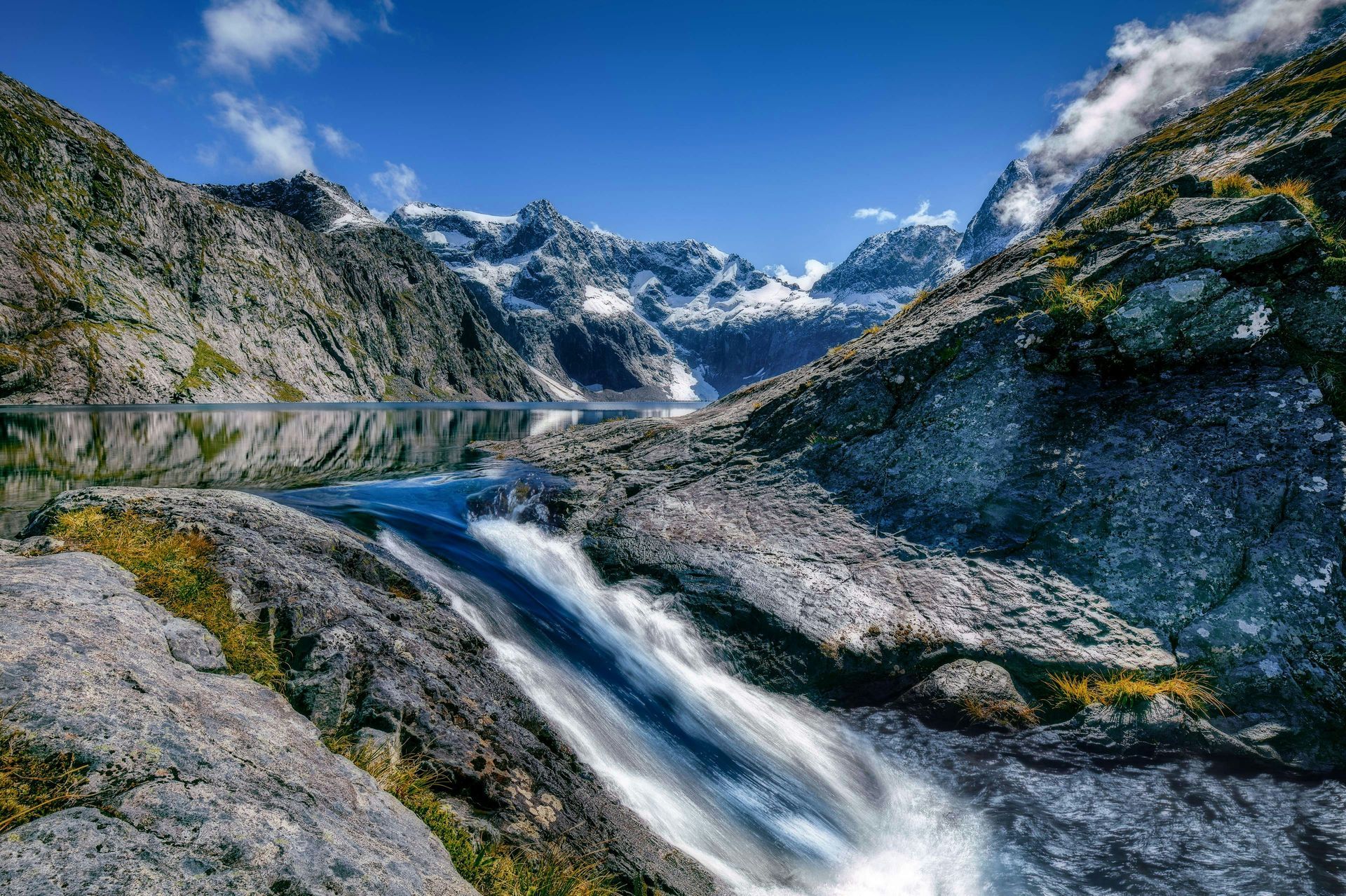
Slide title
Fiordland & The Milford Sound
Button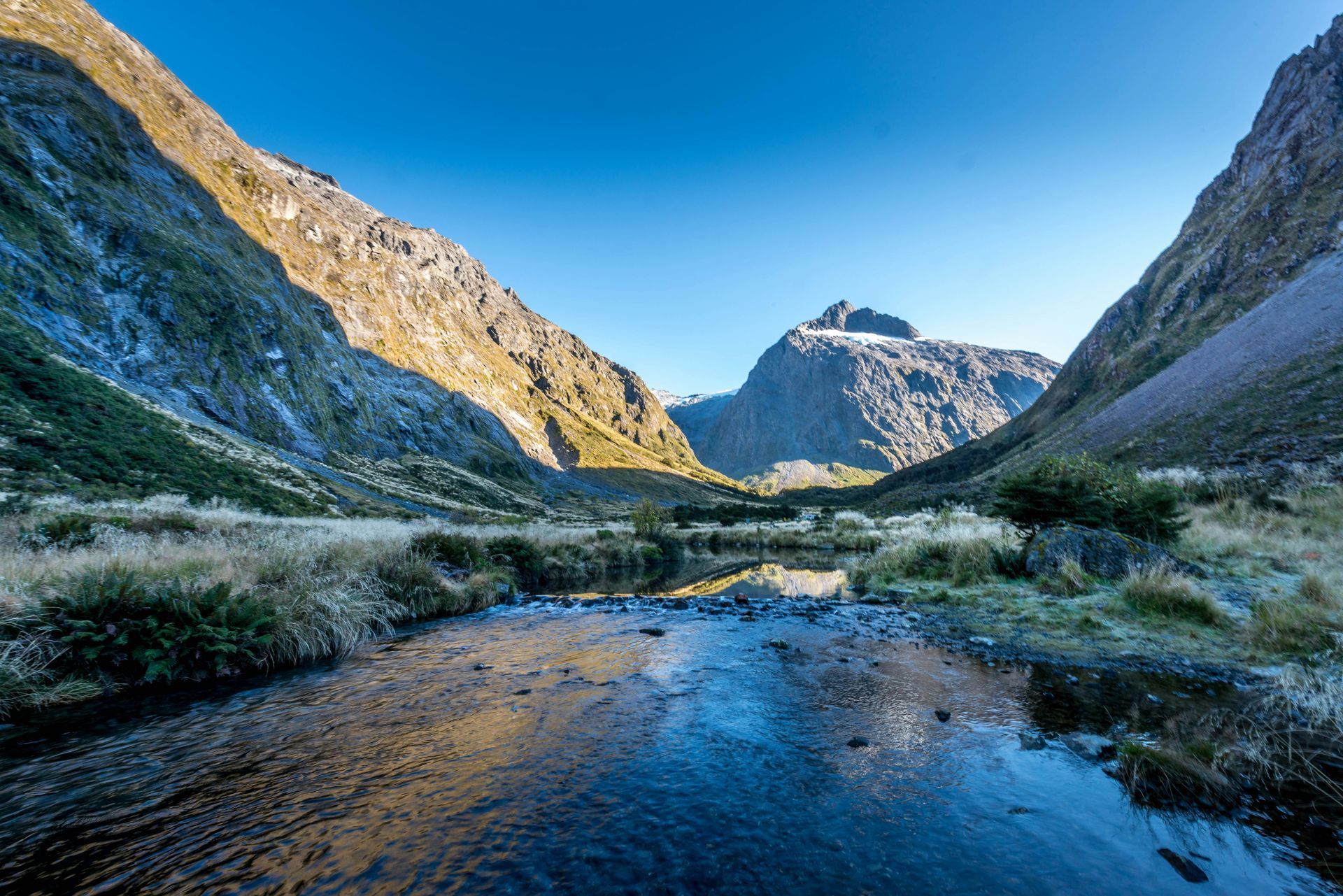
Slide title
Fiordland & The Milford Sound
Button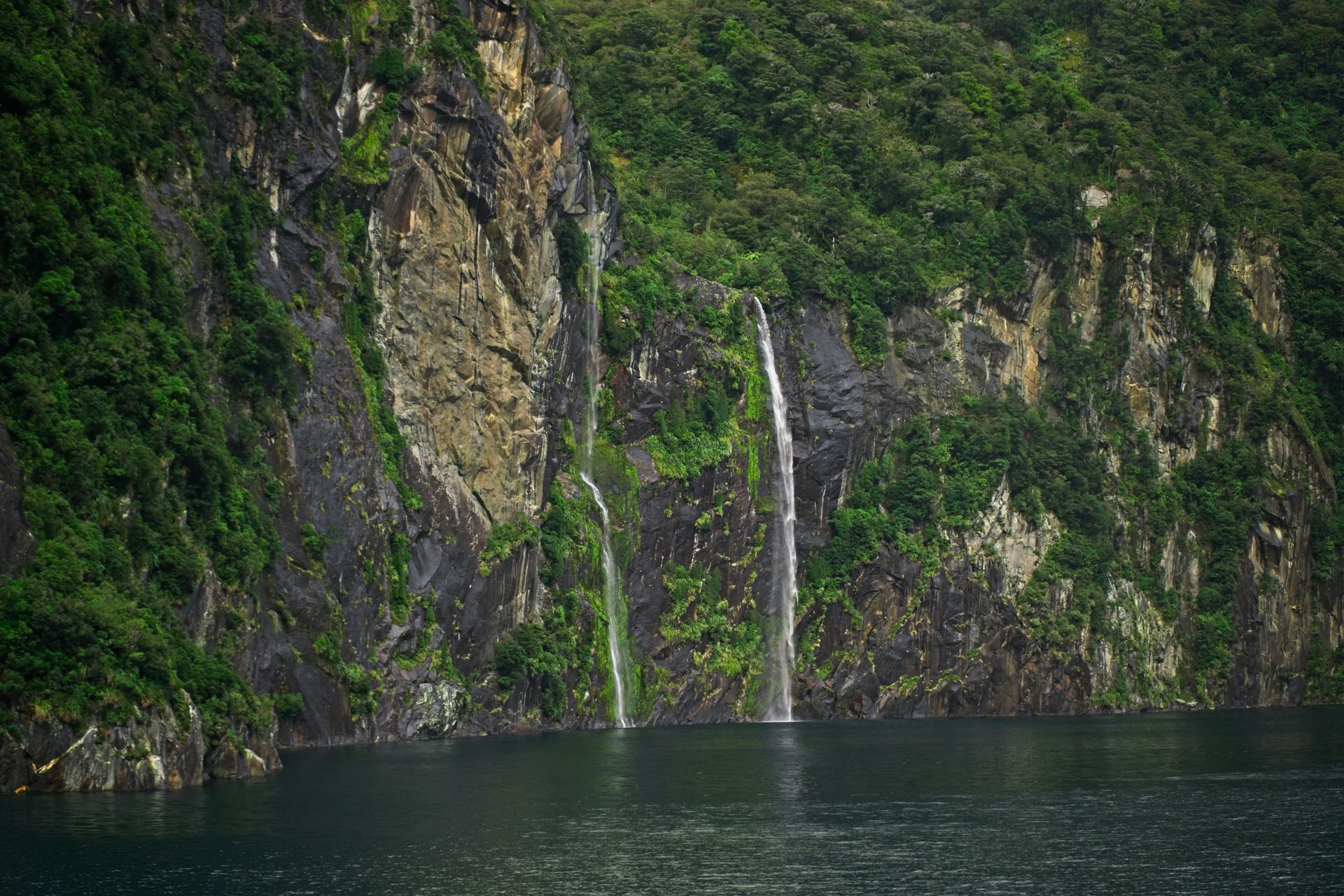
Slide title
Fiordland & The Milford Sound
Button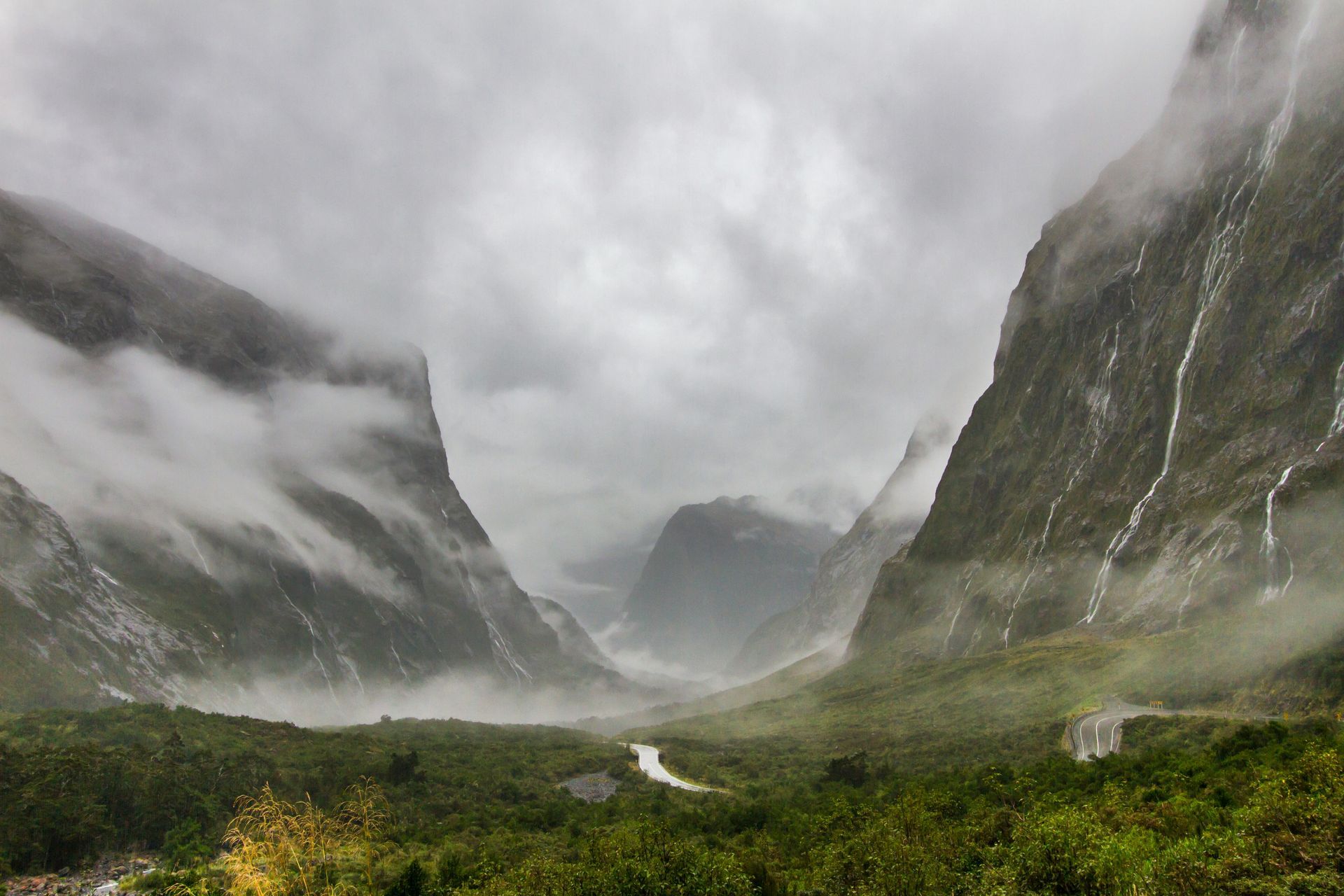
Slide title
Fiordland & The Milford Sound
Button
Slide title
Fiordland & The Milford Sound
Button
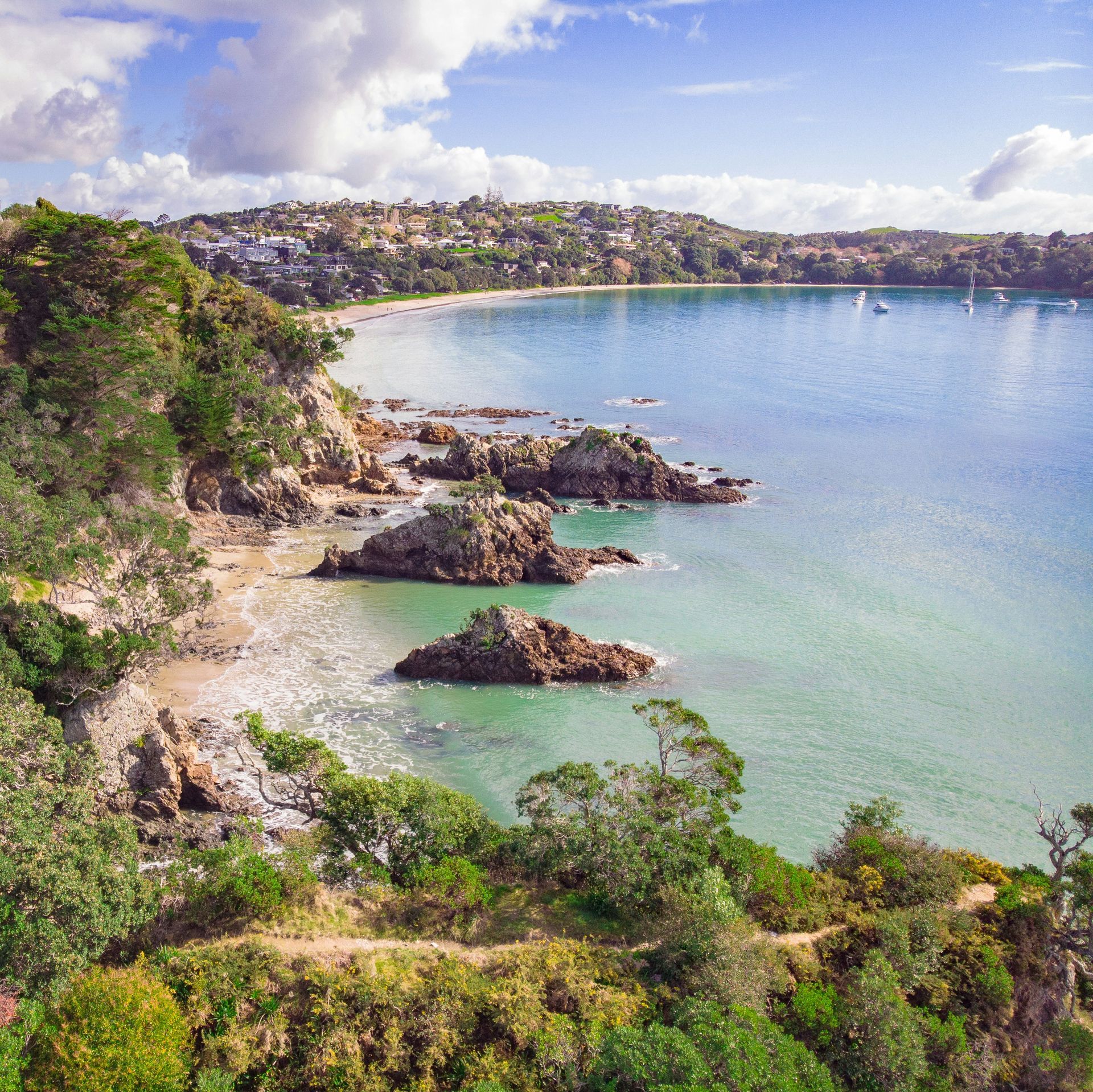
Slide title
Waiheke Island
Button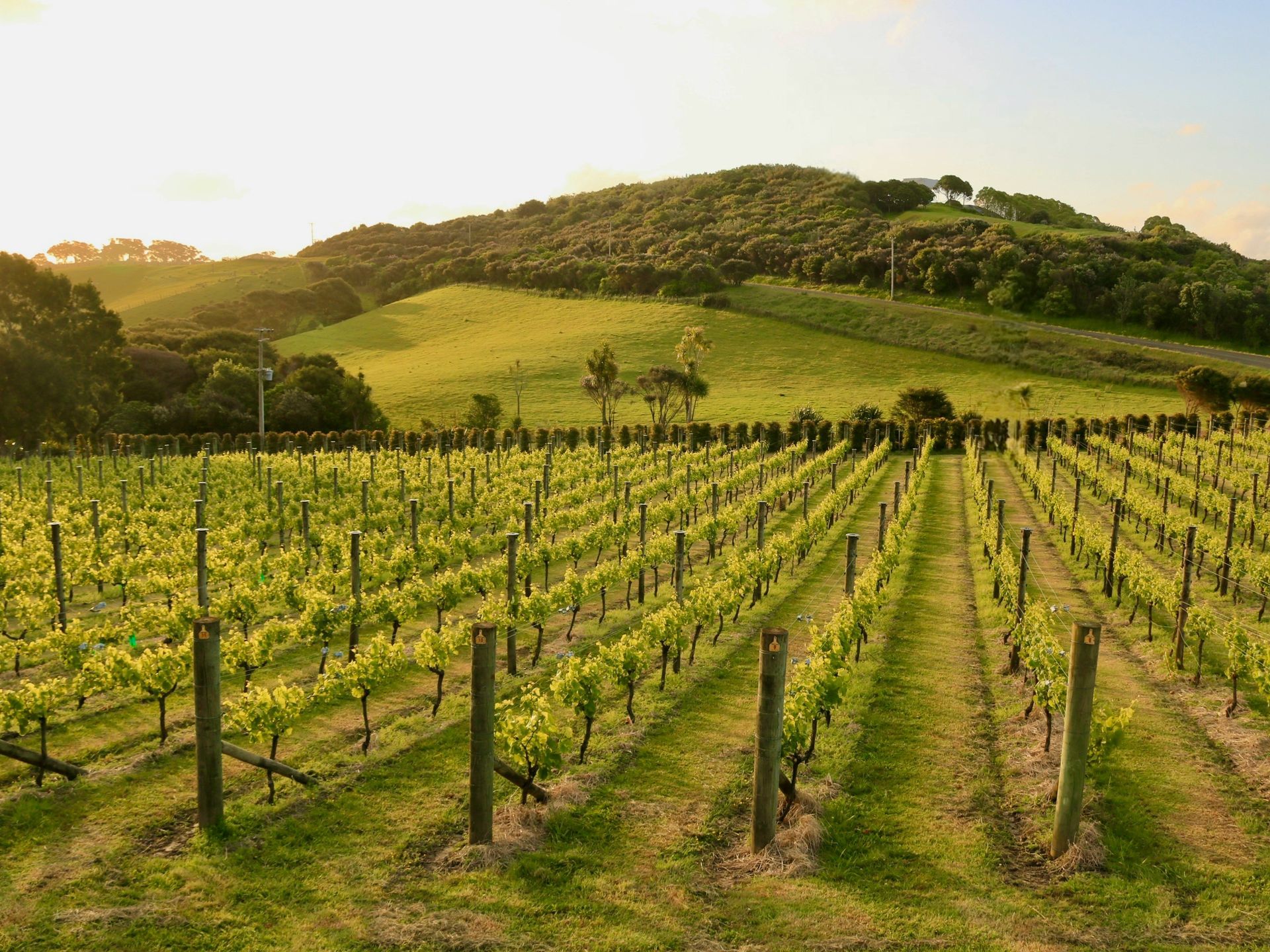
Slide title
Waiheke Island
Button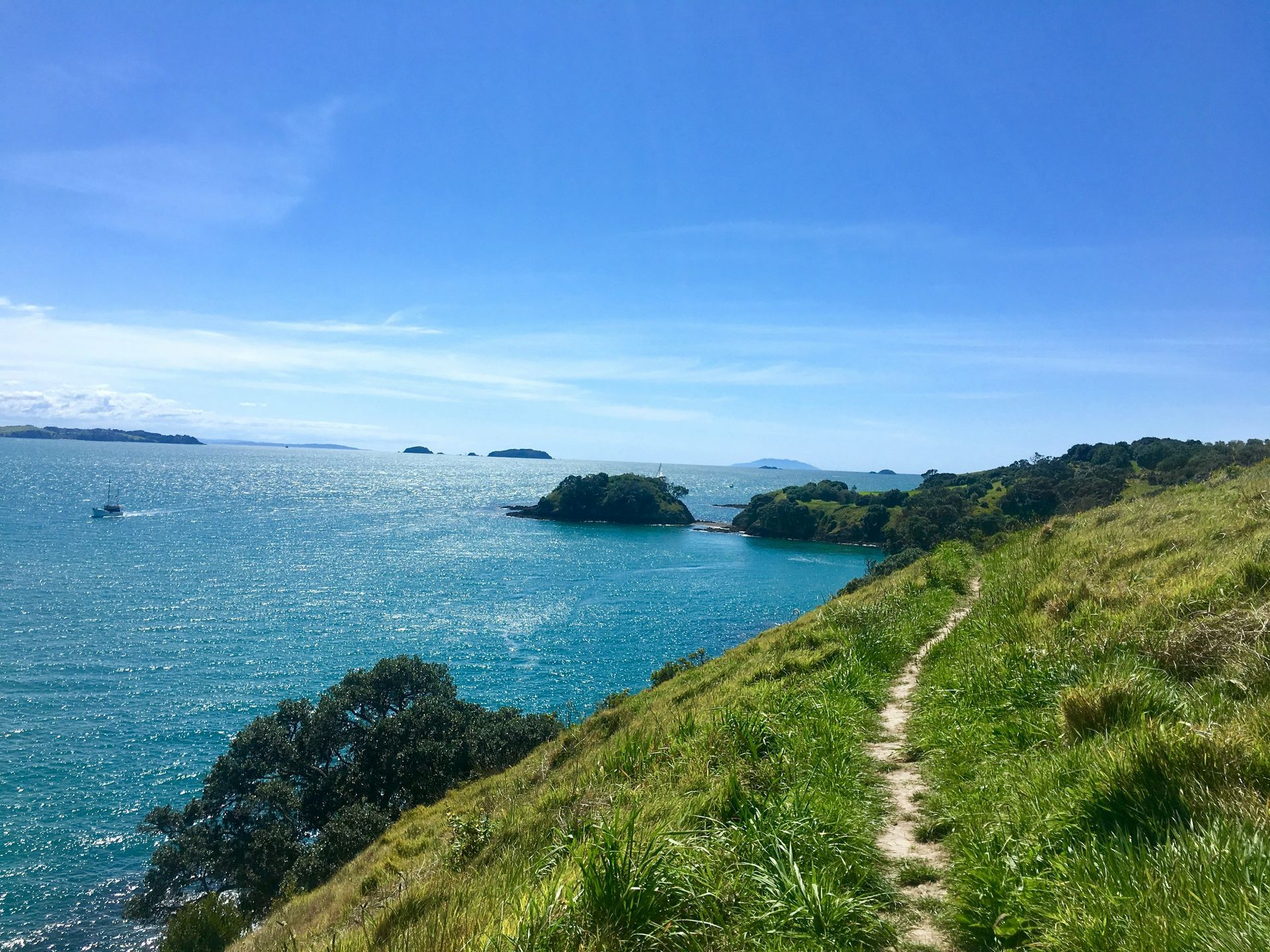
Slide title
Waiheke Island
Button
Slide title
Waiheke Island
Button
Slide title
Waiheke Island
Button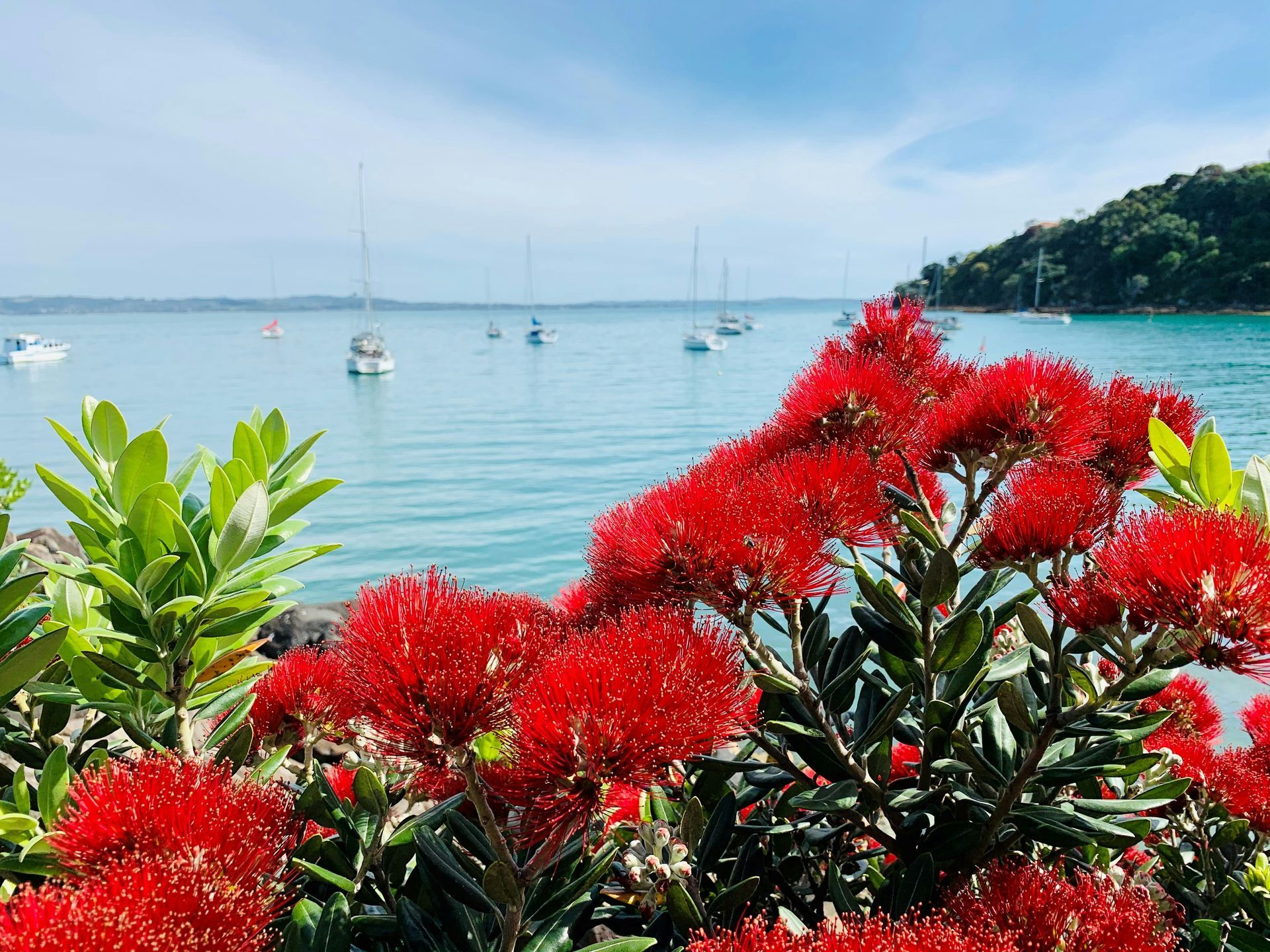
Slide title
Waiheke Island
Button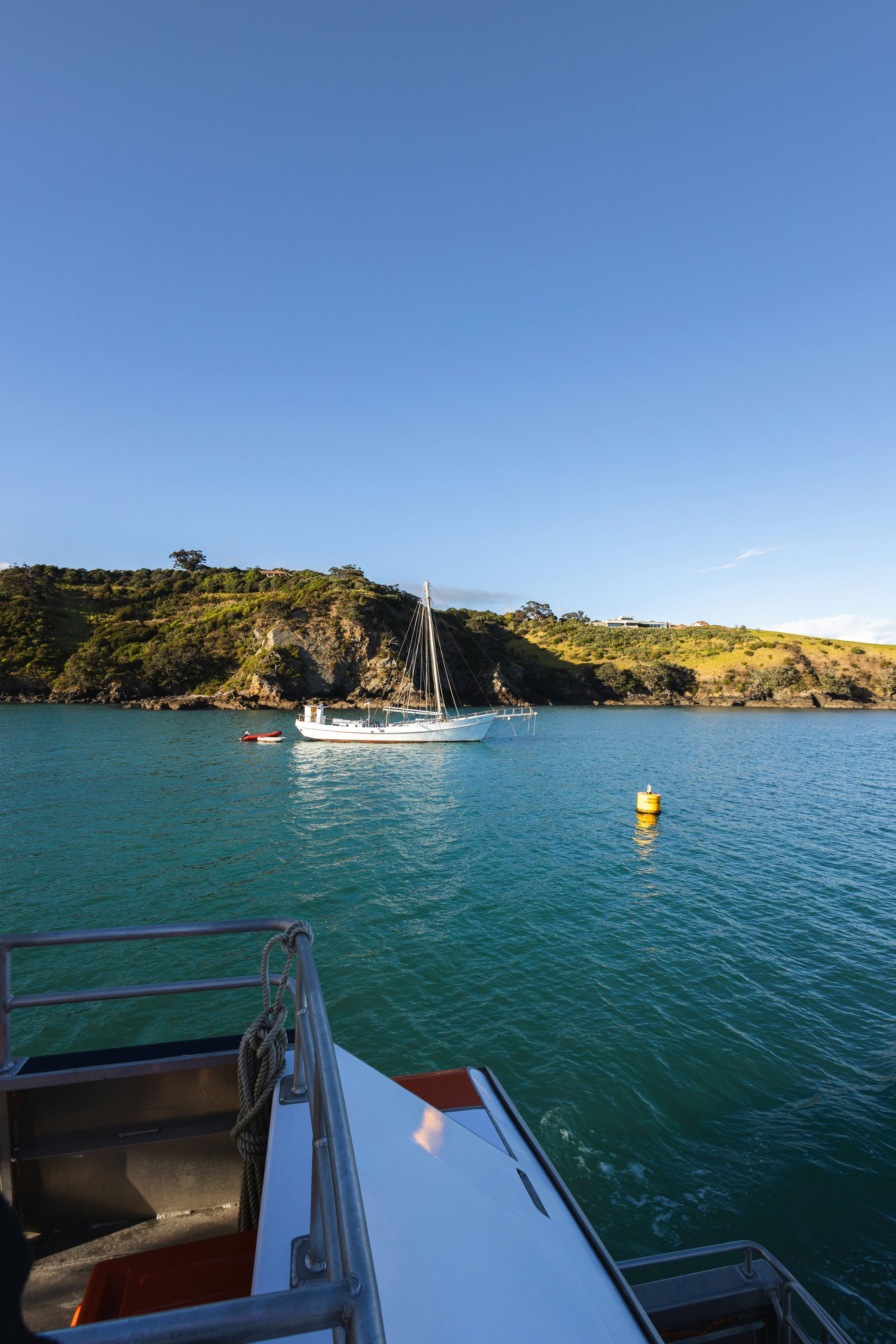
Slide title
Waiheke Island
Button
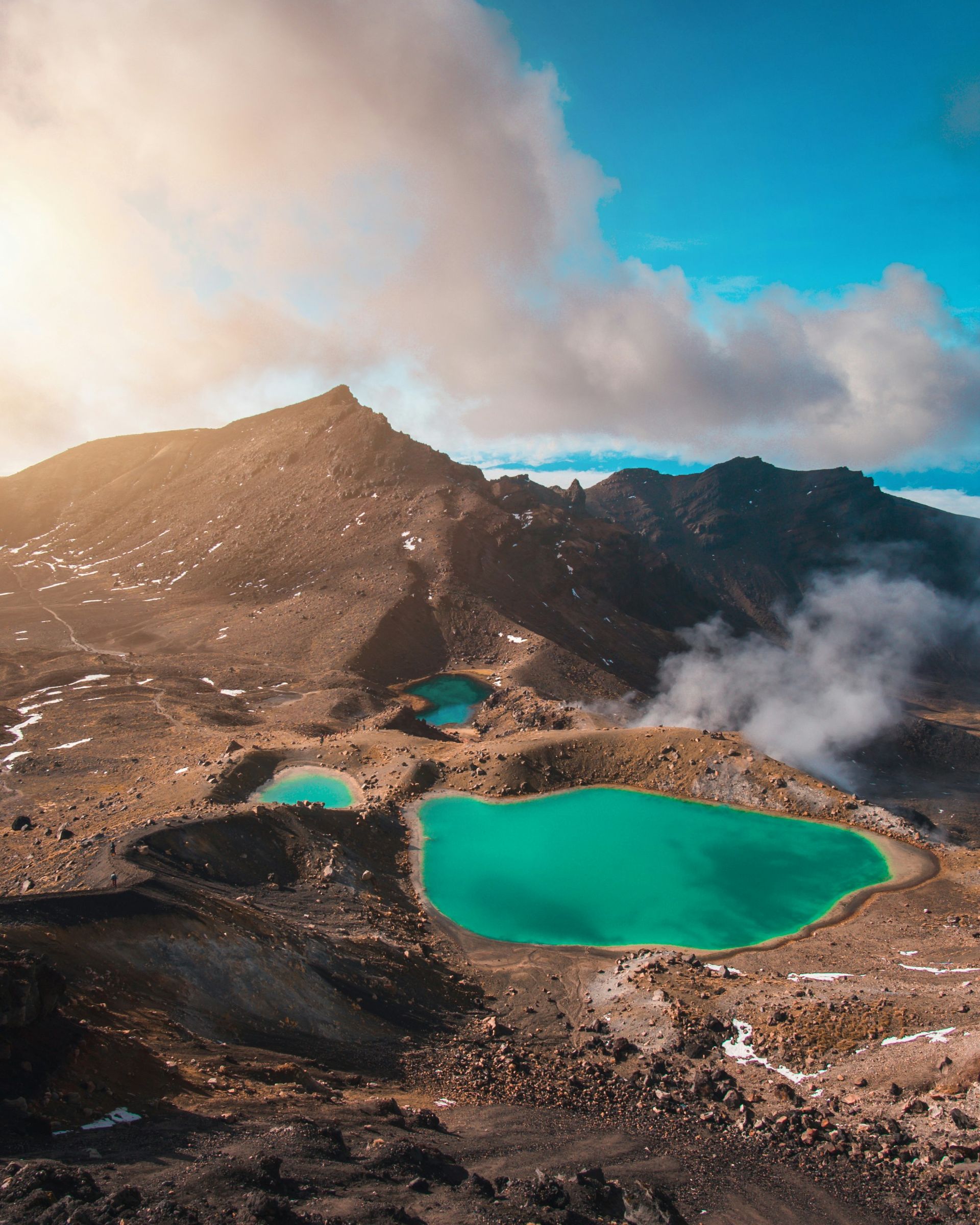
Slide title
Tongariro National Park
Button
Slide title
Tongariro National Park
Button
Slide title
Tongariro National Park
Button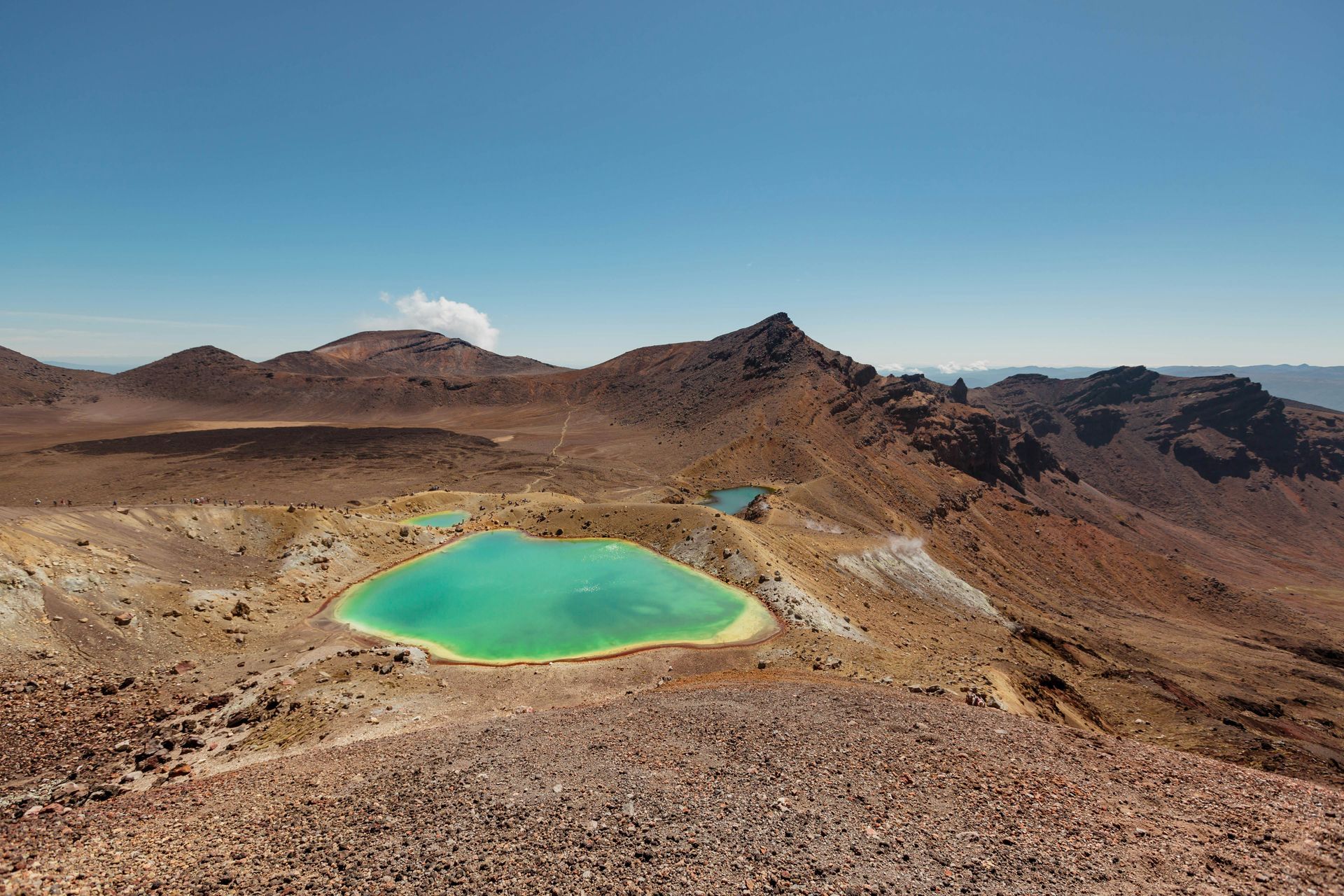
Slide title
Tongariro National Park
Button
Slide title
Tongariro National Park
Button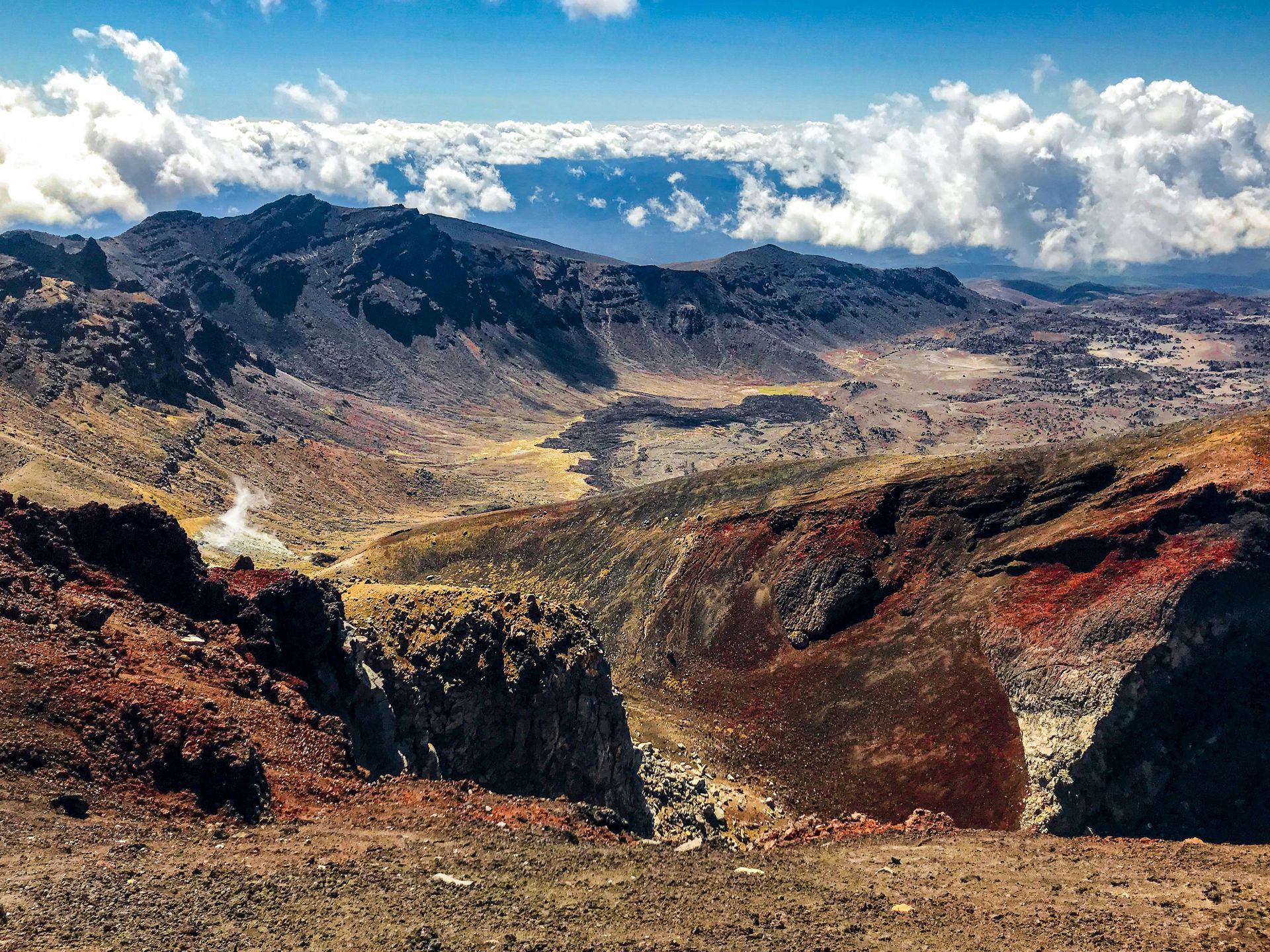
Slide title
Tongariro National Park
Button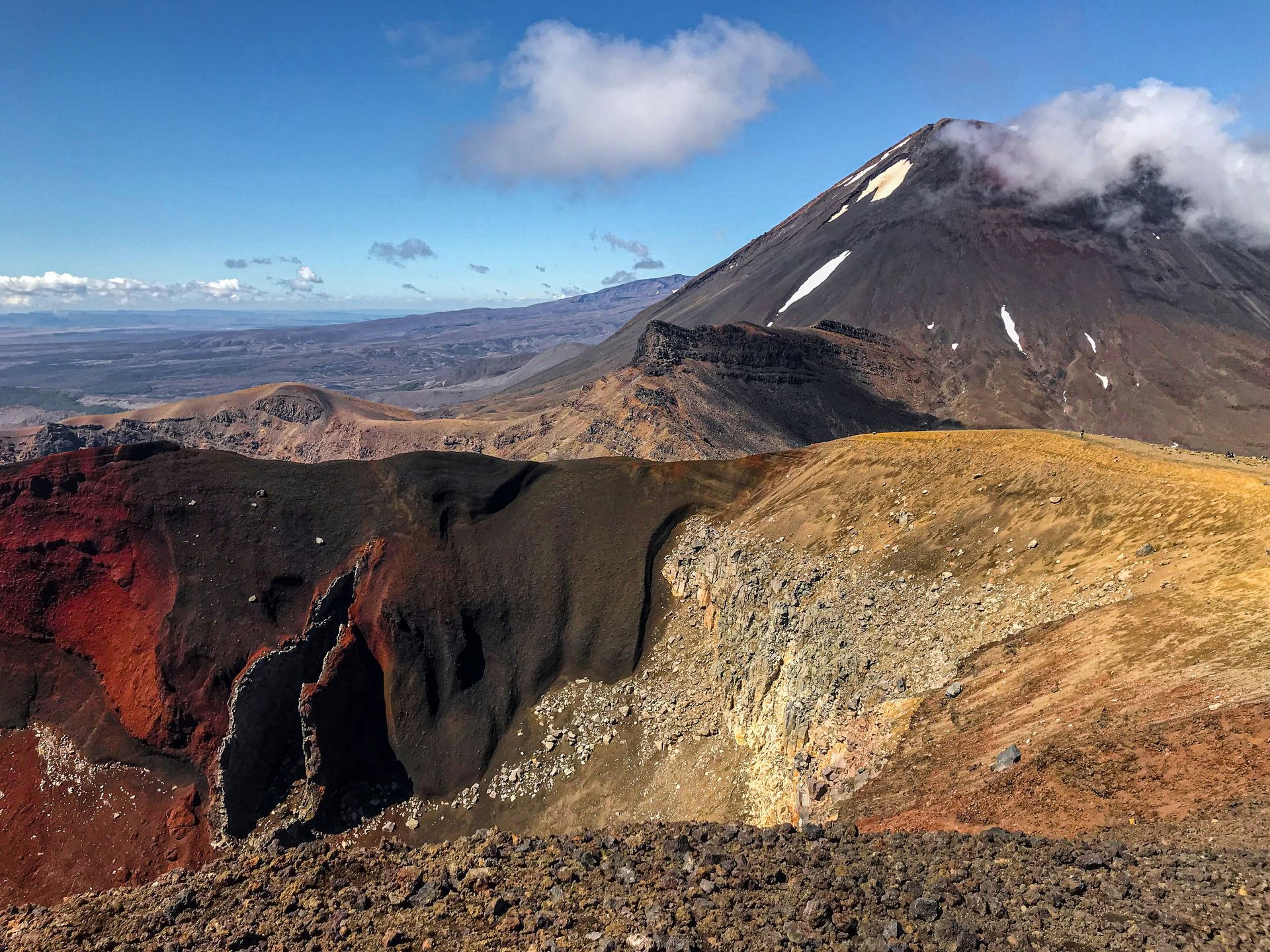
Slide title
Tongariro National Park
Button
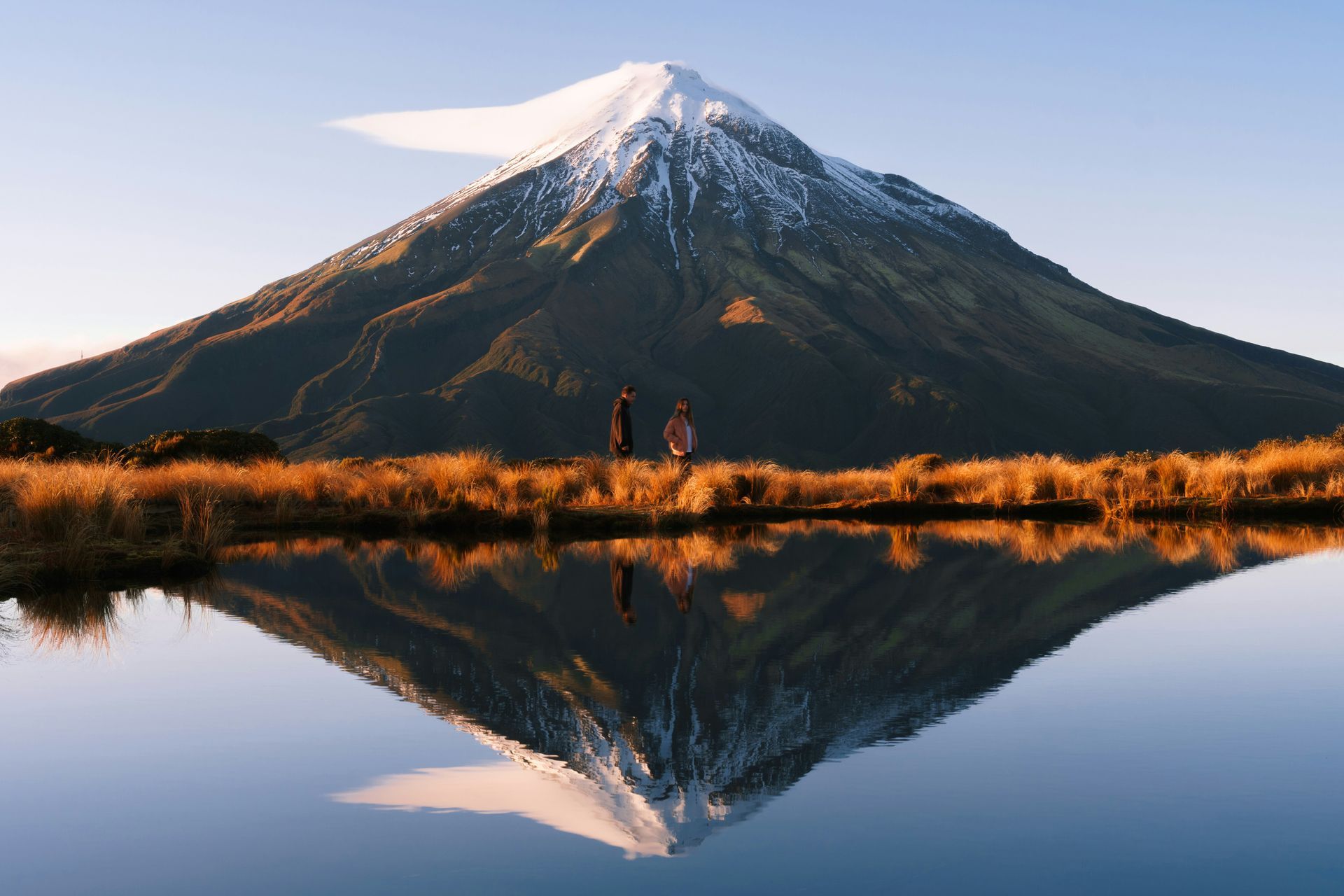
Slide title
Mount Taranaki
Button
Slide title
Mount Taranaki
Button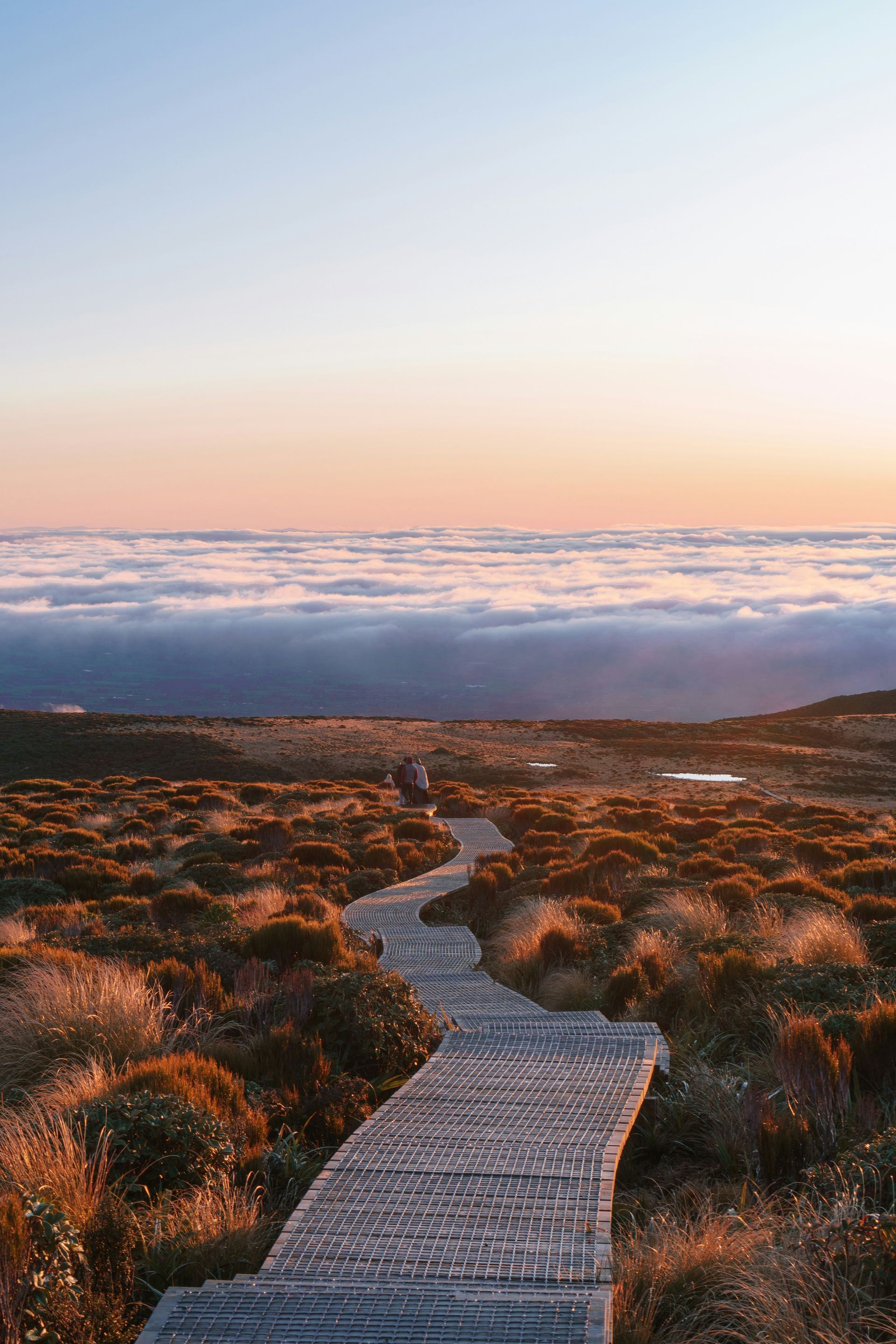
Slide title
Mount Taranaki
Button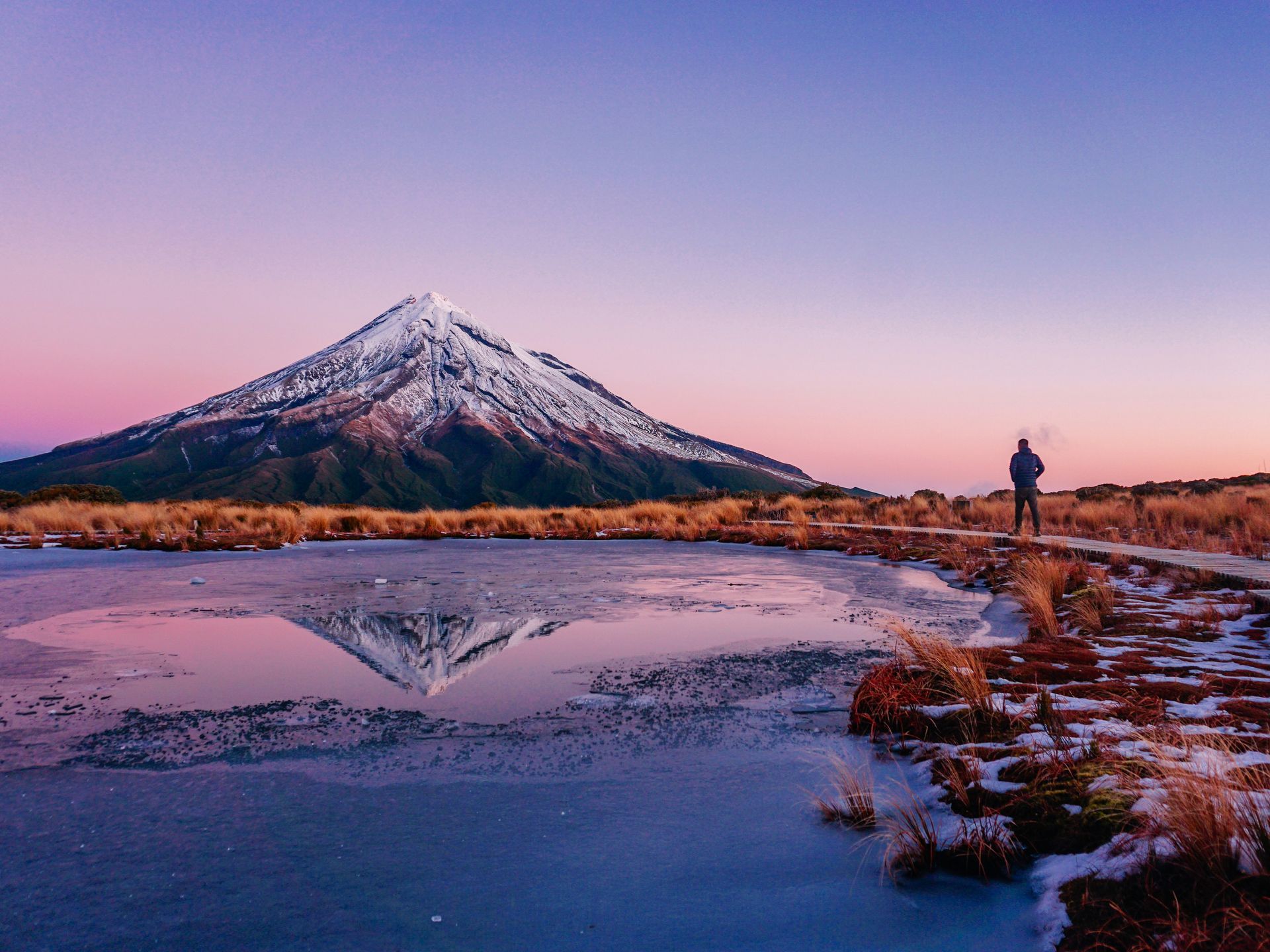
Slide title
Mount Taranaki
Button
Slide title
Mount Taranaki
Button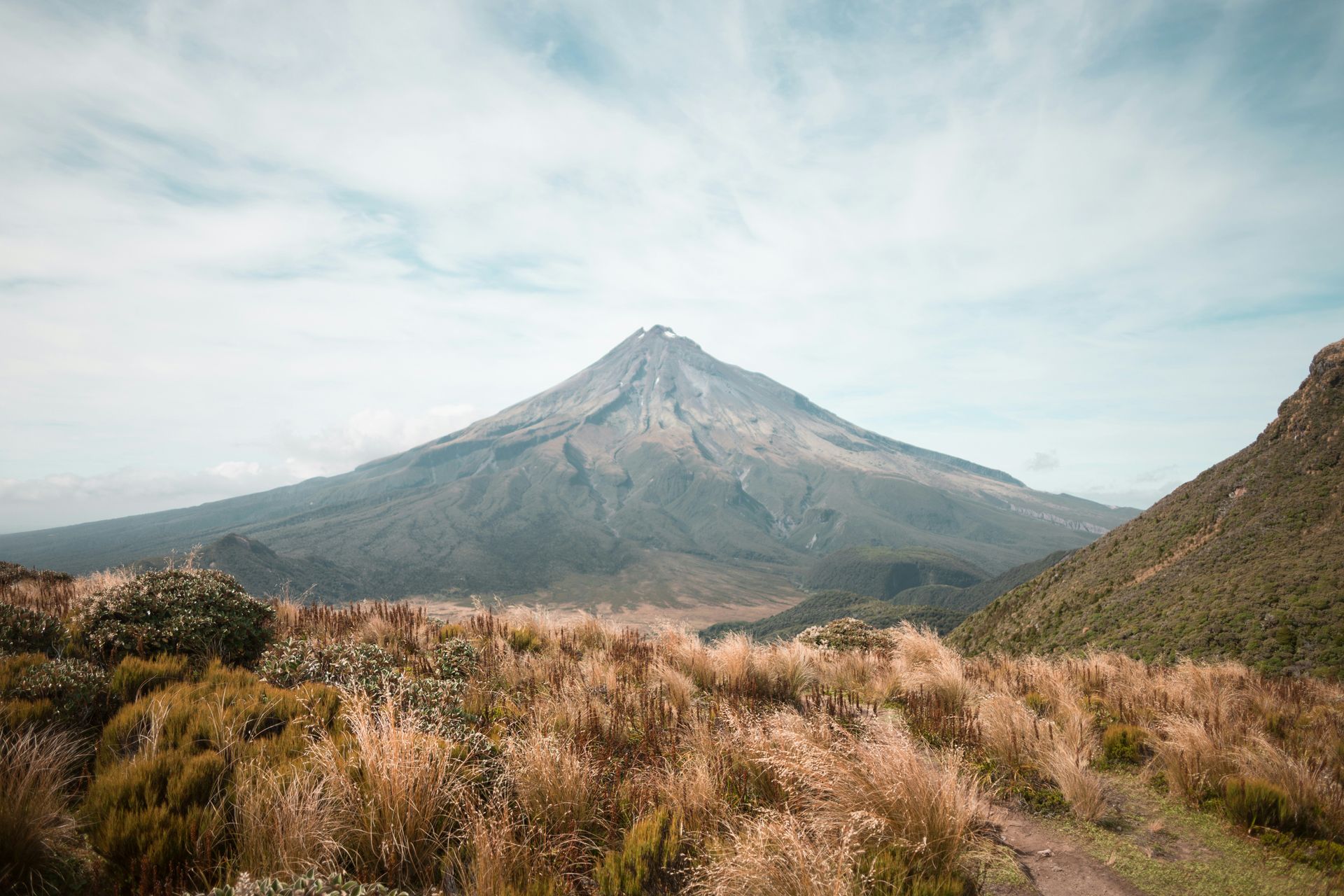
Slide title
Mount Taranaki
Button
Slide title
Mount Taranaki
Button
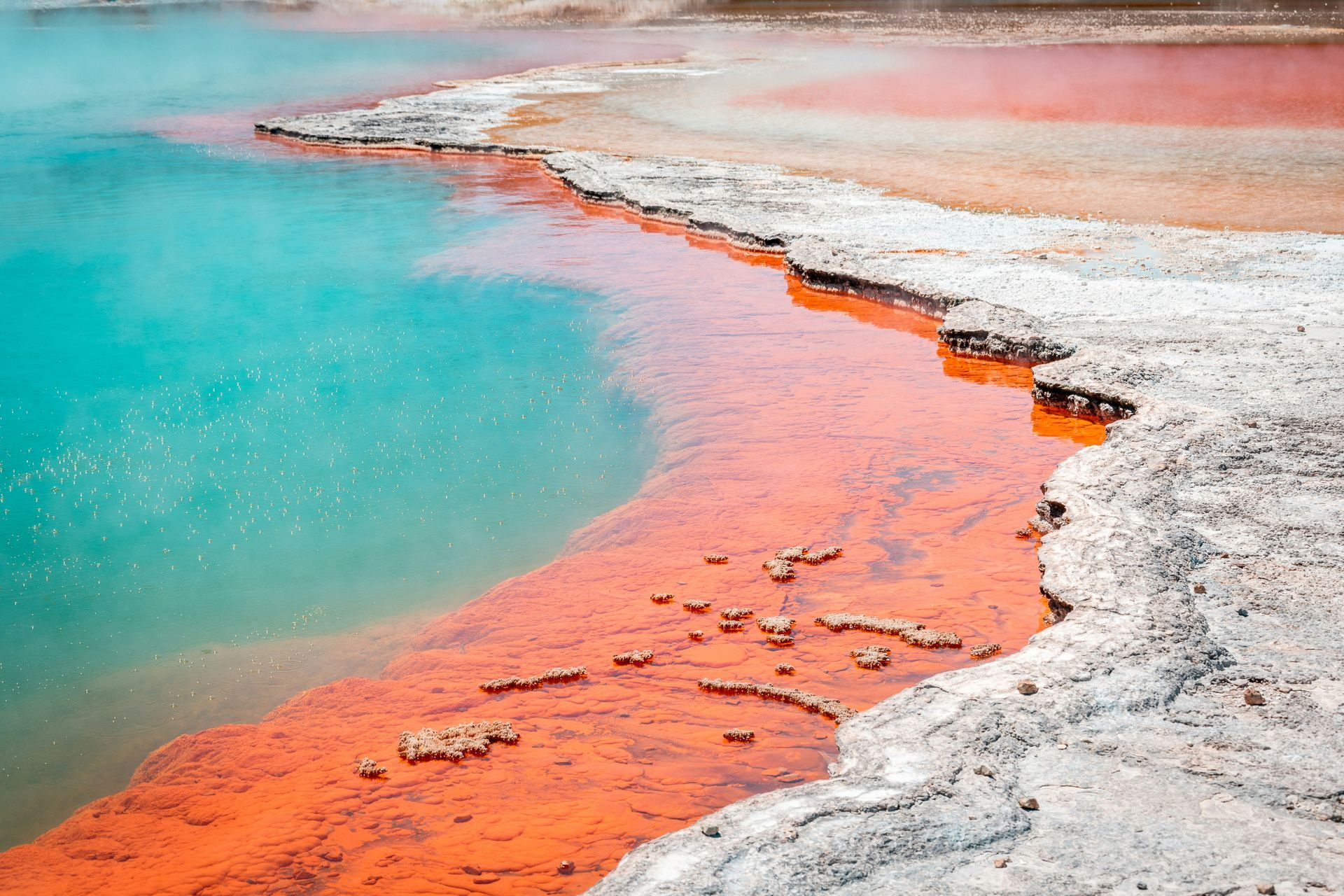
Slide title
Rotorua
Button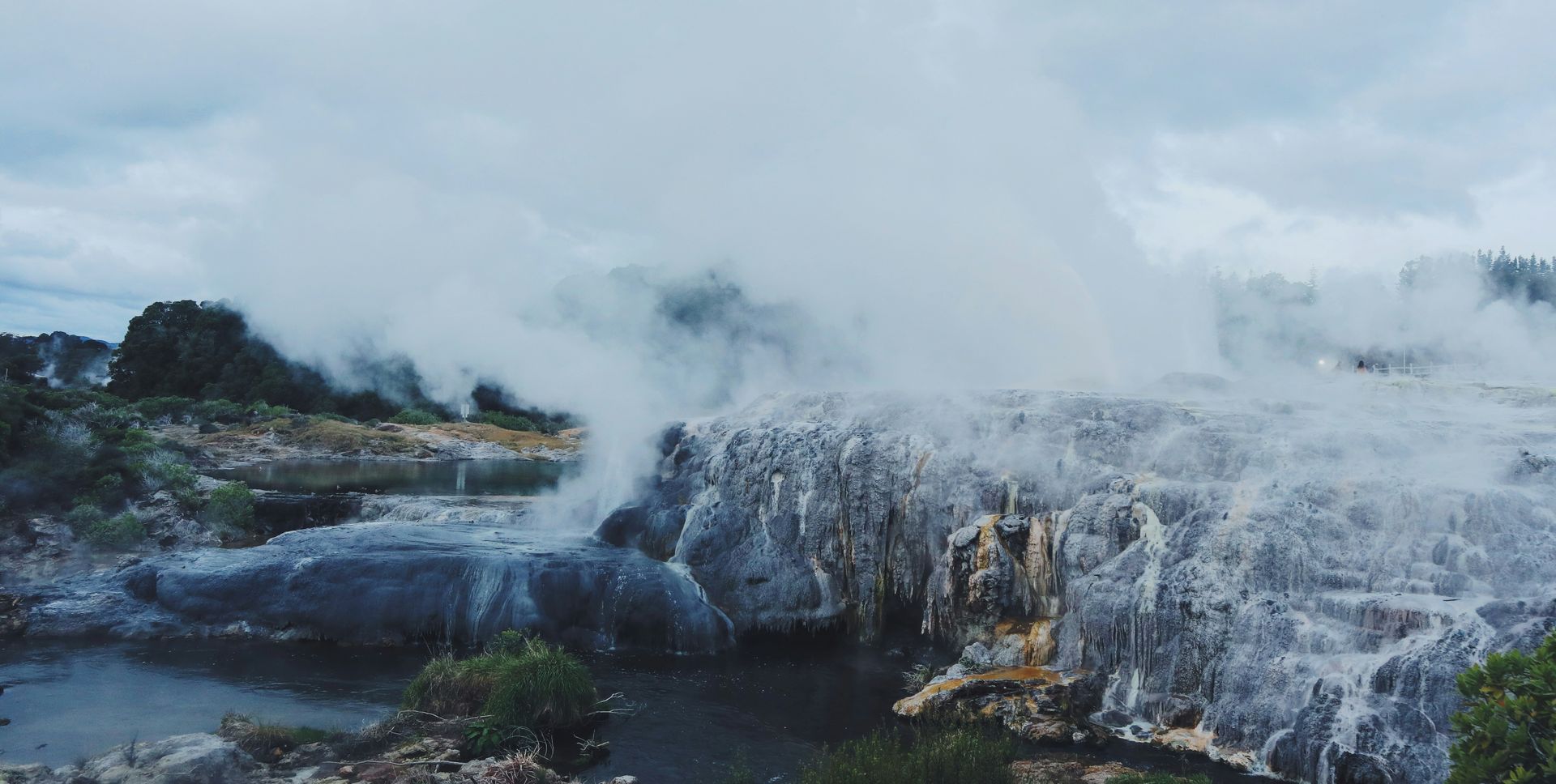
Slide title
Rotorua
Button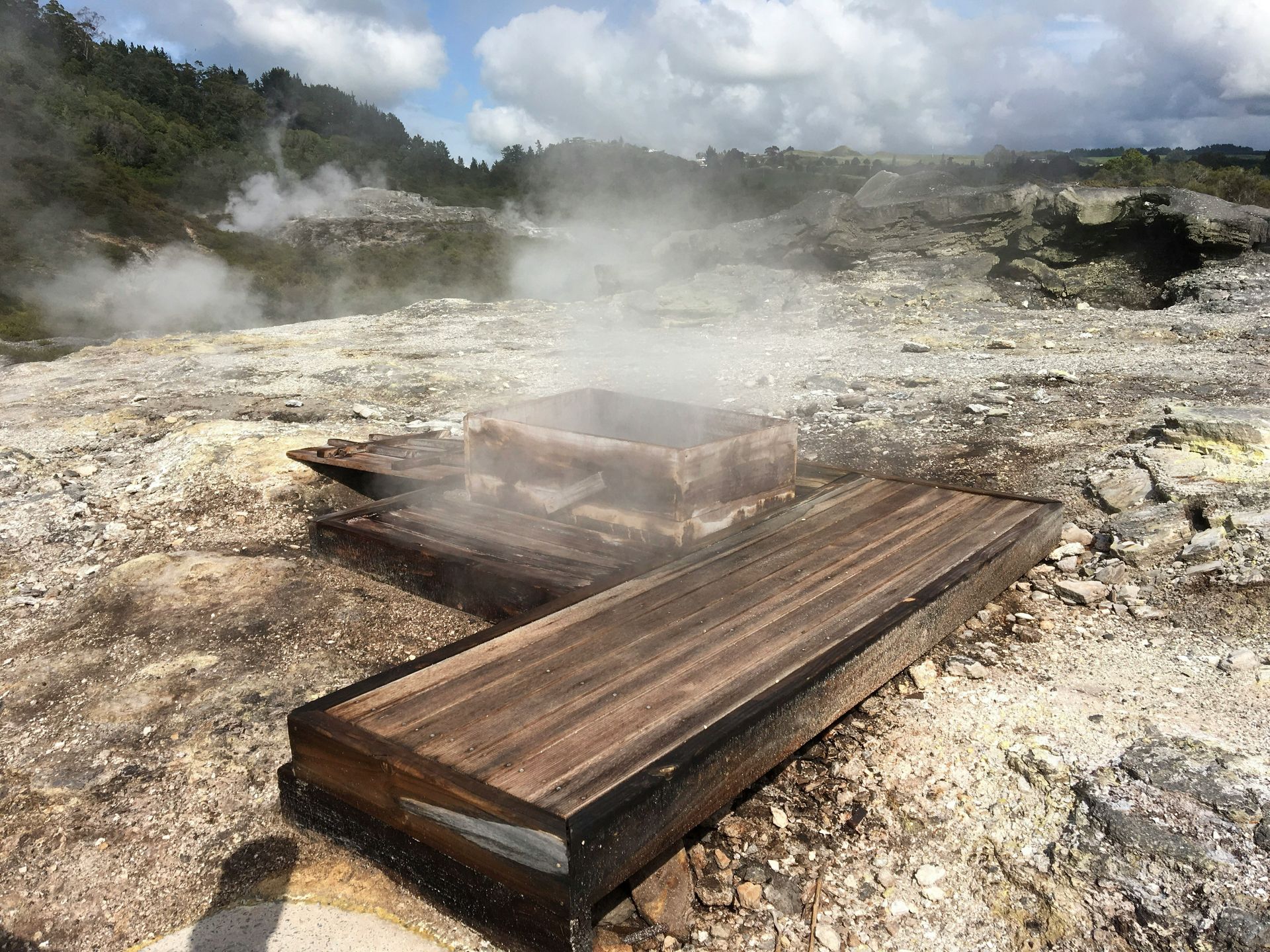
Slide title
Rotorua
Button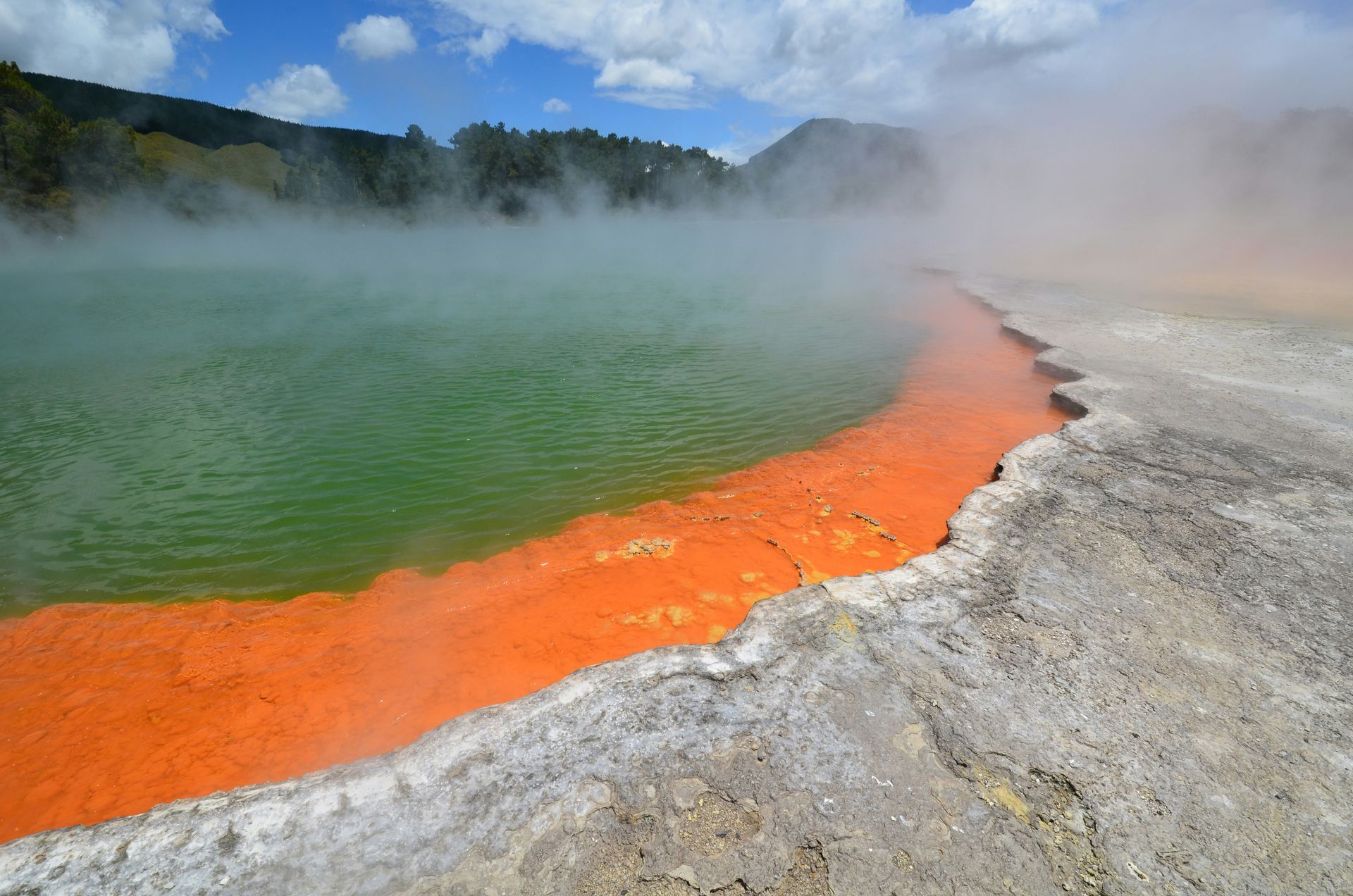
Slide title
Rotorua
Button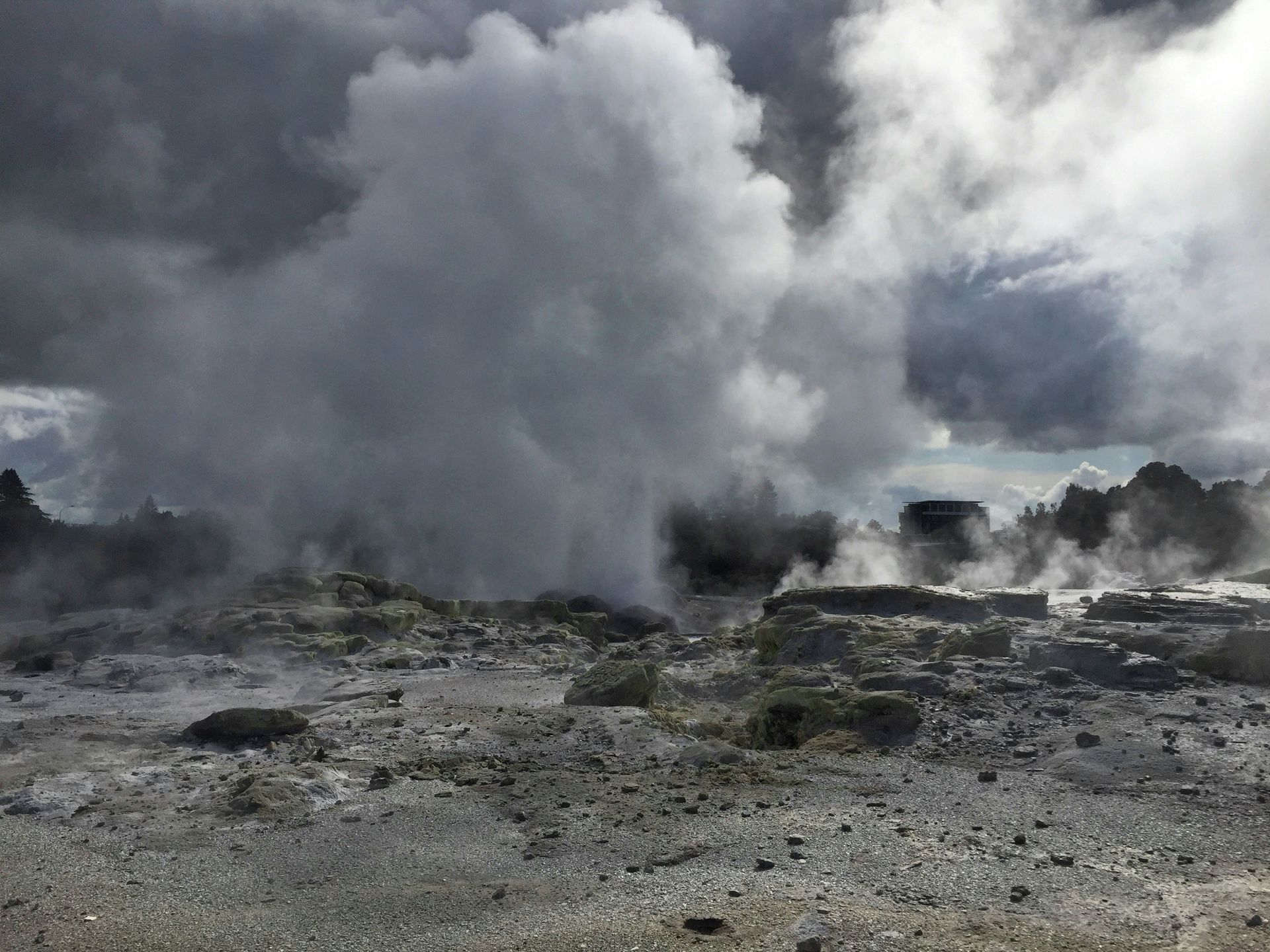
Slide title
Rotorua
Button
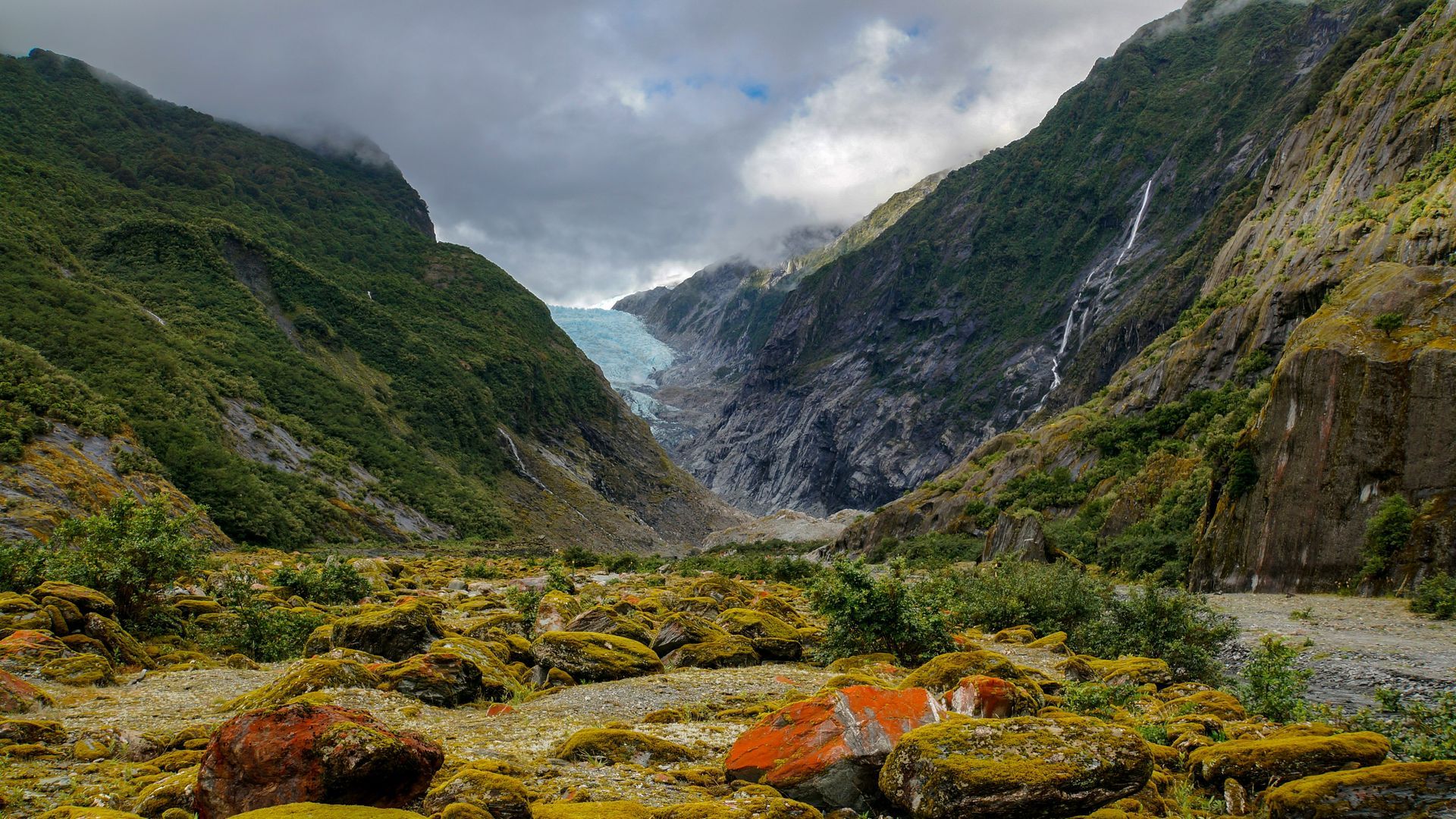
Slide title
Franz Josef Glacier
Button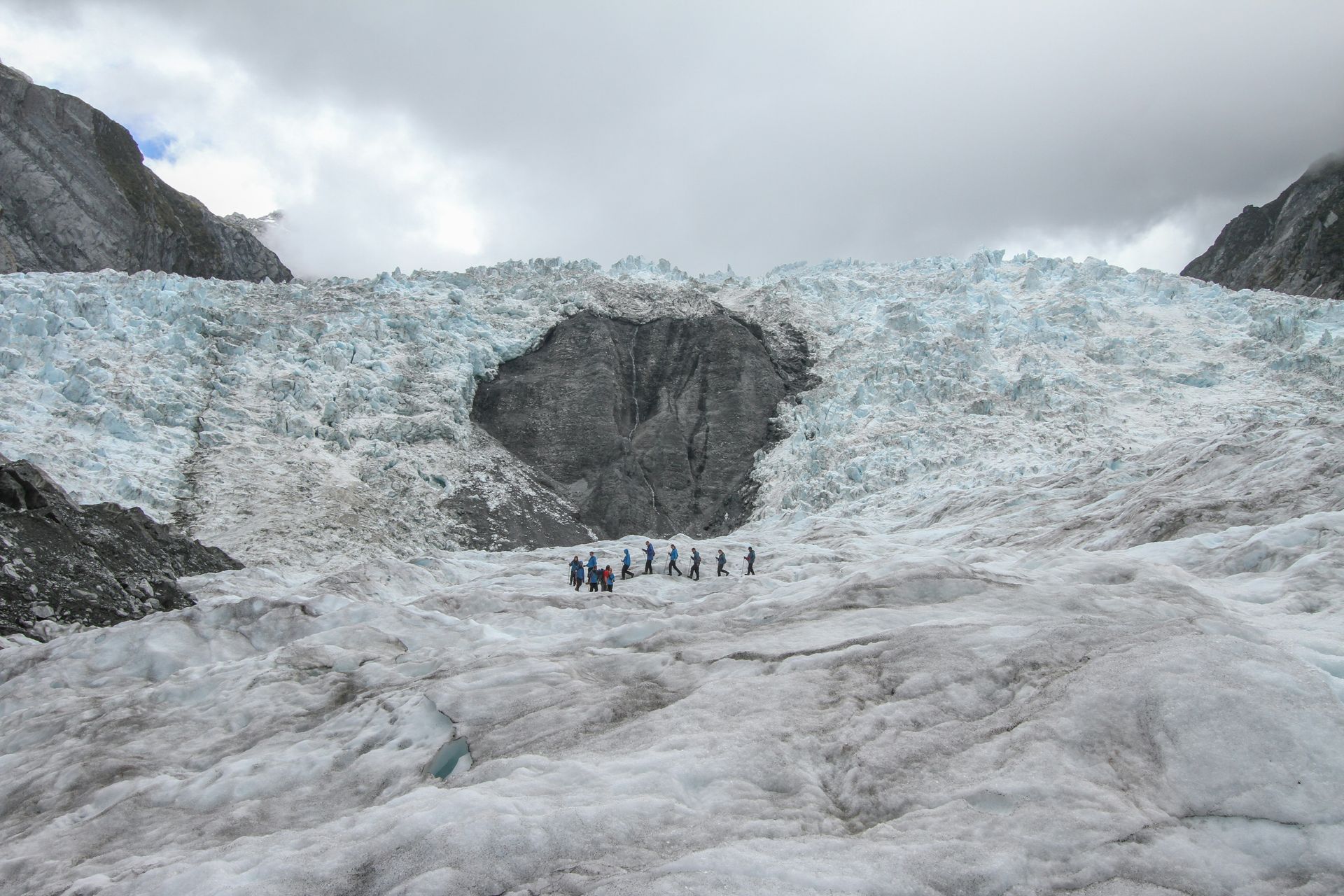
Slide title
Franz Josef Glacier
Button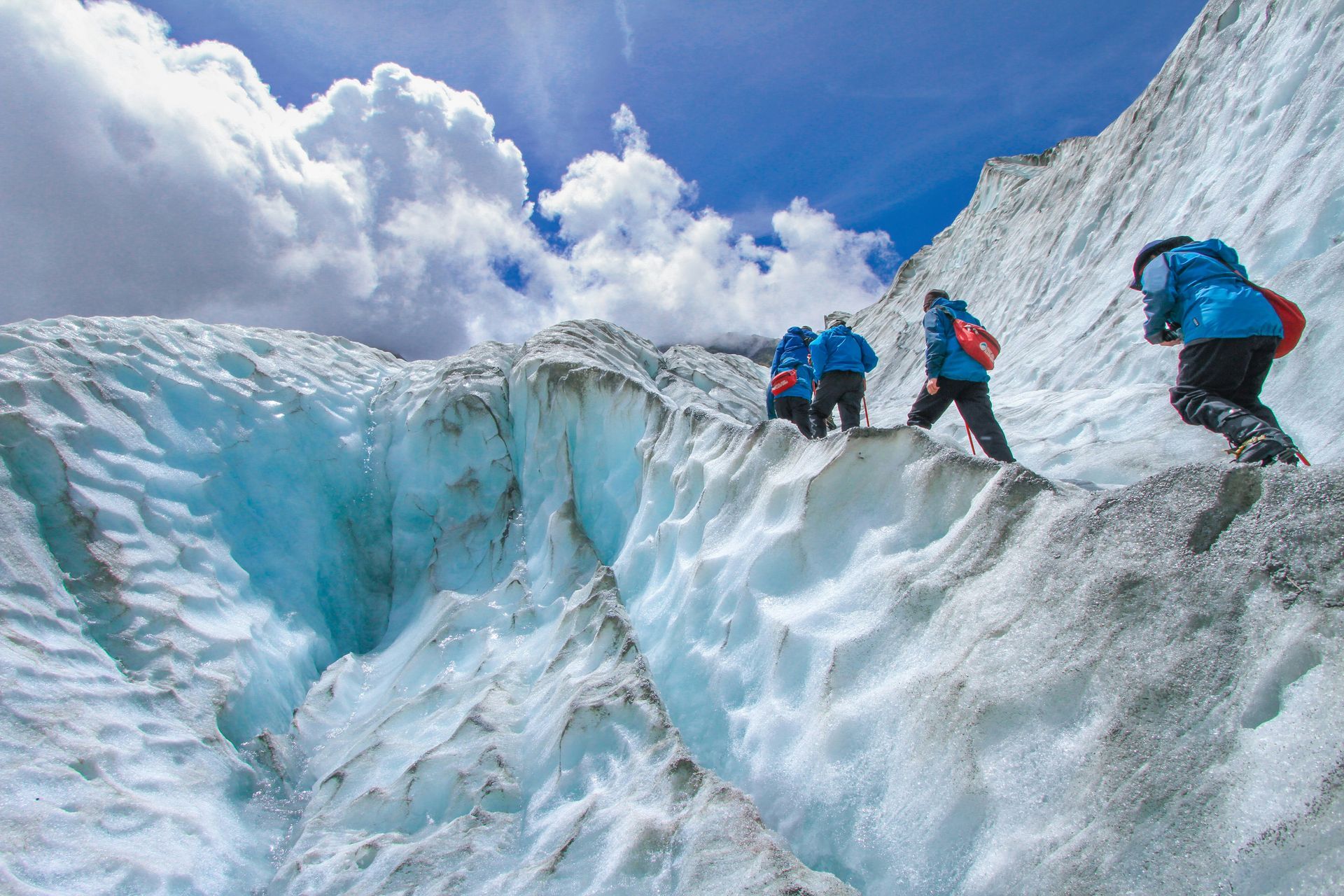
Slide title
Franz Josef Glacier
Button
Slide title
Franz Josef Glacier
Button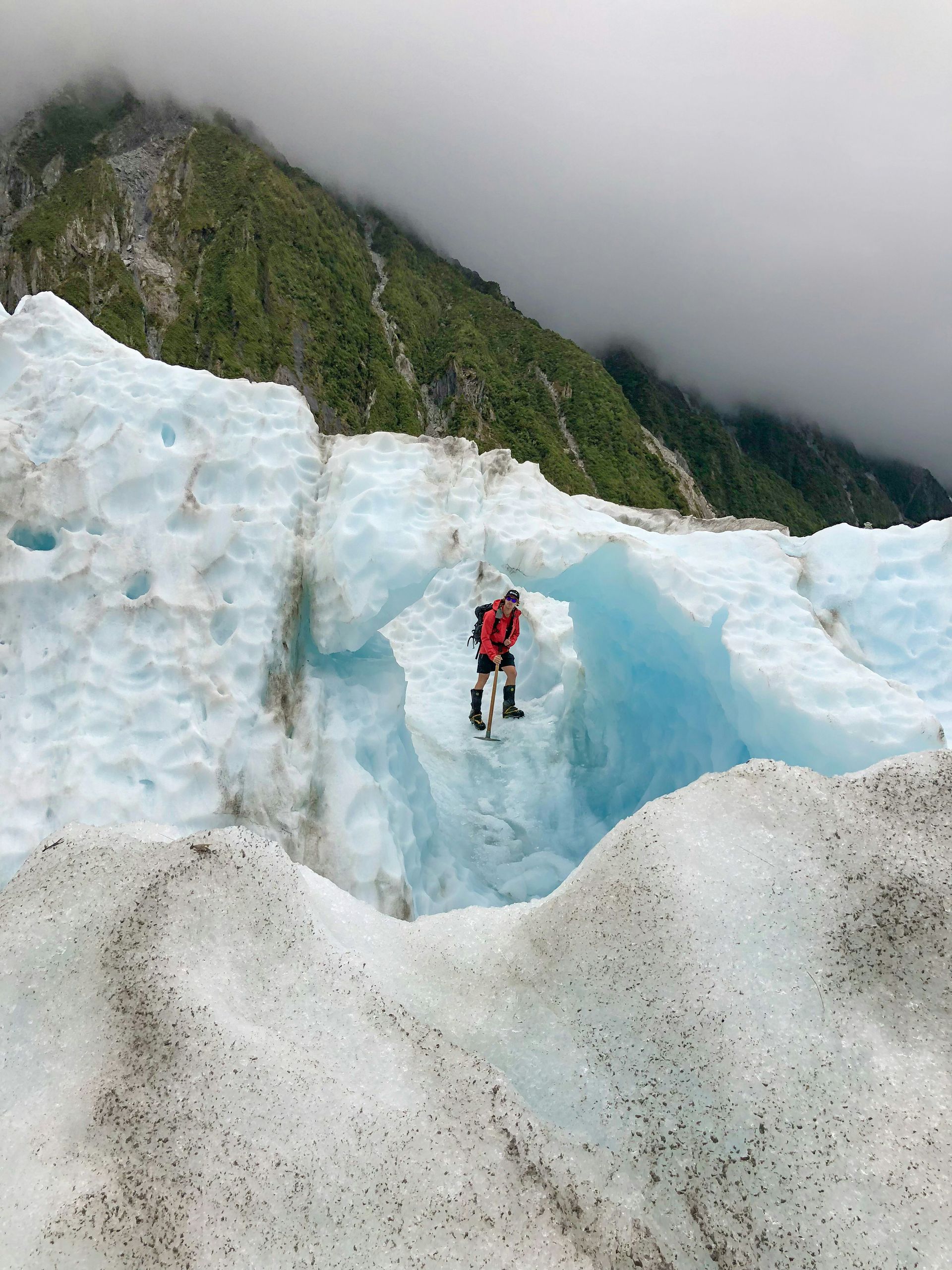
Slide title
Franz Josef Glacier
Button
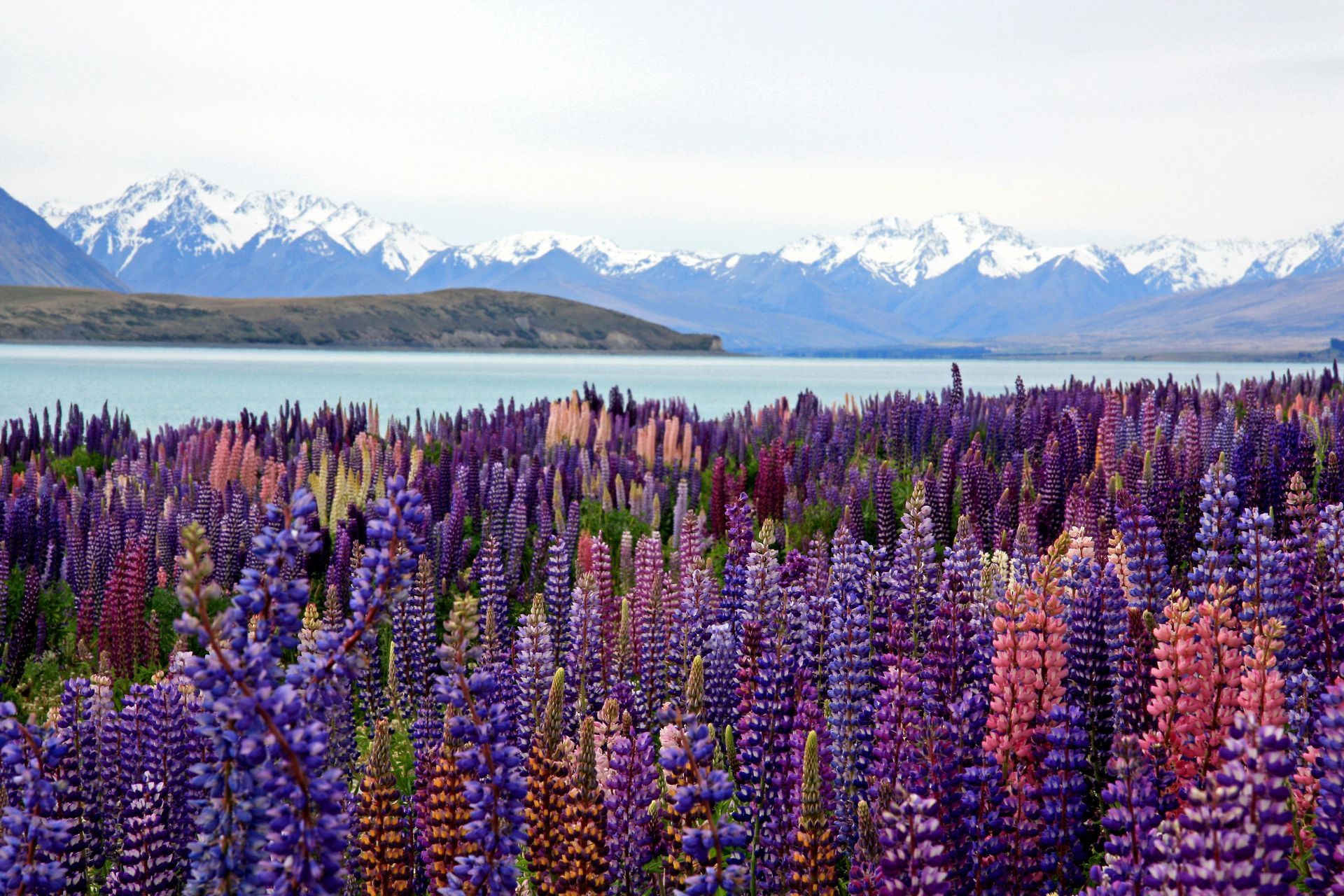
Slide title
Lake Tekapo
Button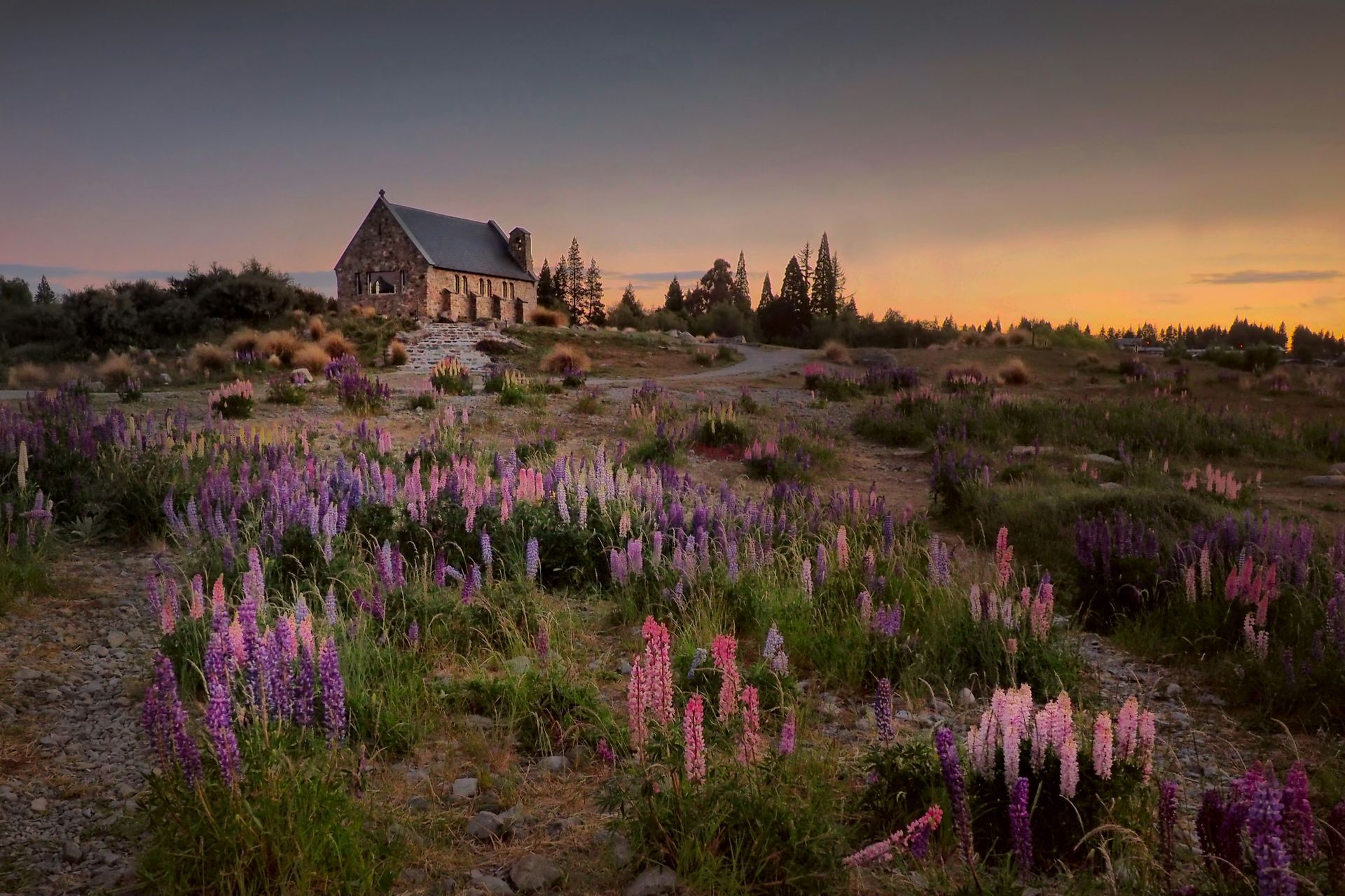
Slide title
Lake Tekapo
Button
Slide title
Lake Tekapo
Button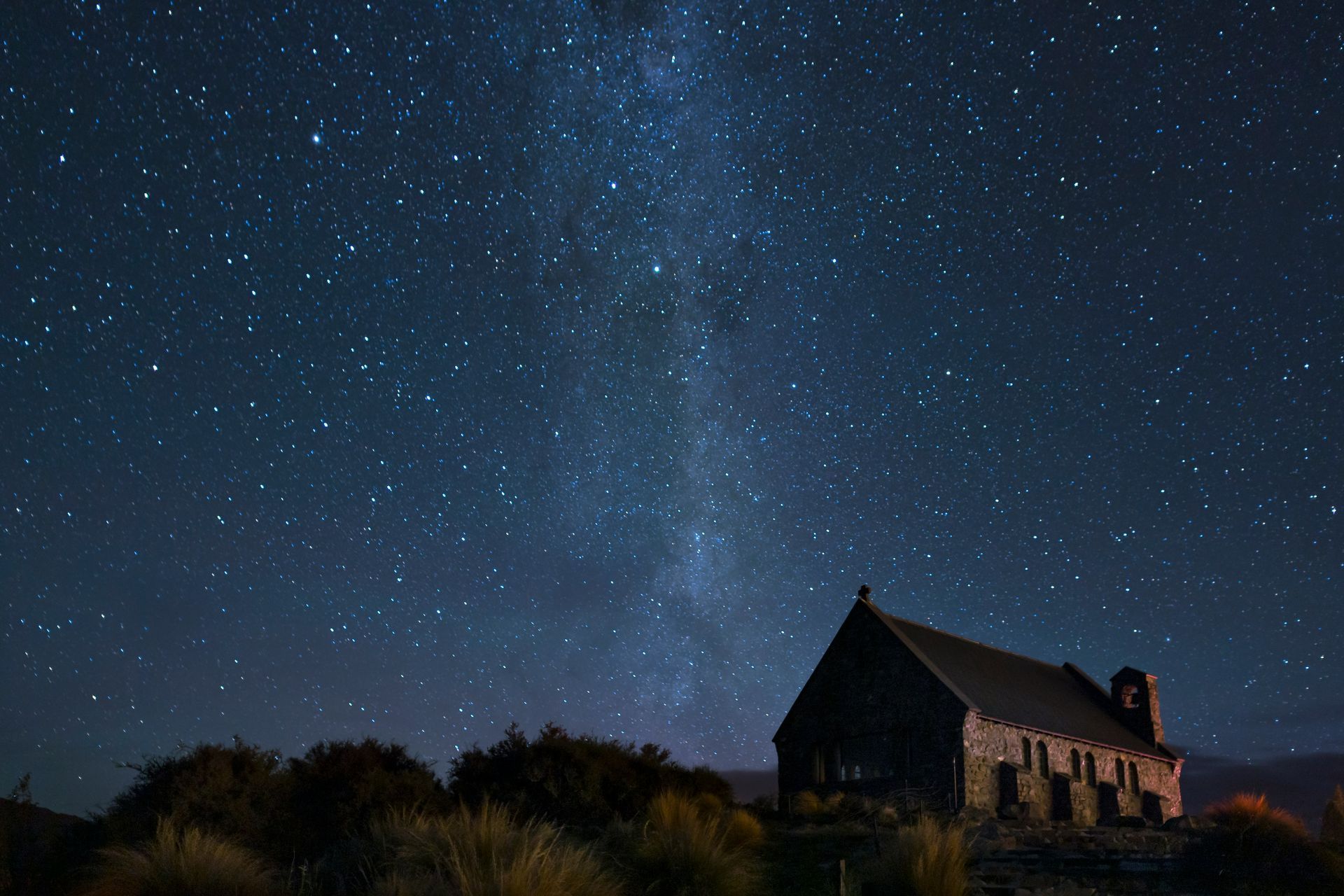
Slide title
Lake Tekapo
Button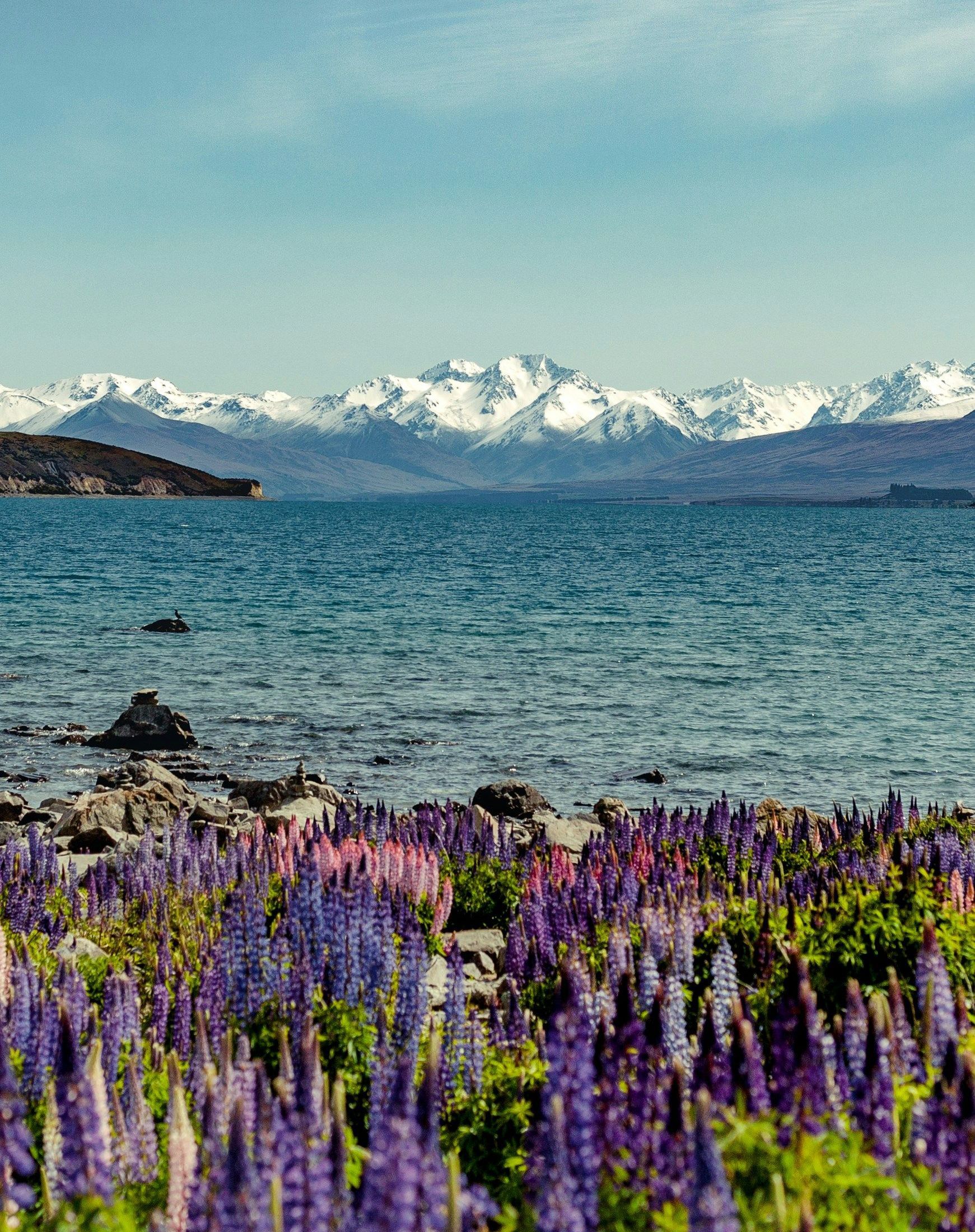
Slide title
Lake Tekapo
Button
Featured Destinations

Slide title
Queenstown
Button
Slide title
Queenstown
Button
Slide title
Queenstown
Button
Slide title
Queenstown
Button
Slide title
Queenstown
Button
Slide title
Queenstown
Button
Slide title
Queenstown
Button
Slide title
Queenstown
Button

Slide title
Wānaka
Button
Slide title
Wānaka
Button
Slide title
Wānaka
Button
Slide title
Wānaka
Button
Slide title
Wānaka
Button
Slide title
Wānaka
Button

Slide title
Mount Cook National Park
Button
Slide title
Mount Cook National Park
Button
Slide title
Mount Cook National Park
Button
Slide title
Mount Cook National Park
Button
Slide title
Mount Cook National Park
Button
Slide title
Mount Cook National Park
Button
Slide title
Mount Cook National Park
Button
Slide title
Mount Cook National Park
Button
Slide title
Mount Cook National Park
Button
Slide title
Mount Cook National Park
Button
Slide title
Mount Cook National Park
Button

Slide title
Kaikōura
Button
Slide title
Kaikōura
Button
Slide title
Kaikōura
Button
Slide title
Kaikōura
Button
Slide title
Kaikōura
Button
Slide title
Kaikōura
Button
Slide title
Kaikōura
Button
Slide title
Kaikōura
Button
Slide title
Kaikōura
Button
Slide title
Kaikōura
Button

Slide title
Matamata
Button
Slide title
Matamata
Button
Slide title
Matamata
Button
Slide title
Matamata
Button
Slide title
Matamata
Button
Slide title
Matamata
Button
Slide title
Matamata
Button
Slide title
Matamata
Button
Slide title
Matamata
Button
Slide title
Matamata
Button
Slide title
Matamata
Button

Slide title
Fiordland & The Milford Sound
Button
Slide title
Fiordland & The Milford Sound
Button
Slide title
Fiordland & The Milford Sound
Button
Slide title
Fiordland & The Milford Sound
Button
Slide title
Fiordland & The Milford Sound
Button
Slide title
Fiordland & The Milford Sound
Button
Slide title
Fiordland & The Milford Sound
Button
Slide title
Fiordland & The Milford Sound
Button
Slide title
Fiordland & The Milford Sound
Button

Slide title
Waiheke Island
Button
Slide title
Waiheke Island
Button
Slide title
Waiheke Island
Button
Slide title
Waiheke Island
Button
Slide title
Waiheke Island
Button
Slide title
Waiheke Island
Button
Slide title
Waiheke Island
Button

Slide title
Tongariro National Park
Button
Slide title
Tongariro National Park
Button
Slide title
Tongariro National Park
Button
Slide title
Tongariro National Park
Button
Slide title
Tongariro National Park
Button
Slide title
Tongariro National Park
Button
Slide title
Tongariro National Park
Button

Slide title
Mount Taranaki
Button
Slide title
Mount Taranaki
Button
Slide title
Mount Taranaki
Button
Slide title
Mount Taranaki
Button
Slide title
Mount Taranaki
Button
Slide title
Mount Taranaki
Button
Slide title
Mount Taranaki
Button

Slide title
Rotorua
Button
Slide title
Rotorua
Button
Slide title
Rotorua
Button
Slide title
Rotorua
Button
Slide title
Rotorua
Button

Slide title
Franz Josef Glacier
Button
Slide title
Franz Josef Glacier
Button
Slide title
Franz Josef Glacier
Button
Slide title
Franz Josef Glacier
Button
Slide title
Franz Josef Glacier
Button

Slide title
Lake Tekapo
Button
Slide title
Lake Tekapo
Button
Slide title
Lake Tekapo
Button
Slide title
Lake Tekapo
Button
Slide title
Lake Tekapo
Button
Māori Heritage
The Māori are the indigenous people of New Zealand, with a heritage that traces back over a thousand years. Their ancestors arrived from Polynesia by sea, navigating vast distances using stars, ocean currents, and traditional knowledge to settle in Aotearoa—“the land of the long white cloud.” Over centuries, the Māori developed a distinct culture, with strong ties to the land, complex tribal structures, and rich traditions in carving, weaving, storytelling, and oral history. The arrival of Europeans in the 18th century brought significant change, including the signing of the Treaty of Waitangi in 1840, which remains a foundational document in New Zealand’s legal and cultural landscape. Despite facing challenges through colonization and land loss, Māori culture has endured and experienced a powerful resurgence, playing a central role in shaping New Zealand’s identity today.
Love this destination?
Have Viking Travel book your next getaway!






